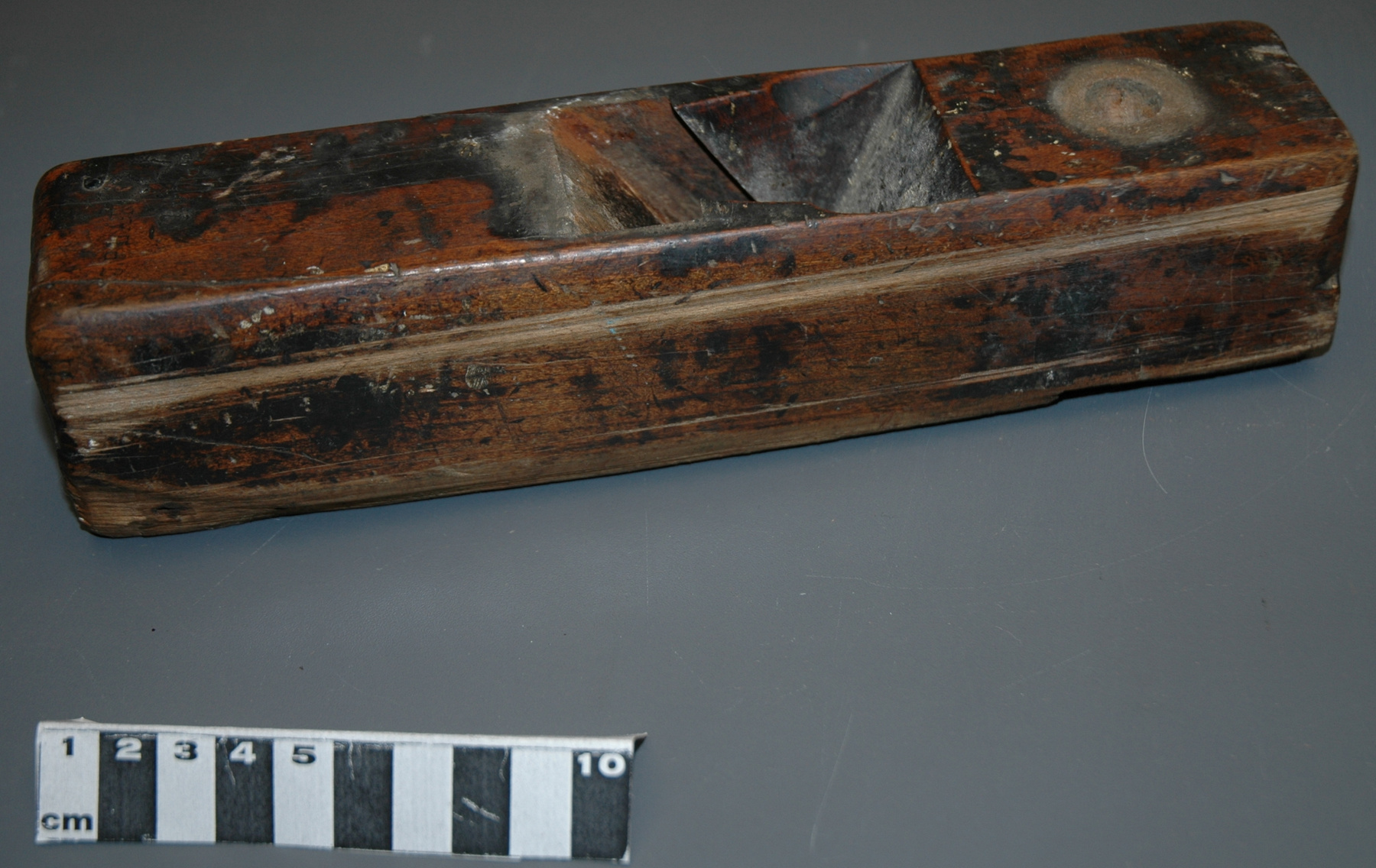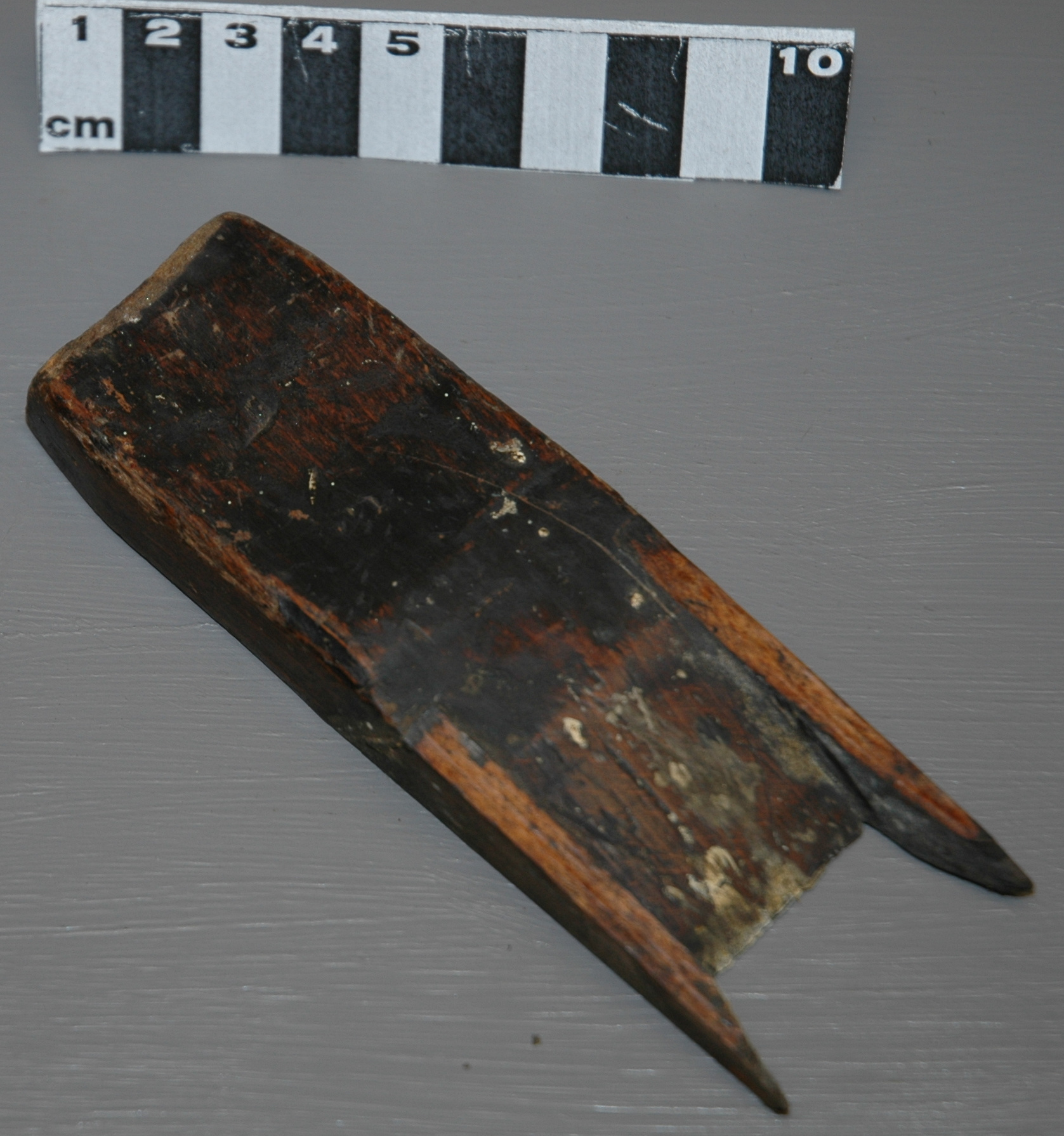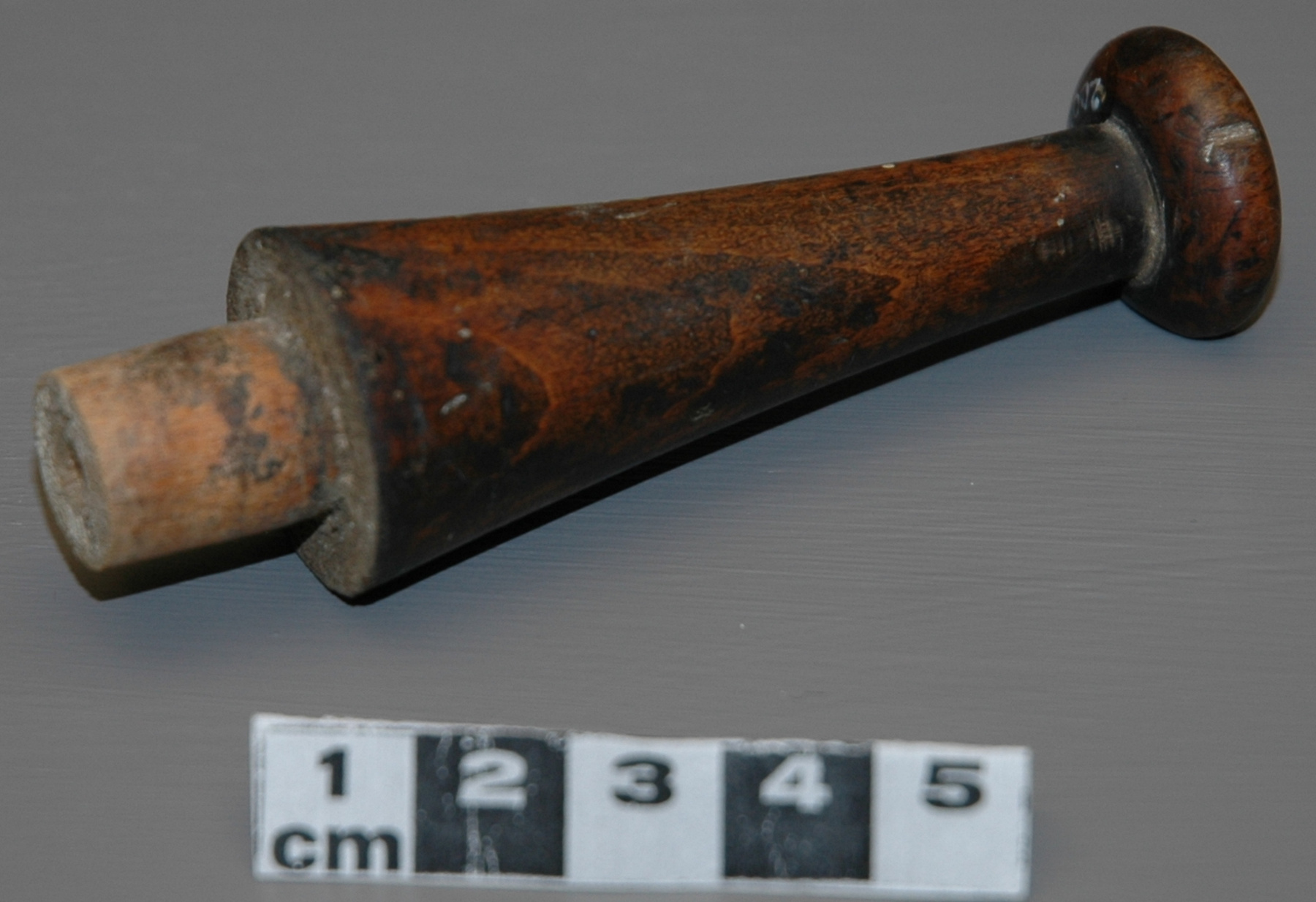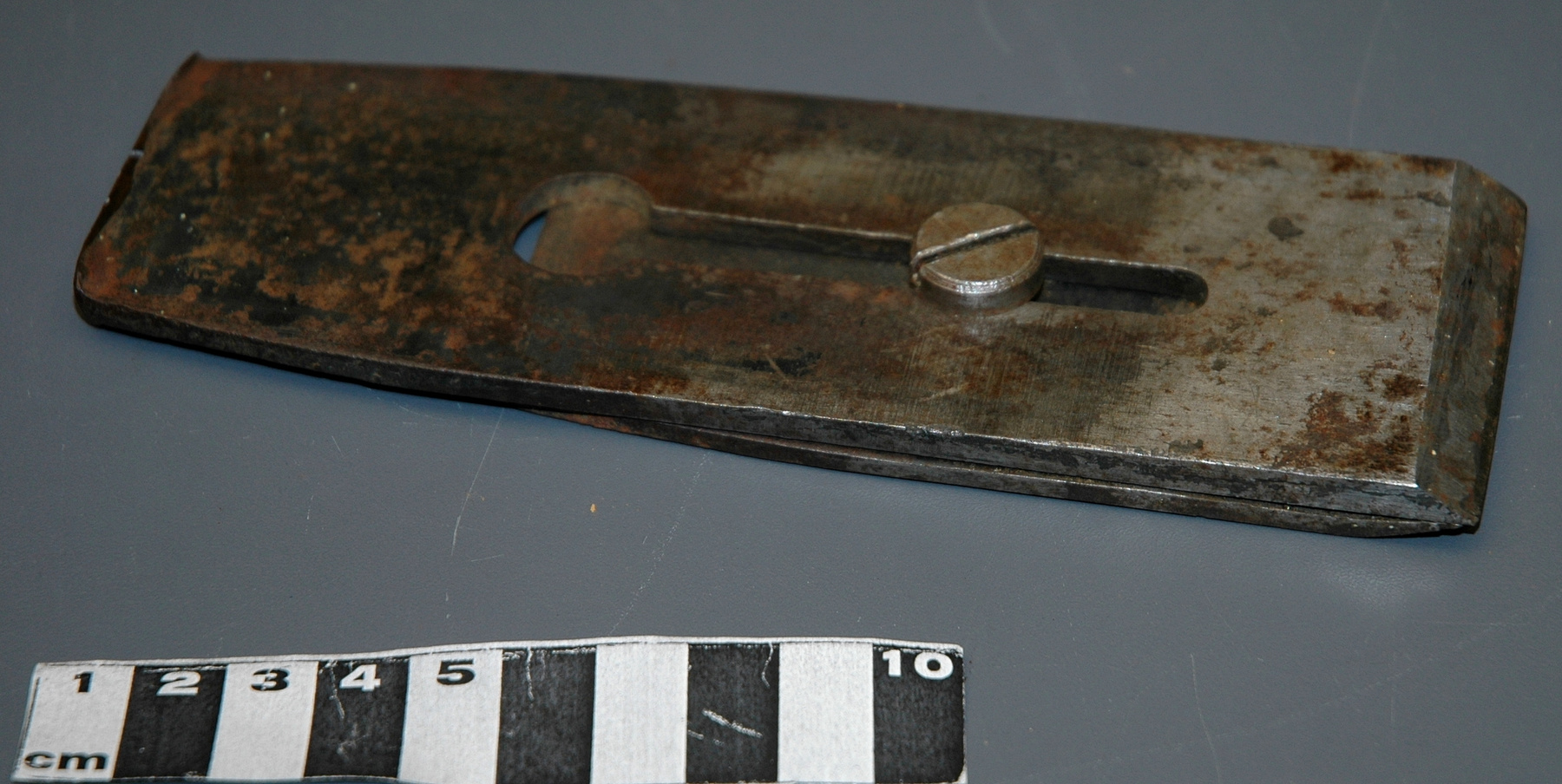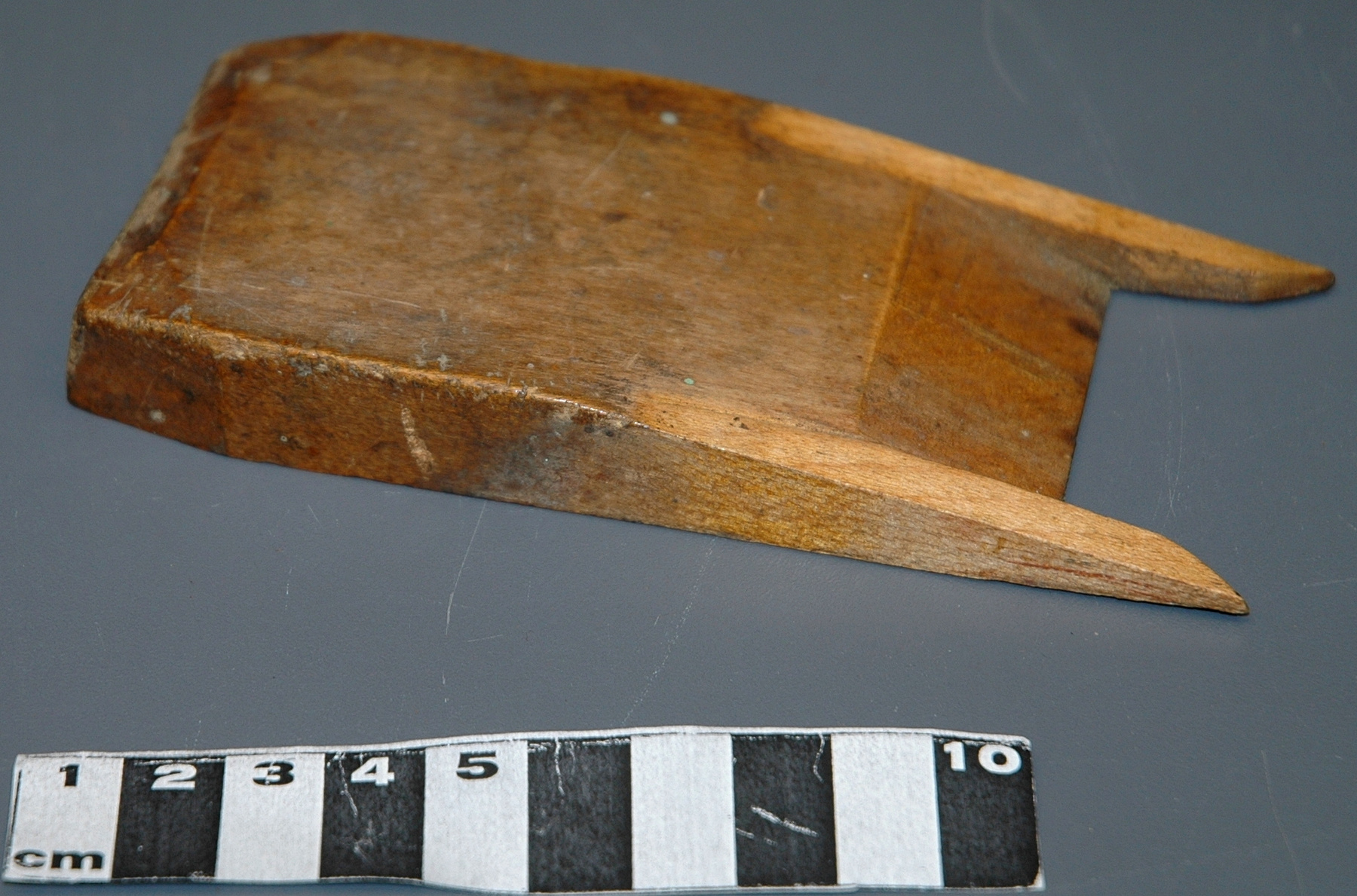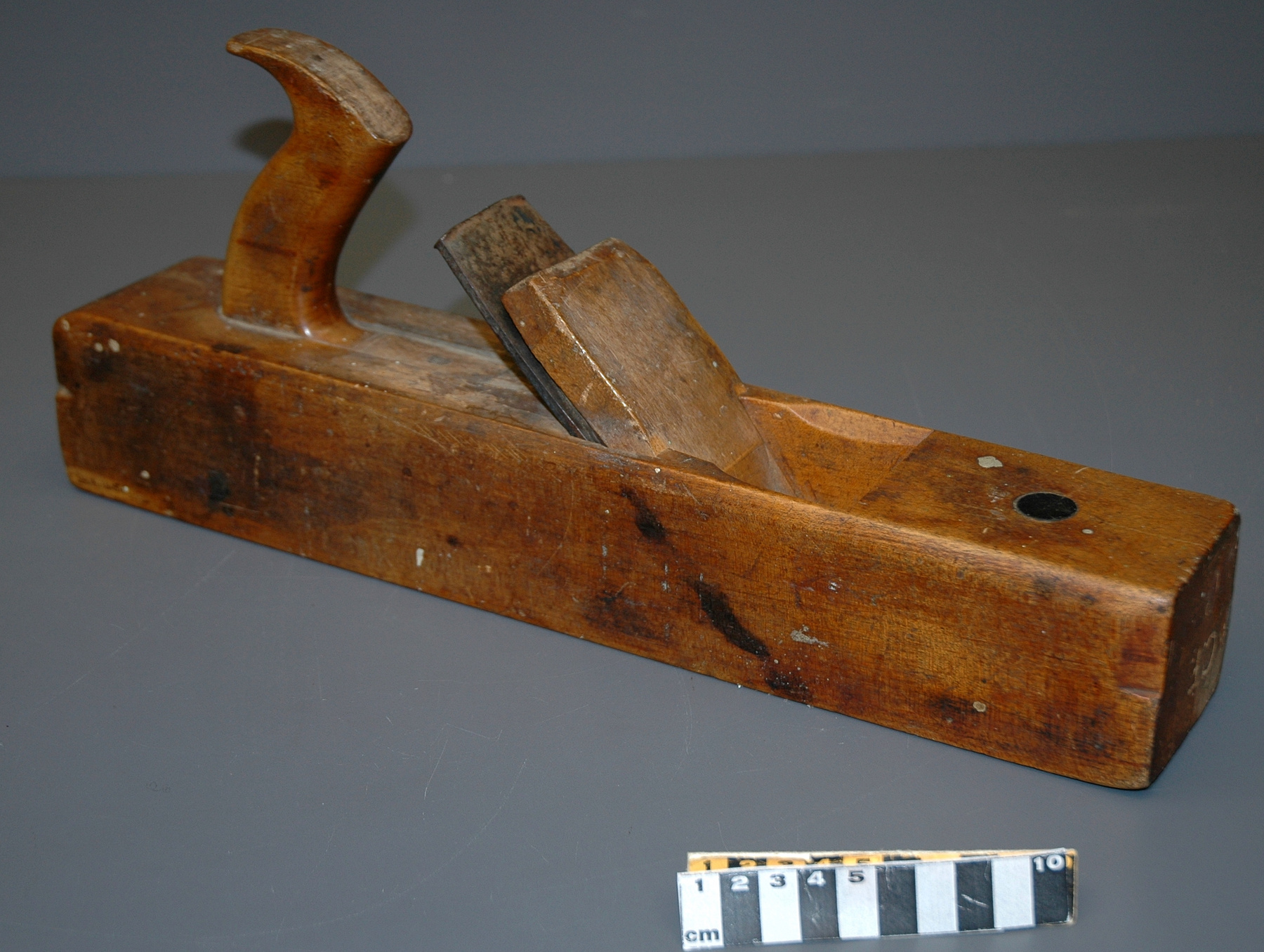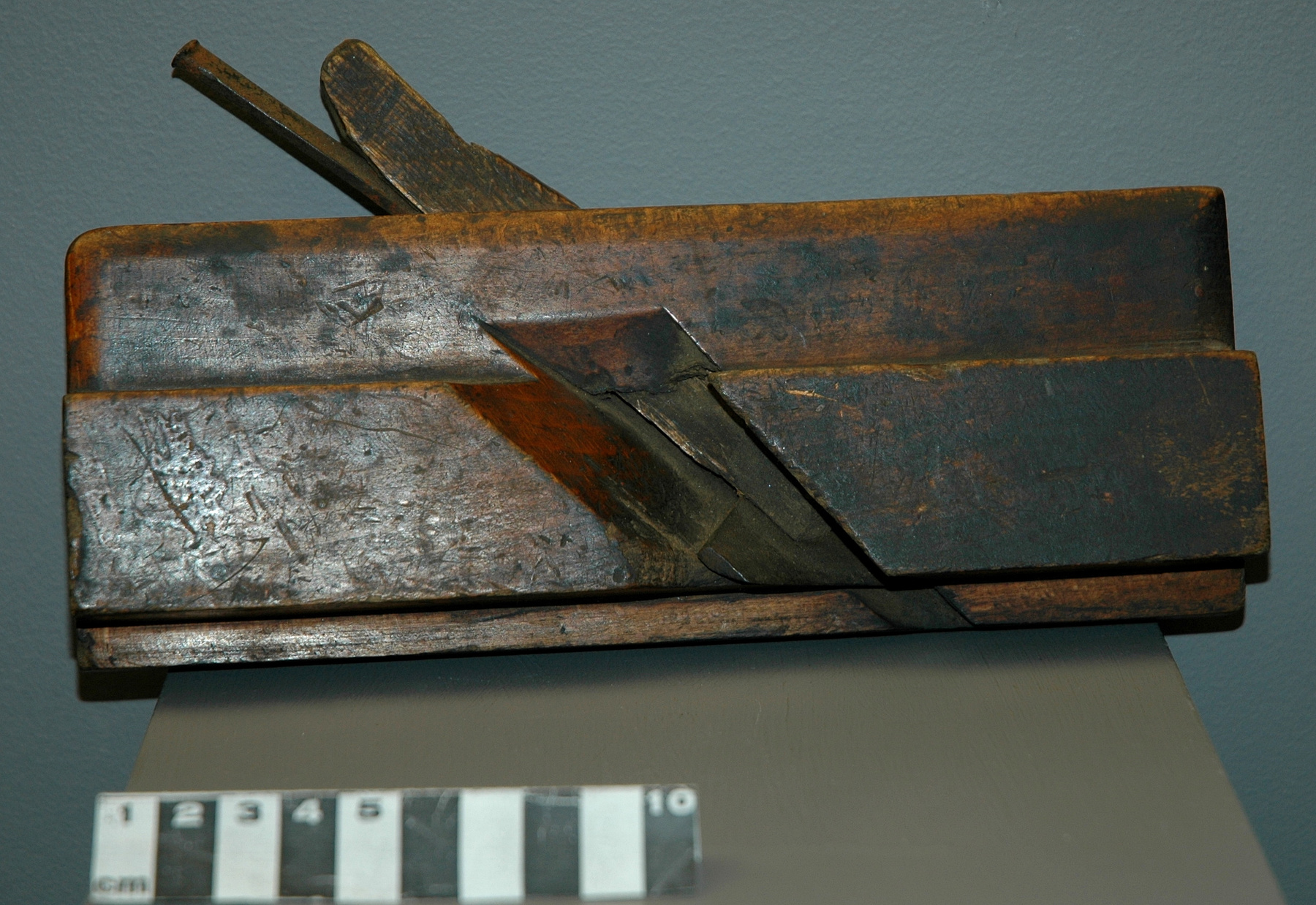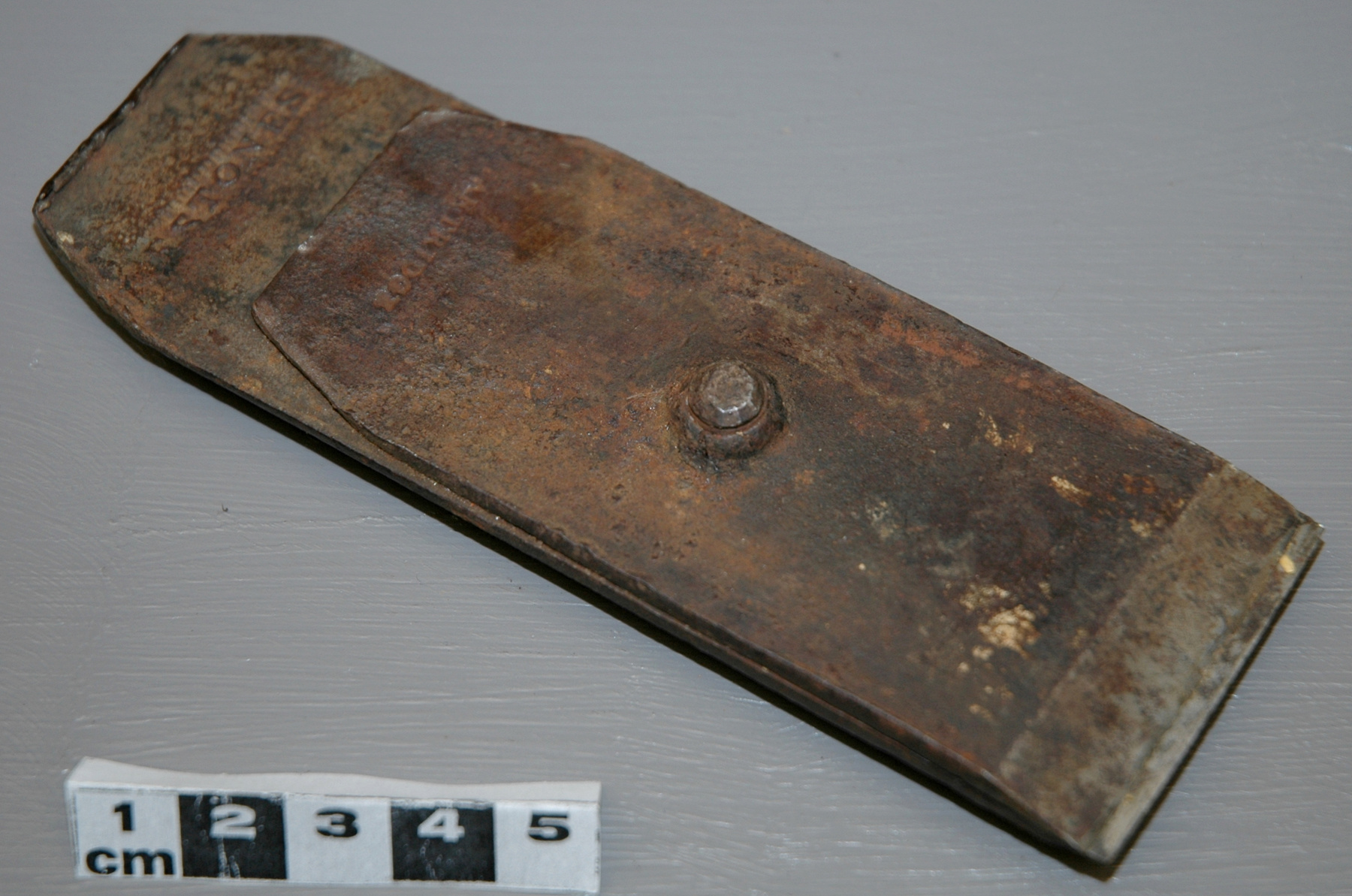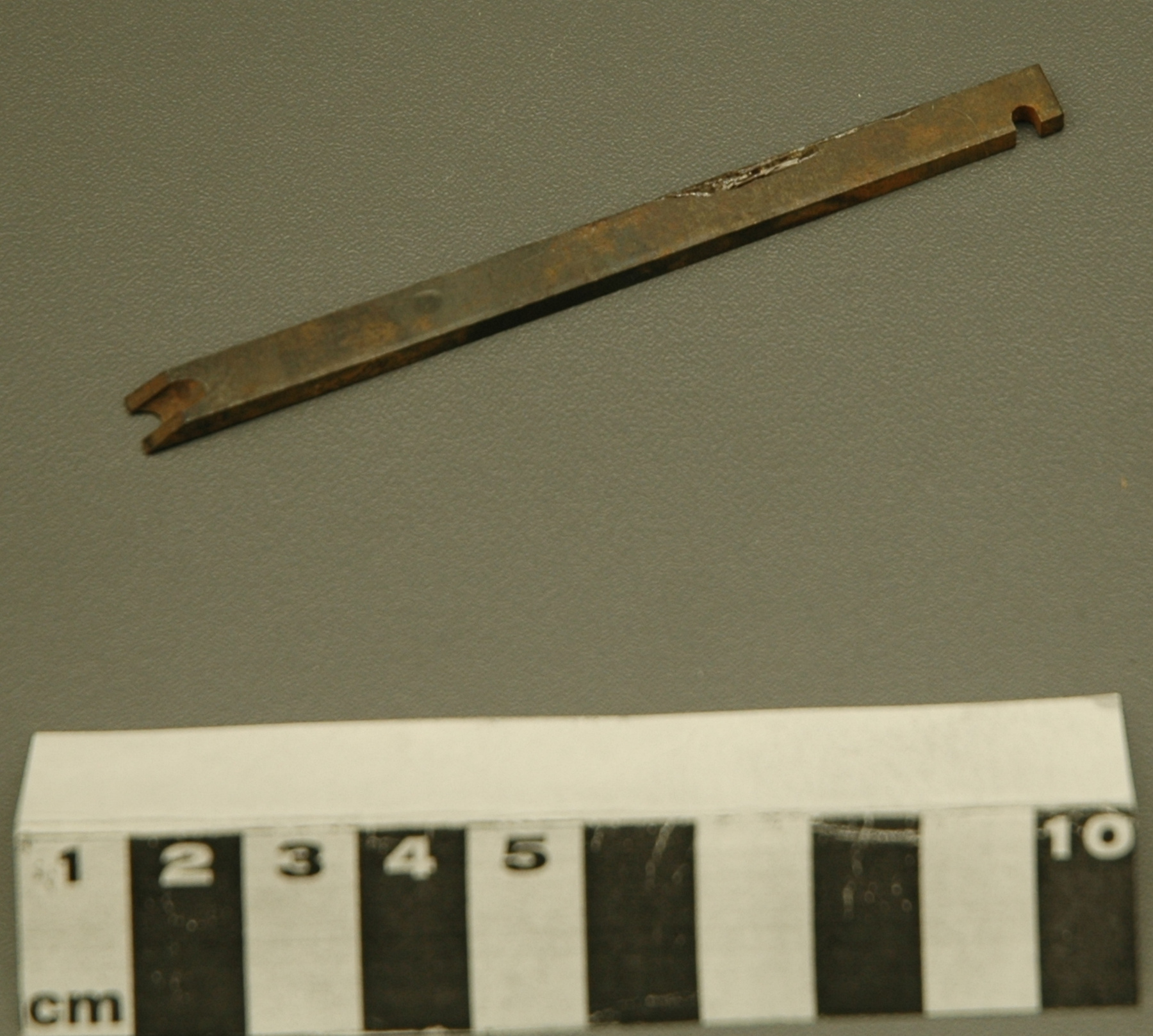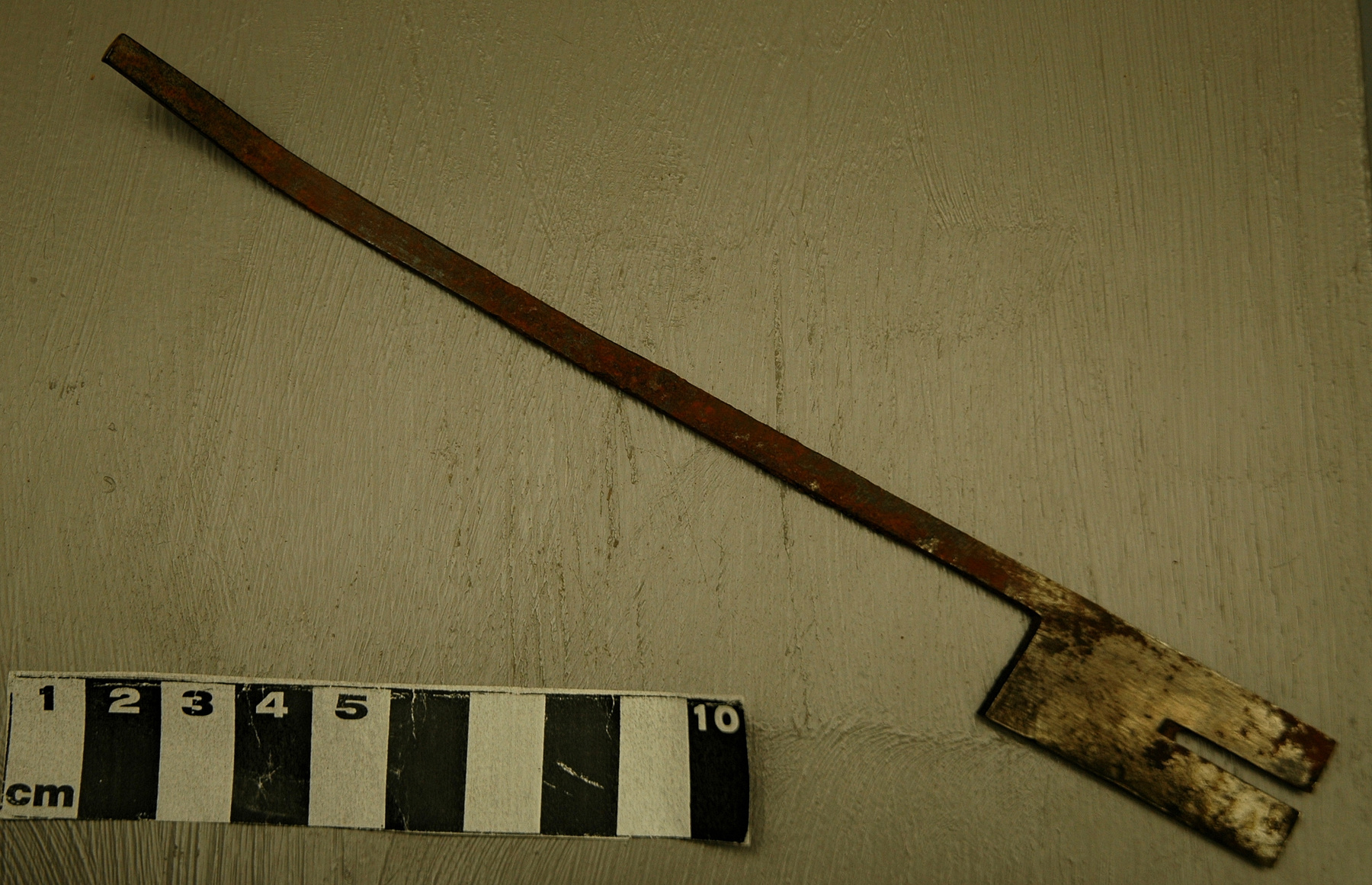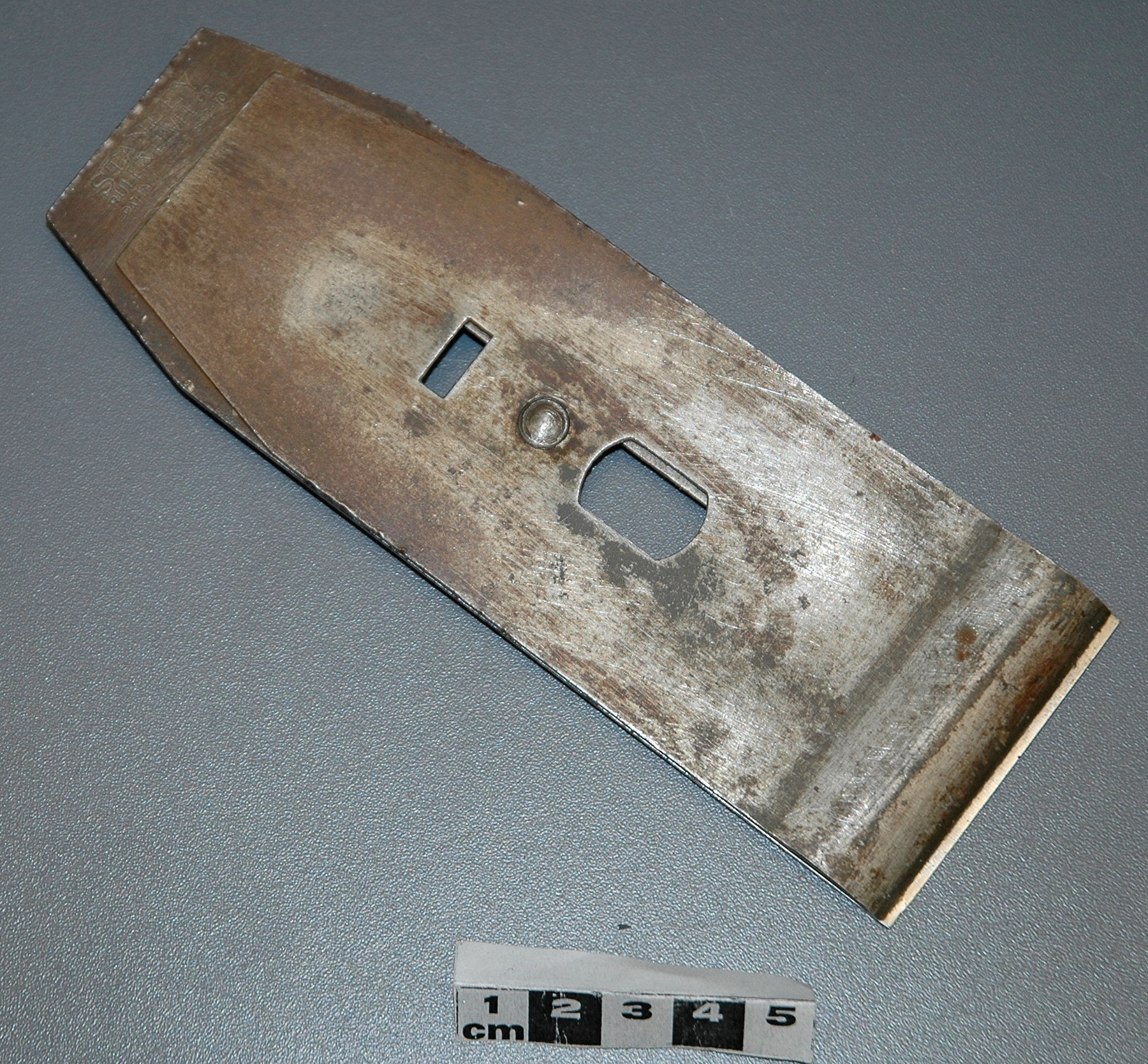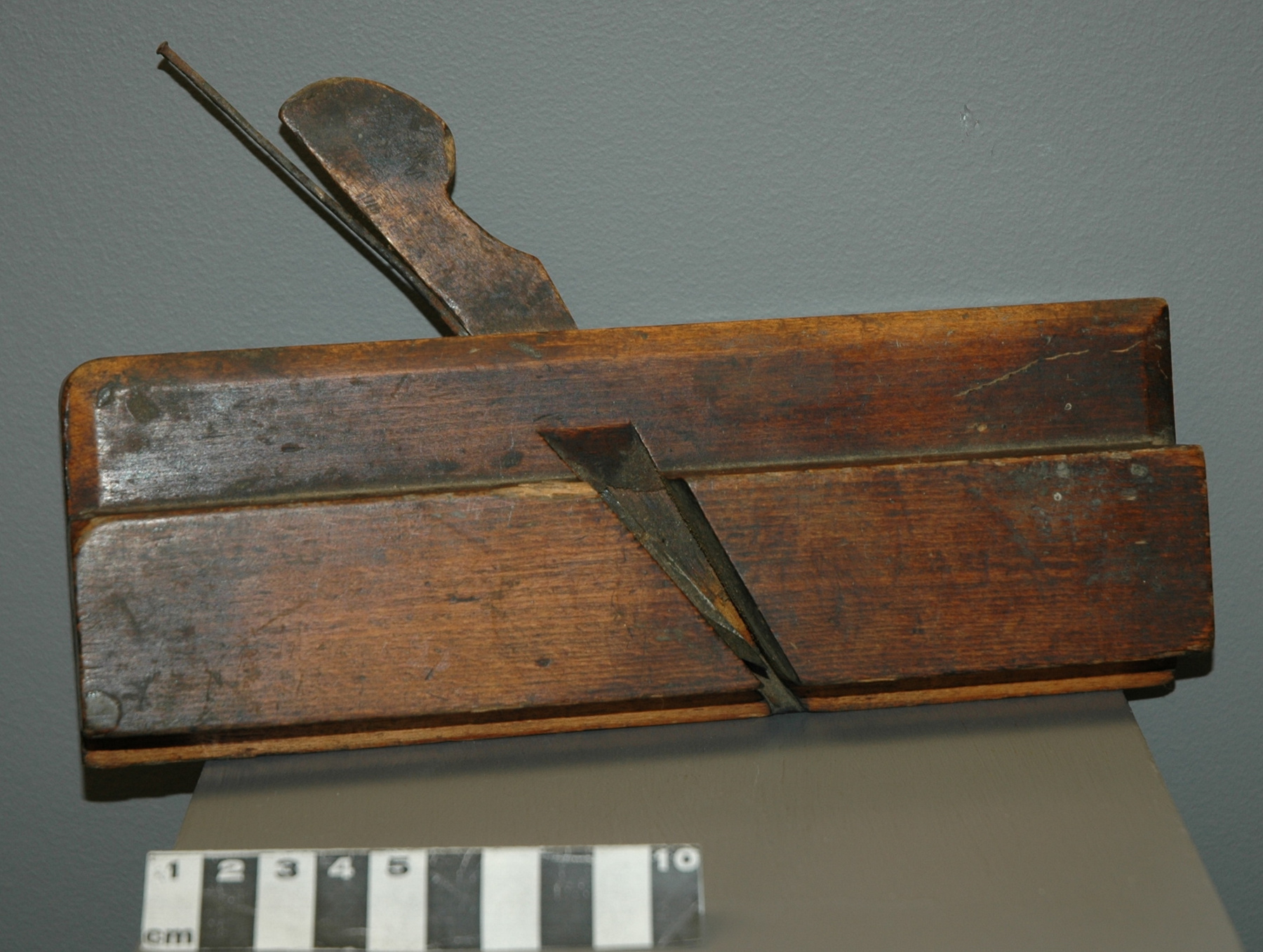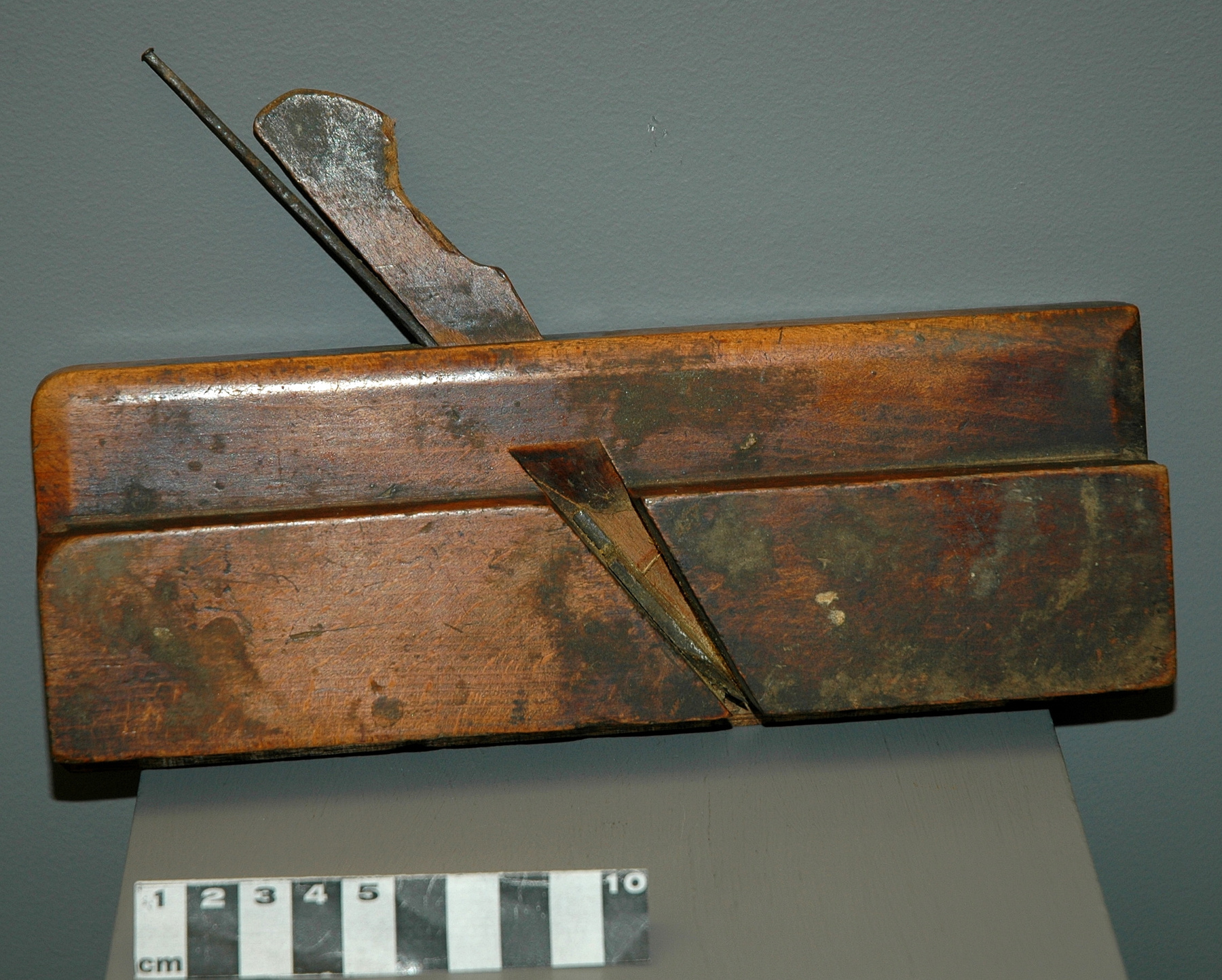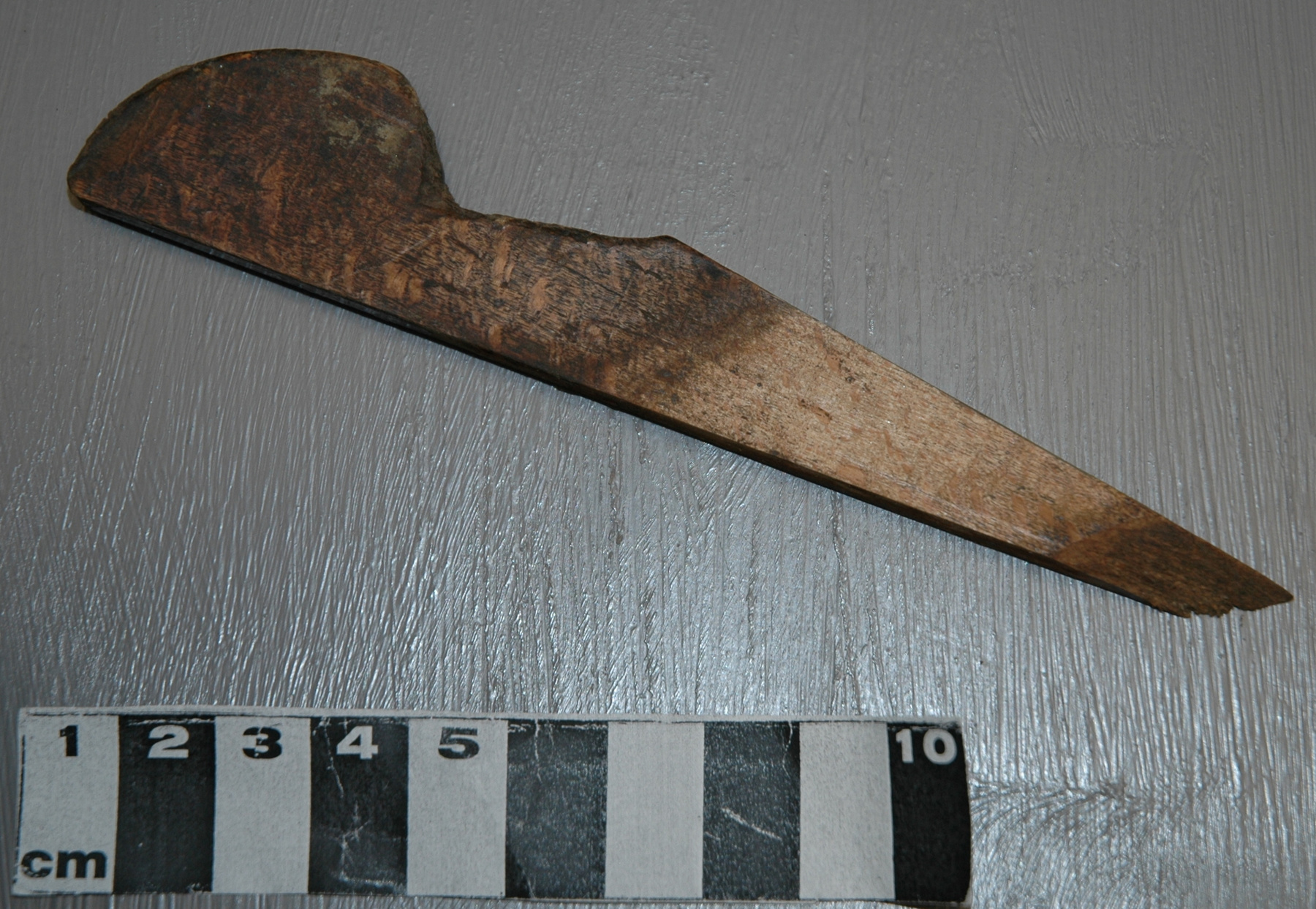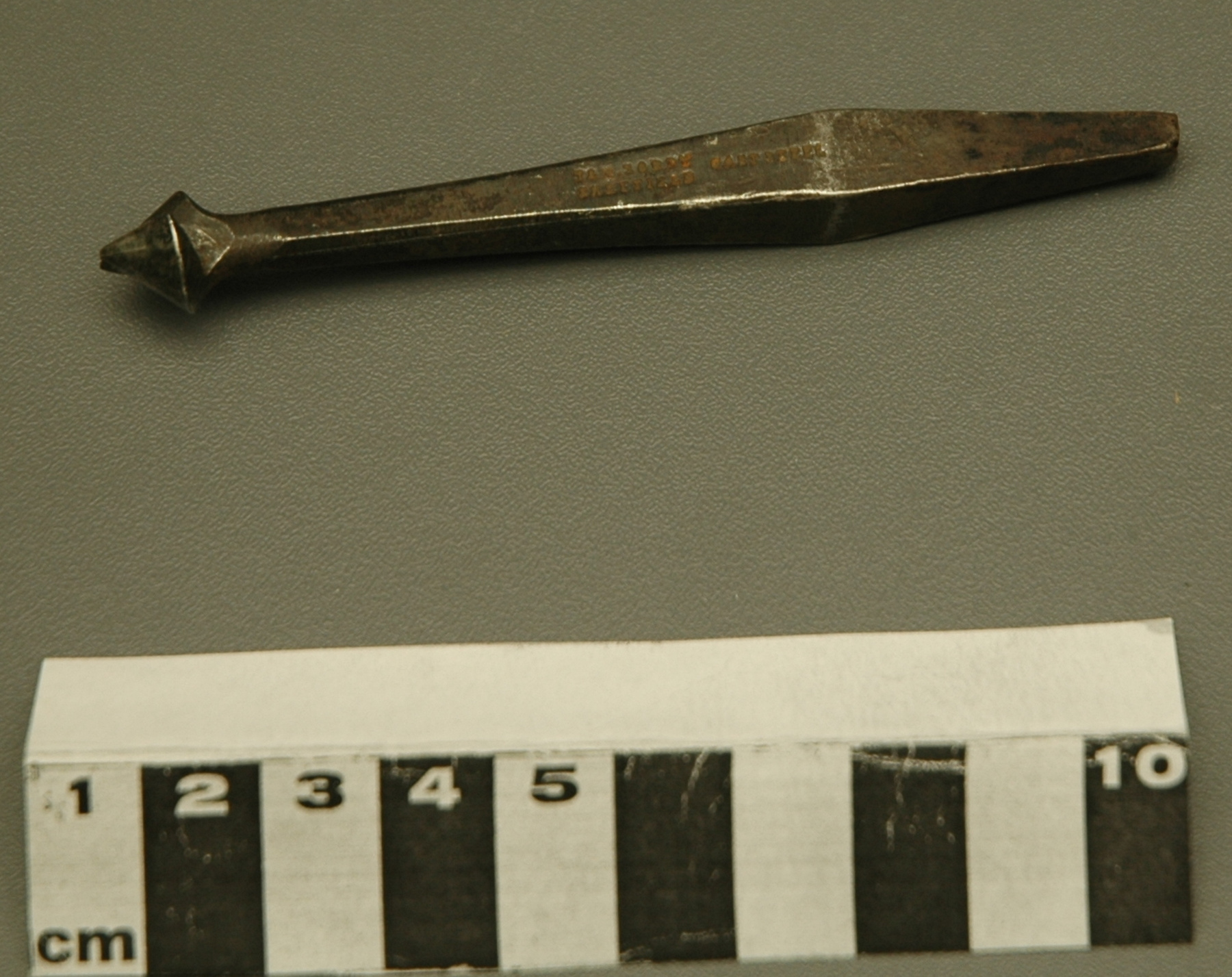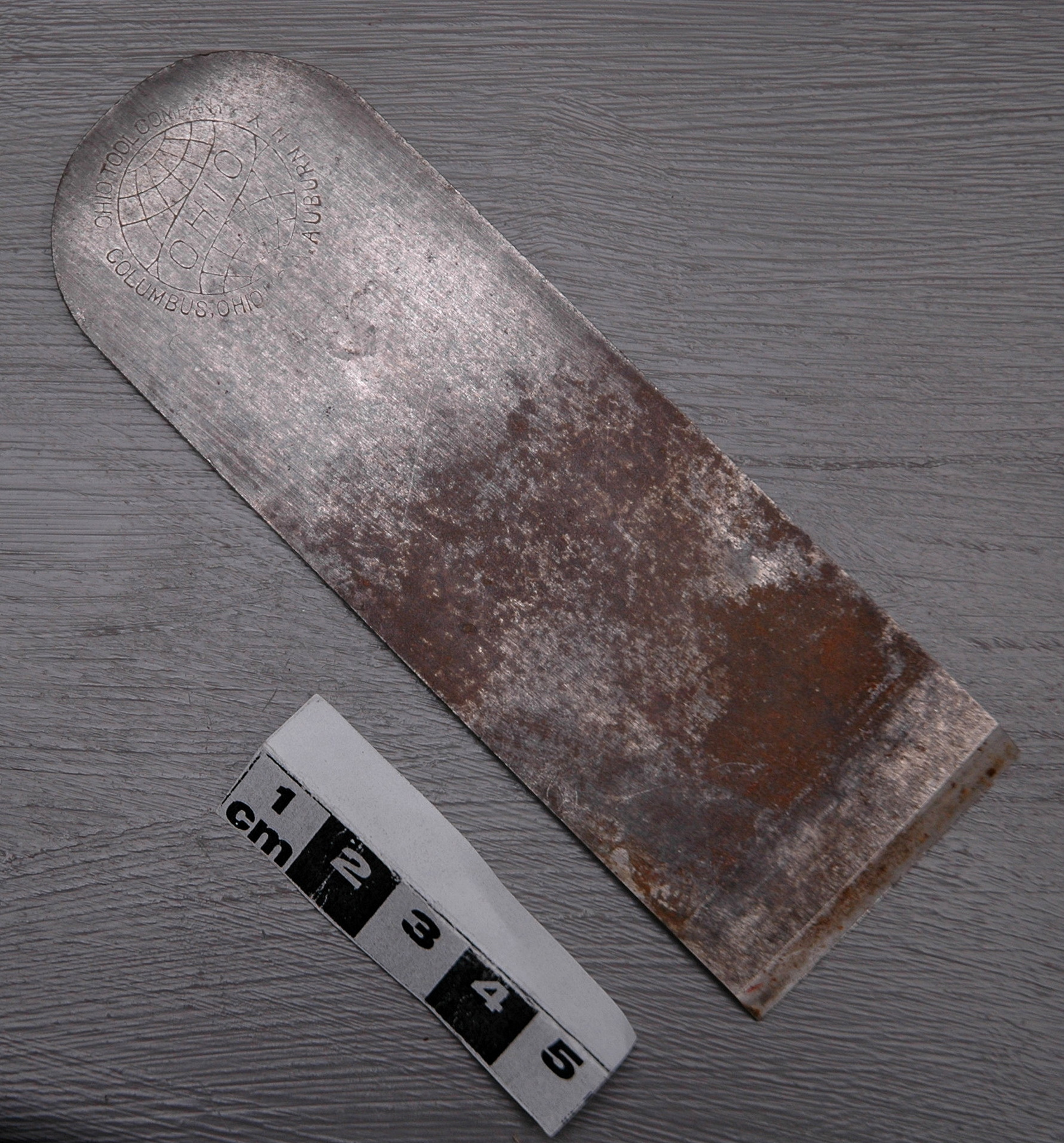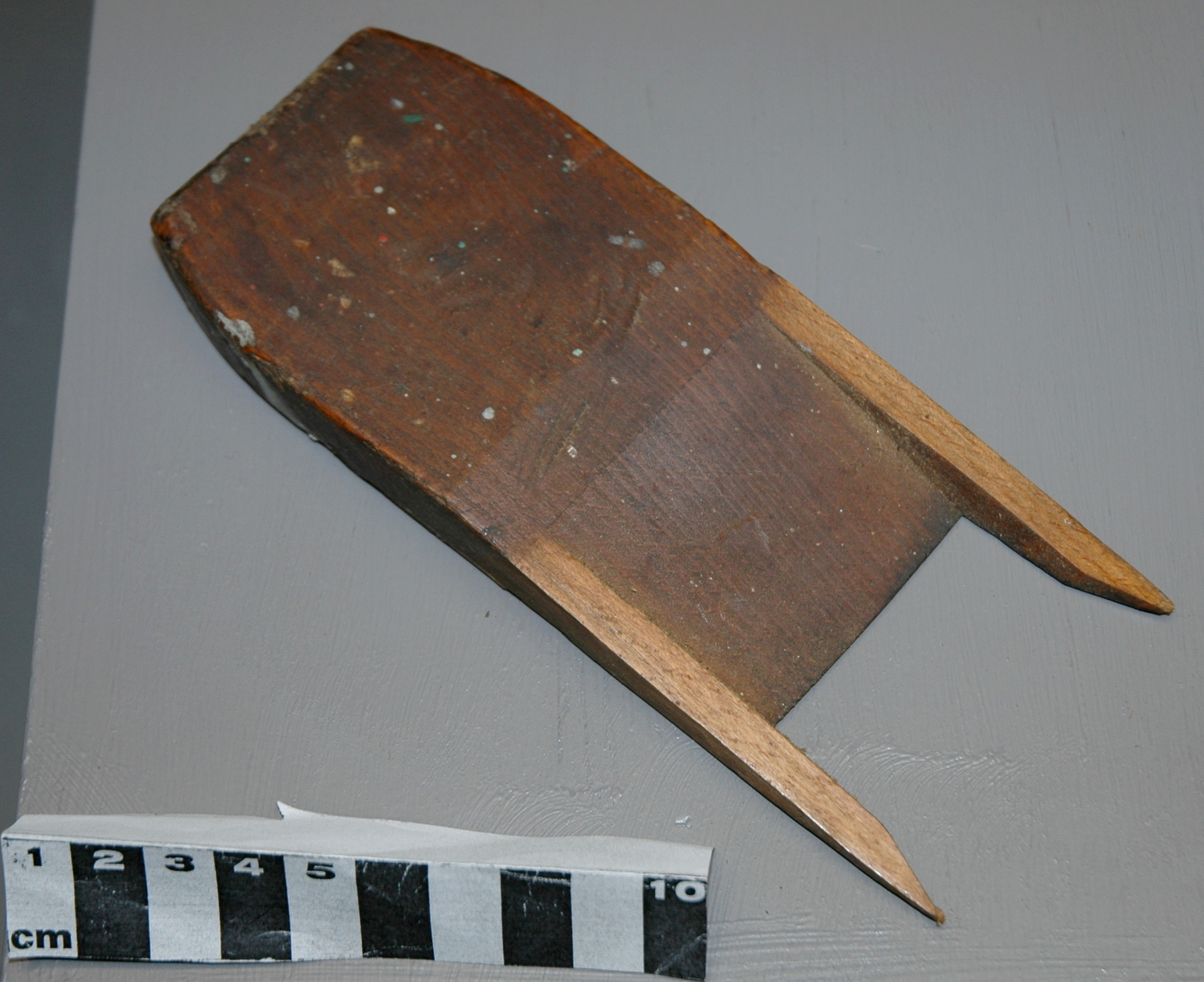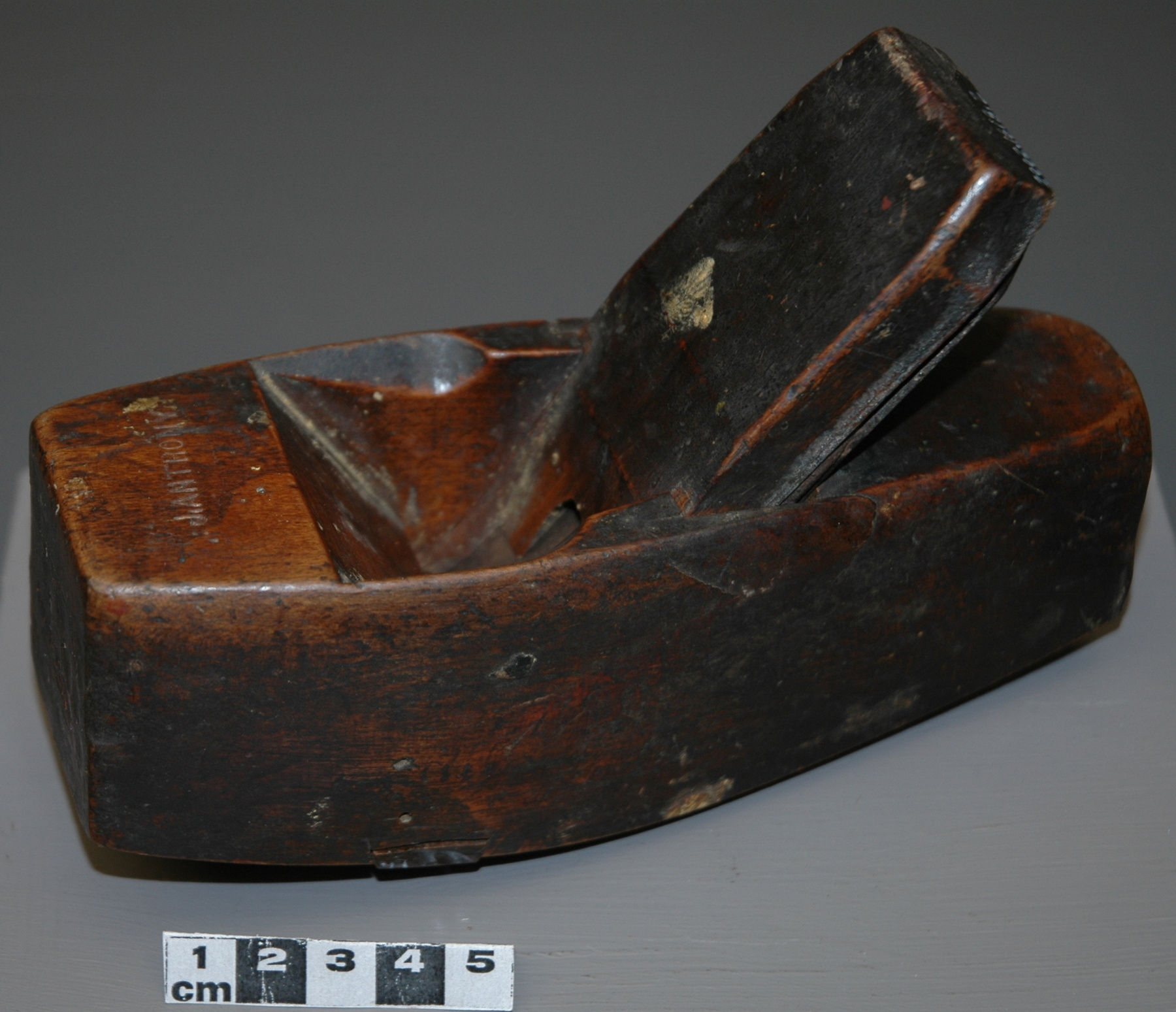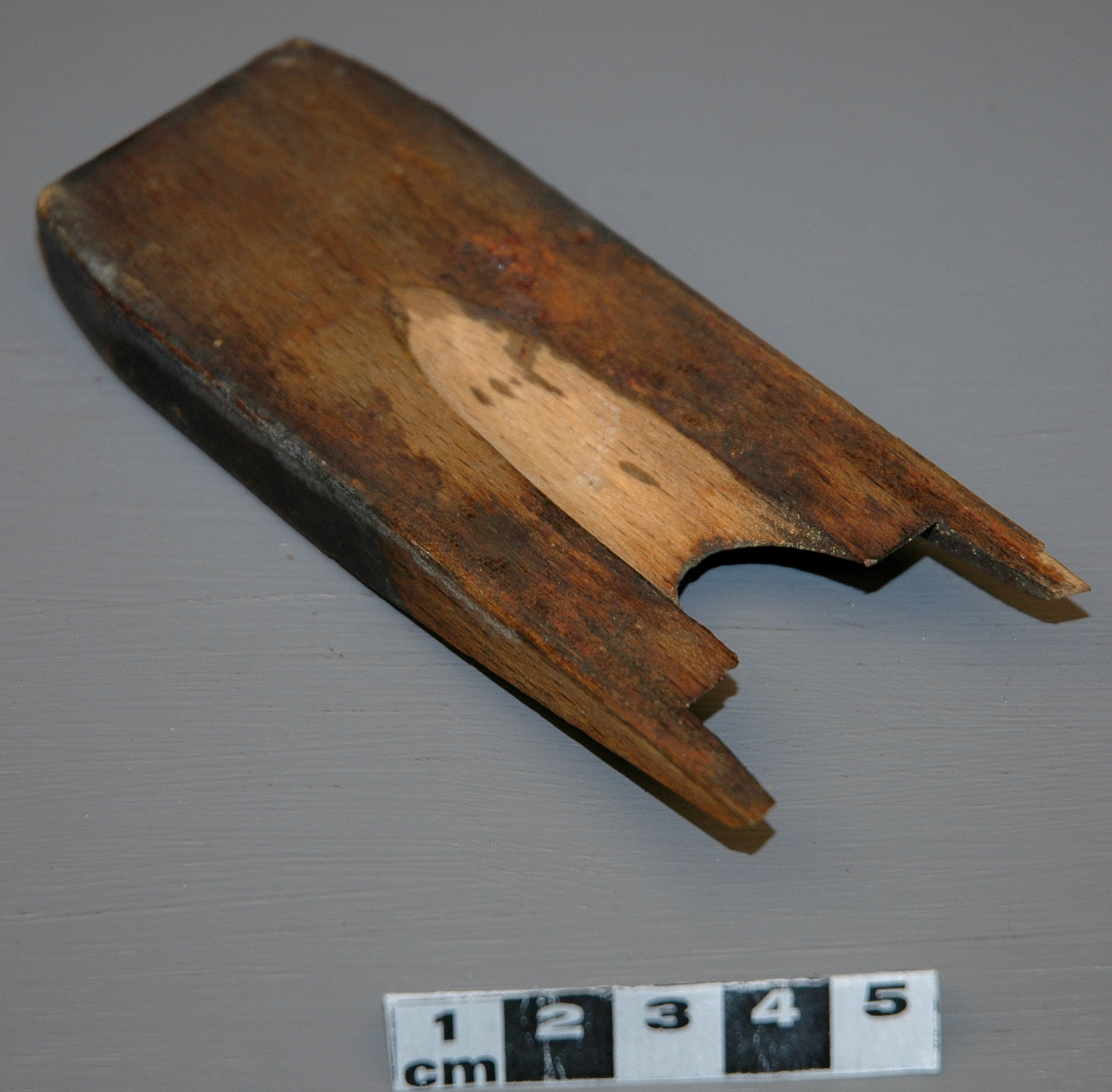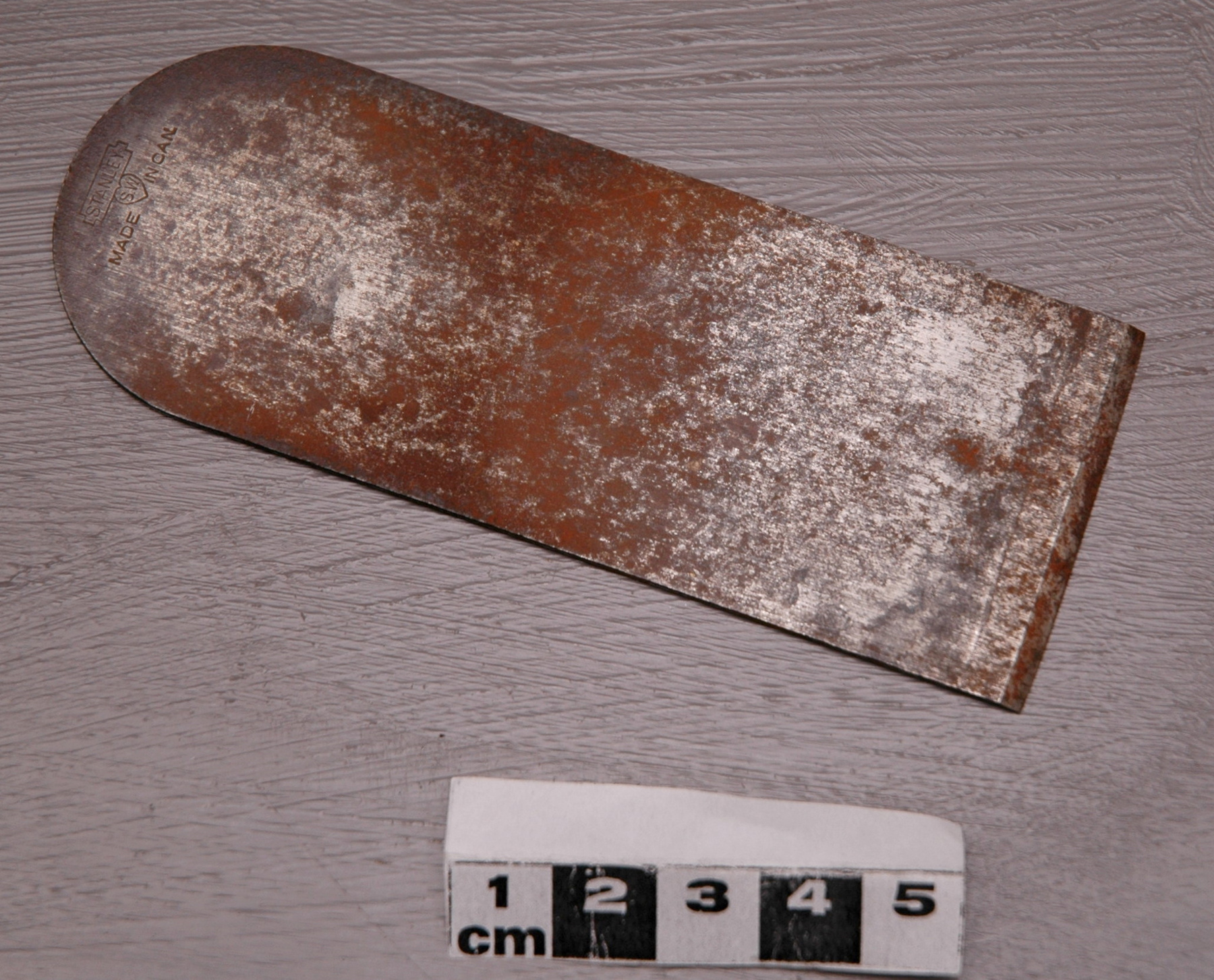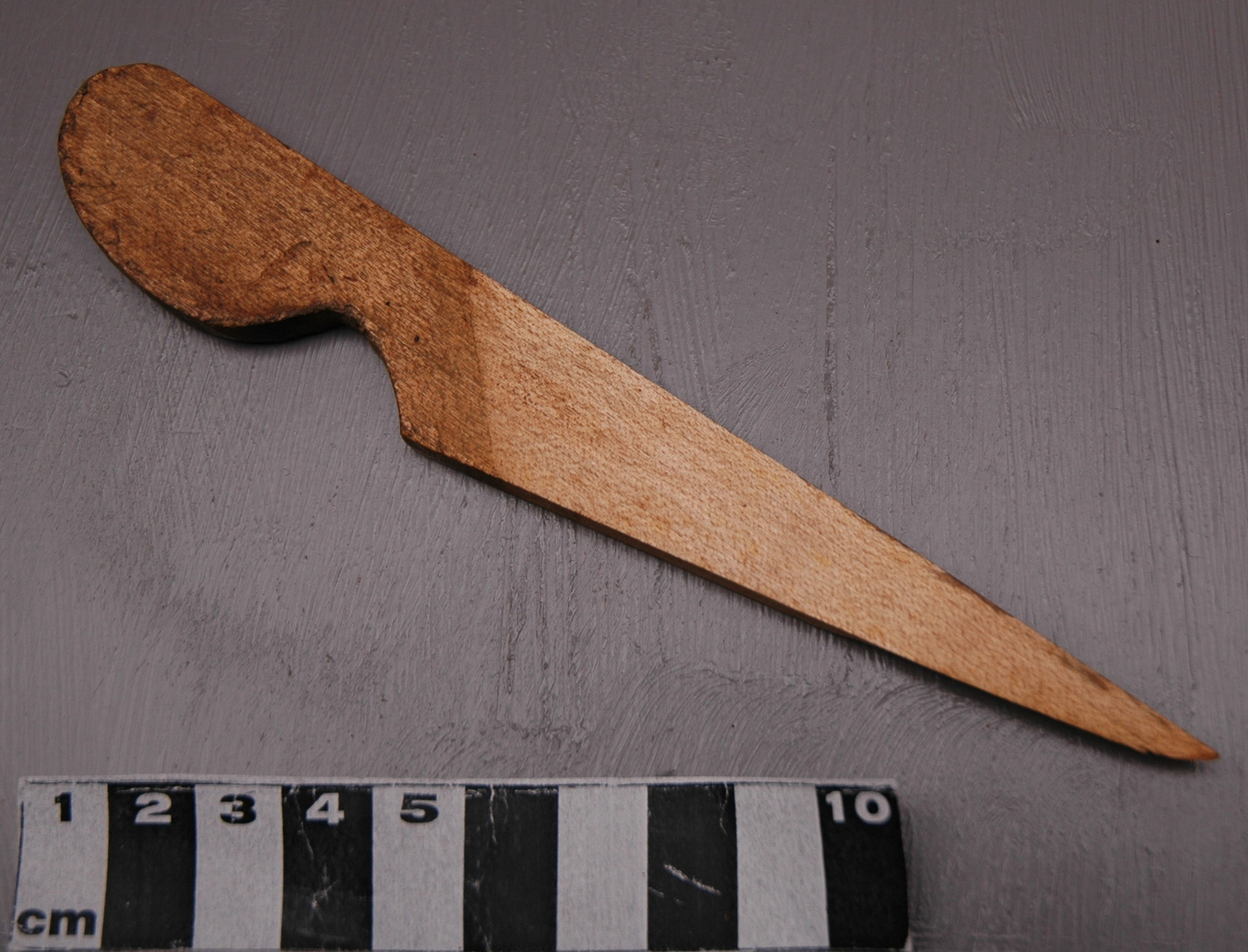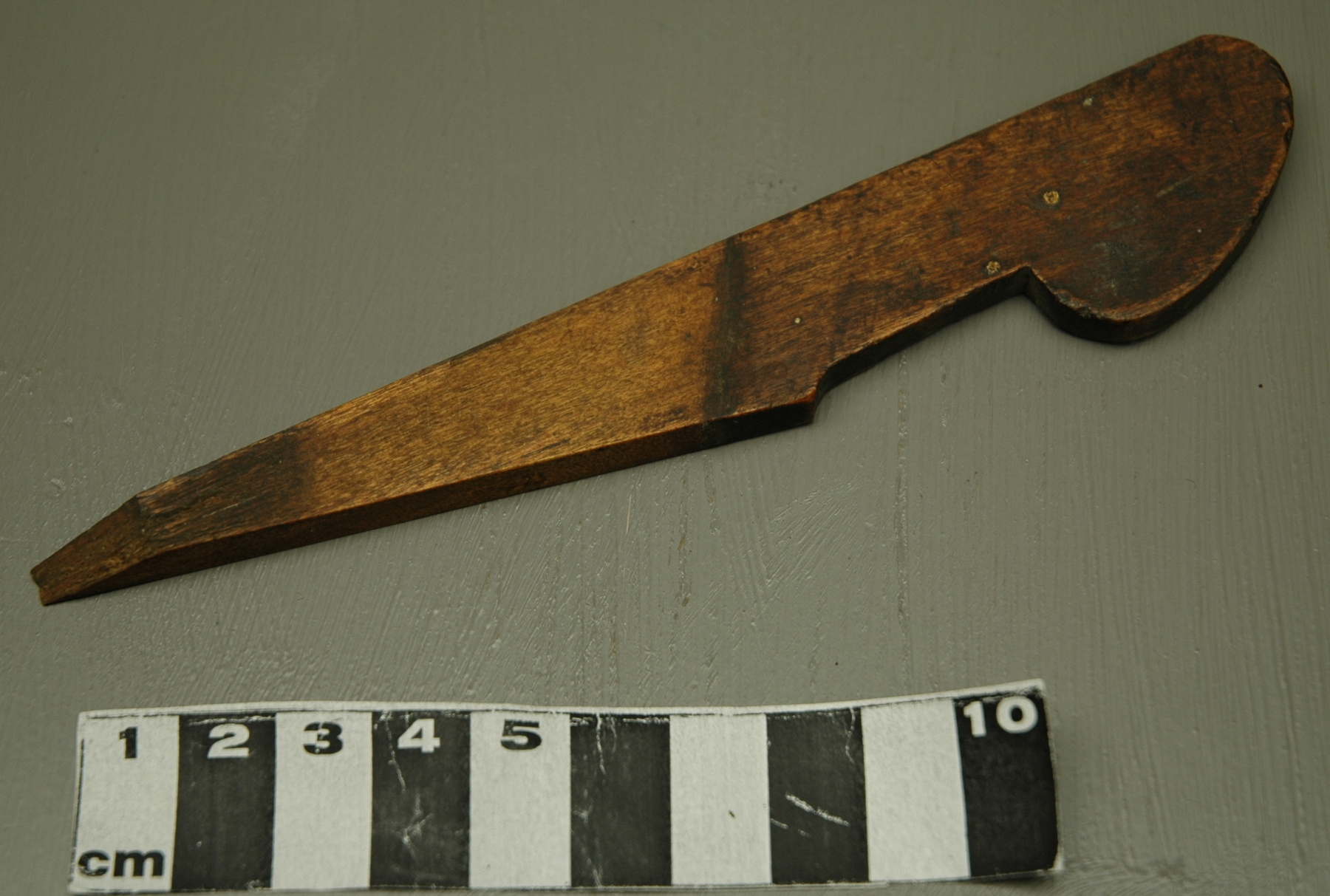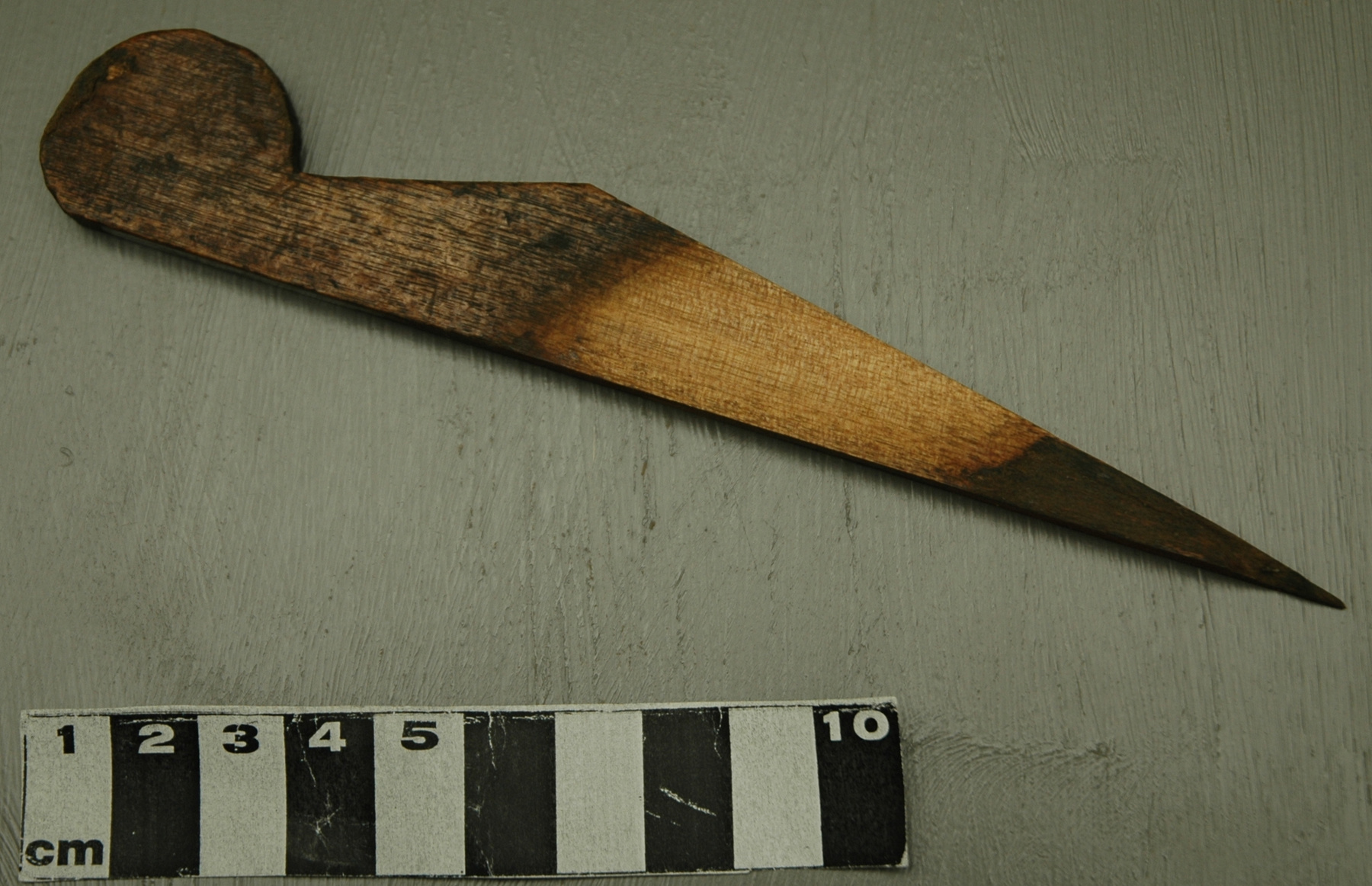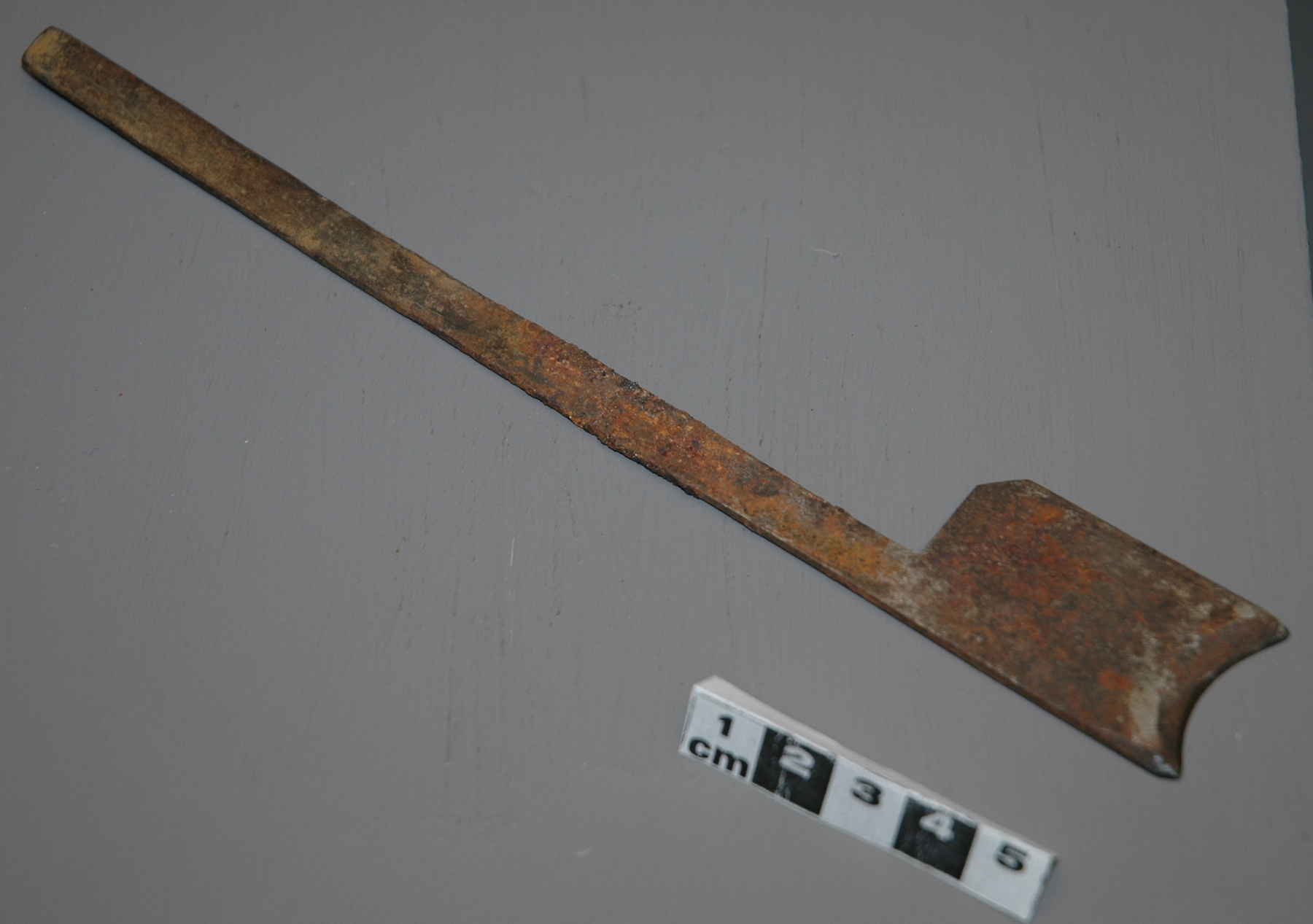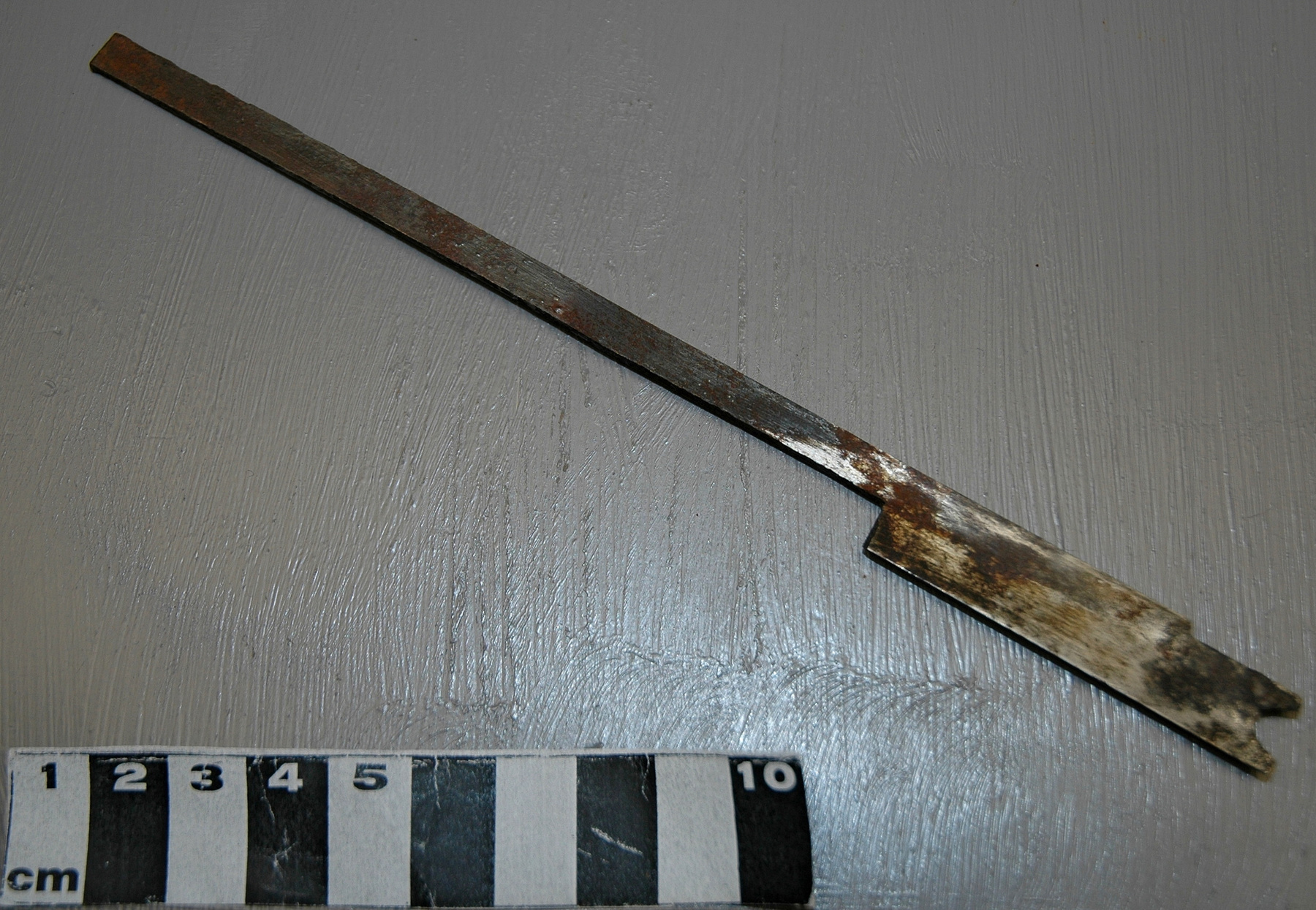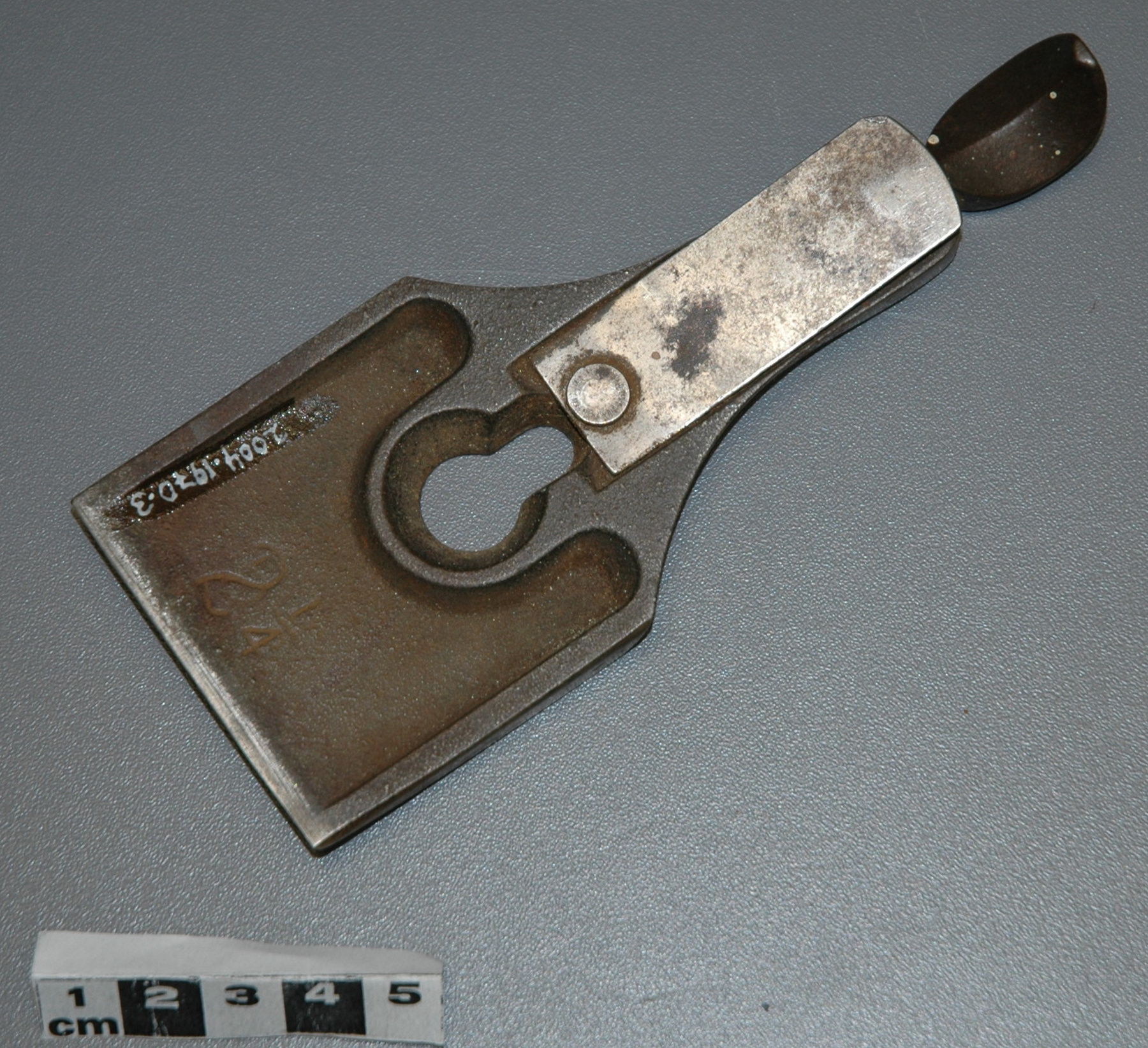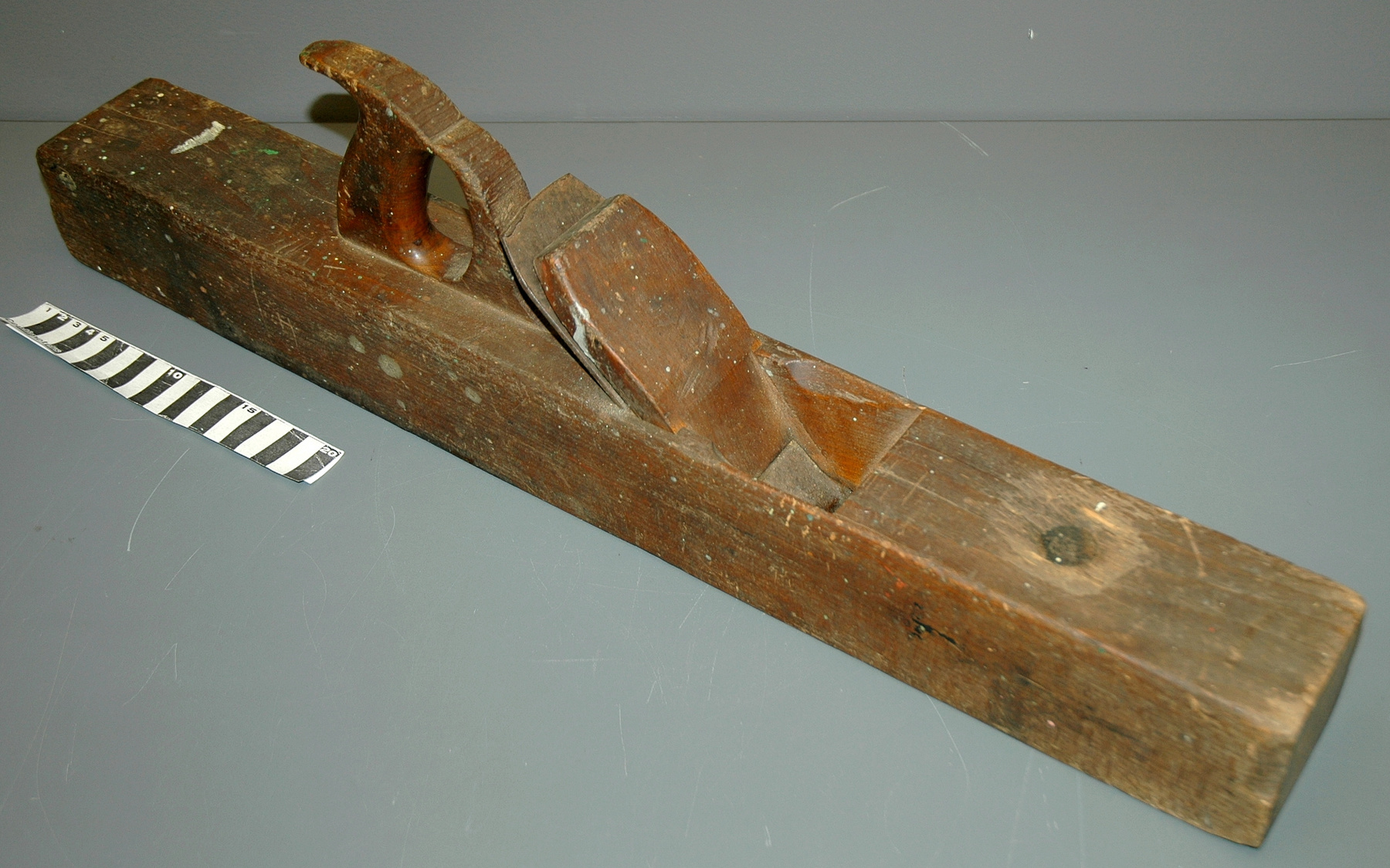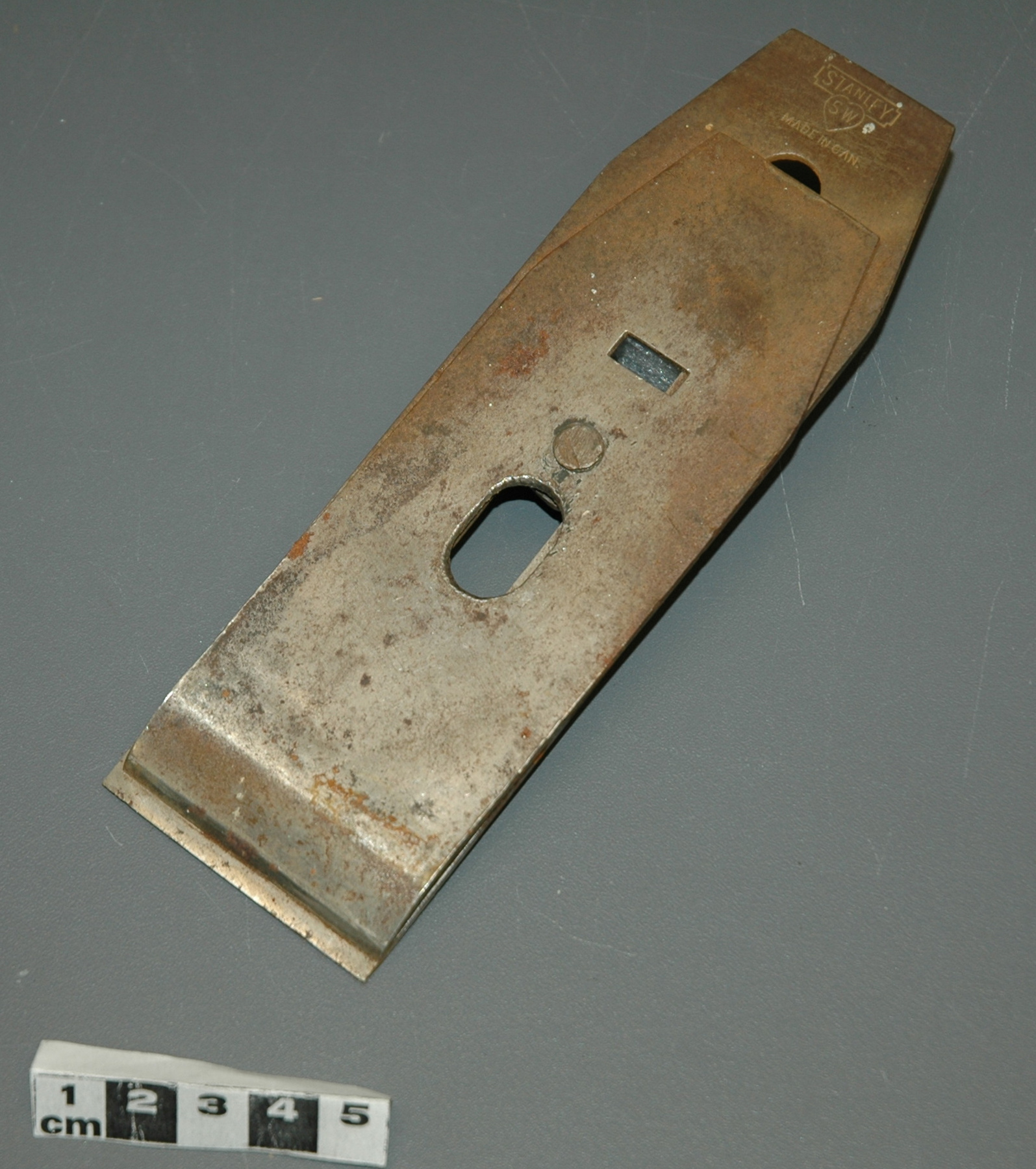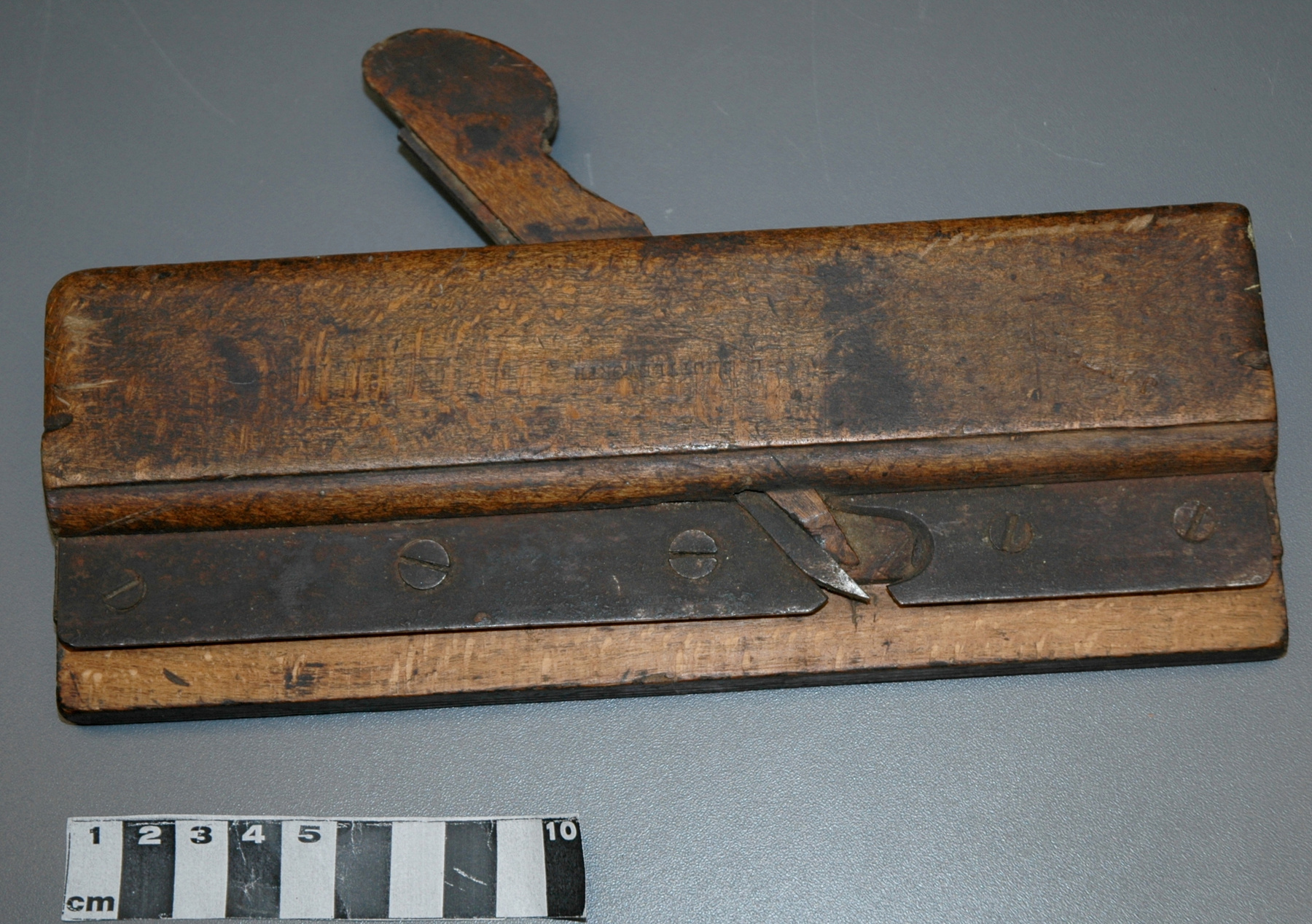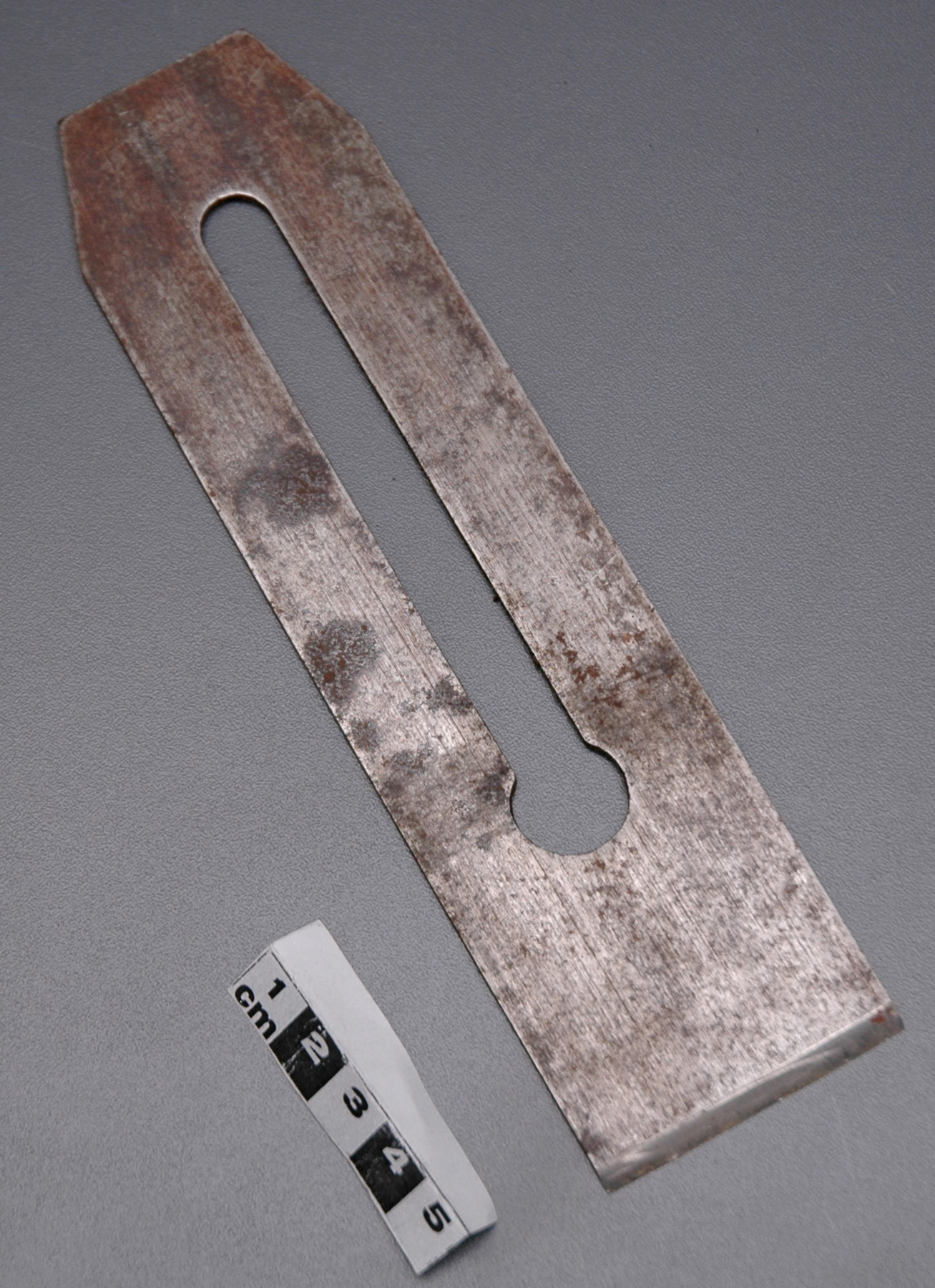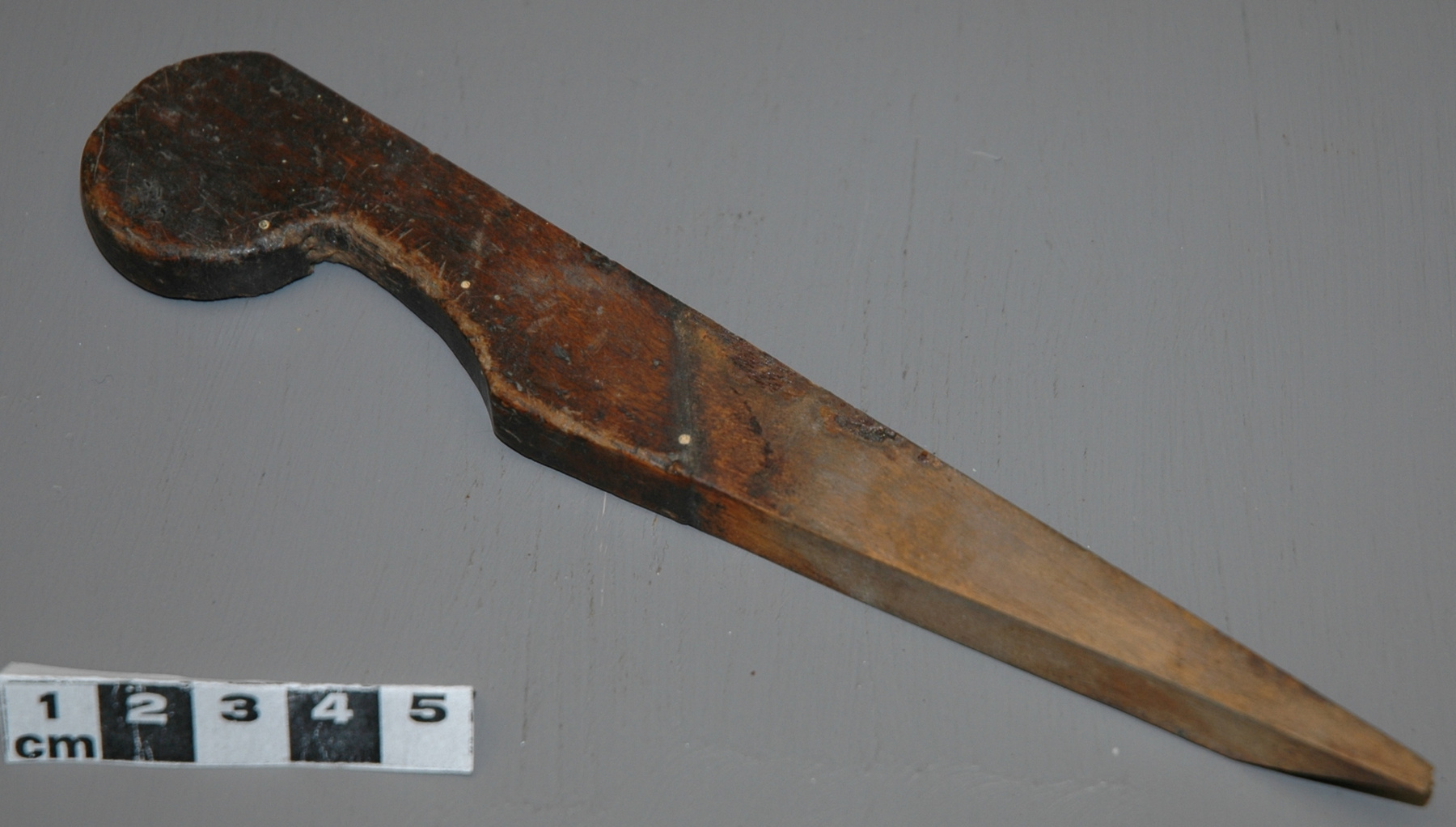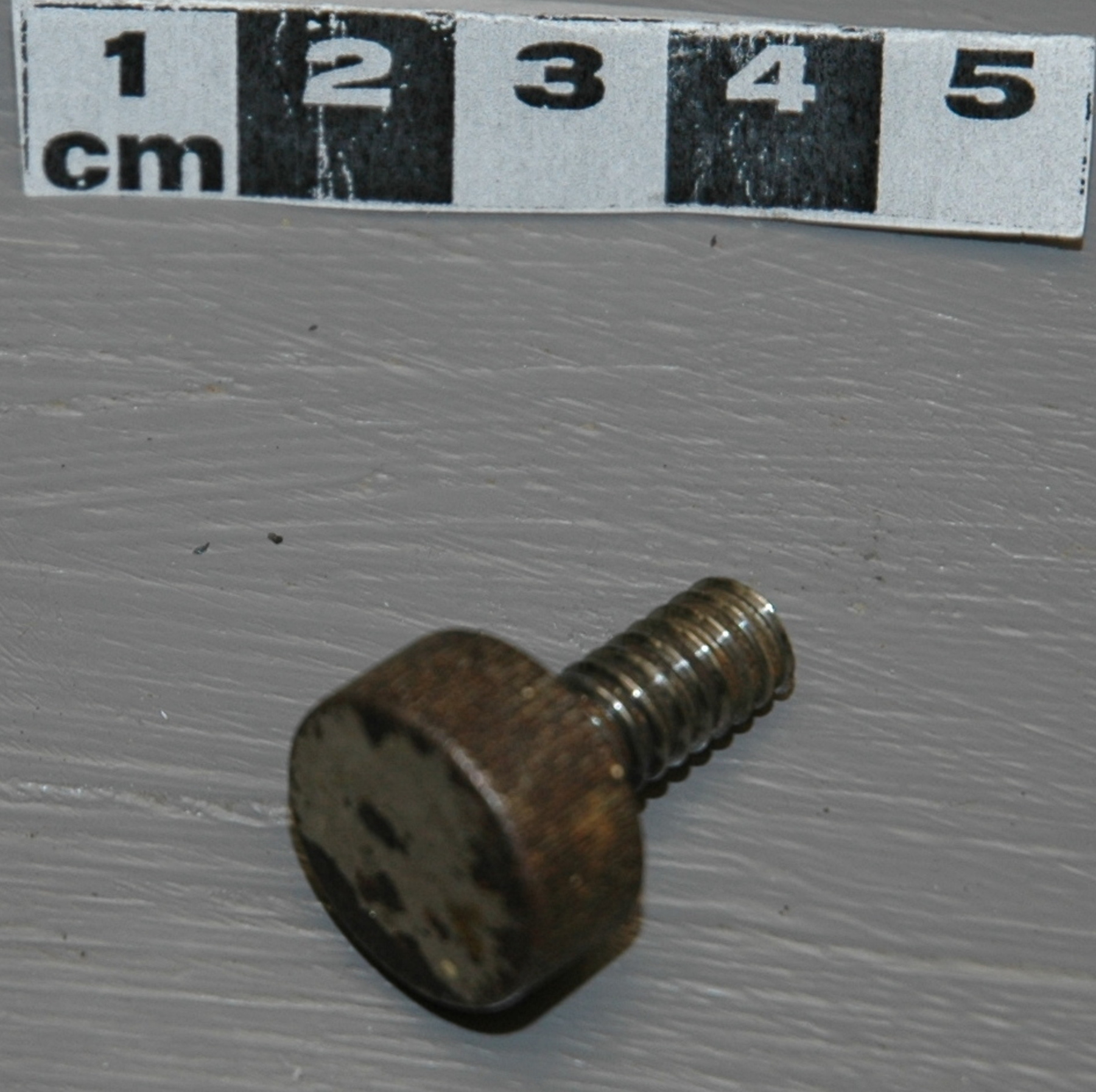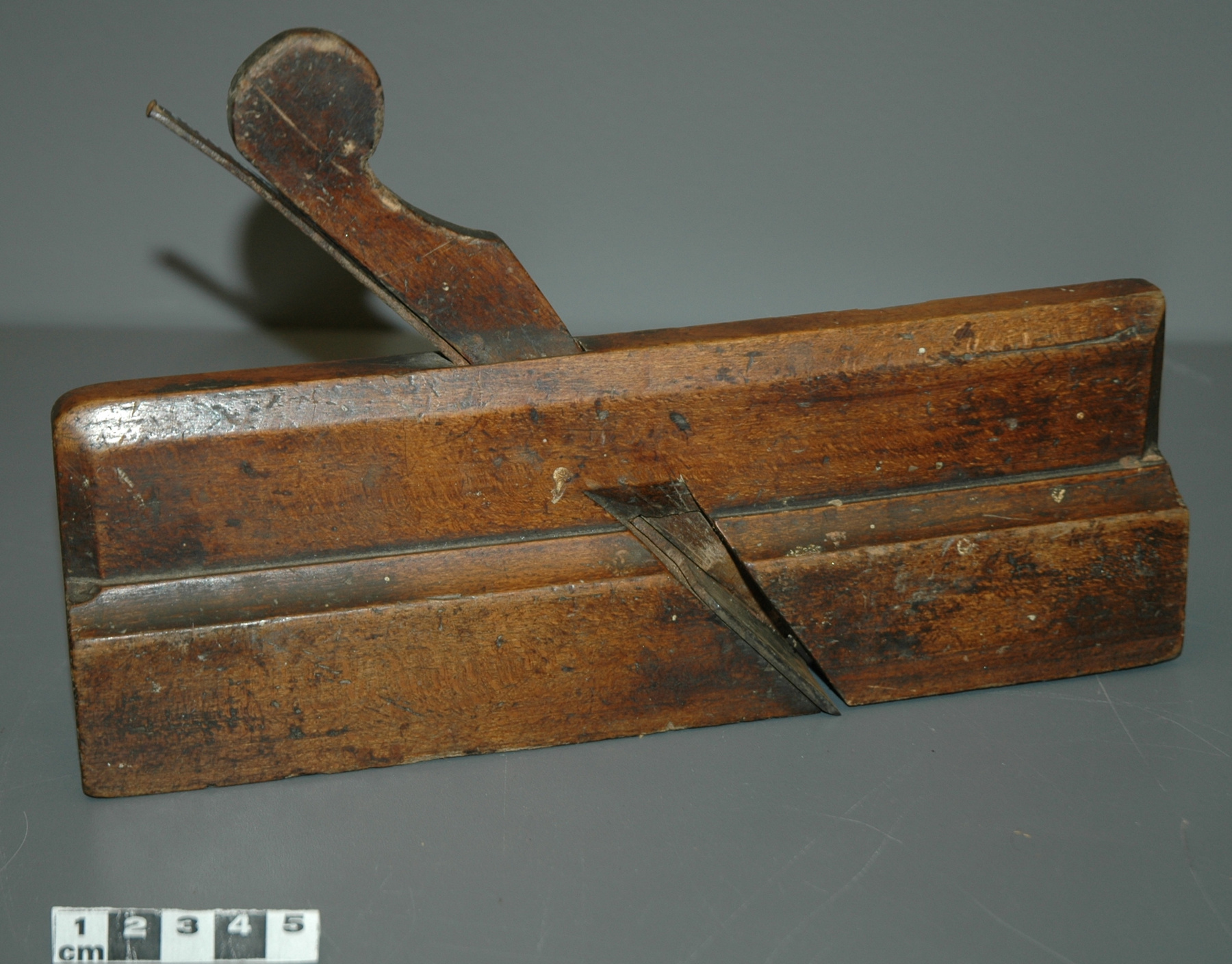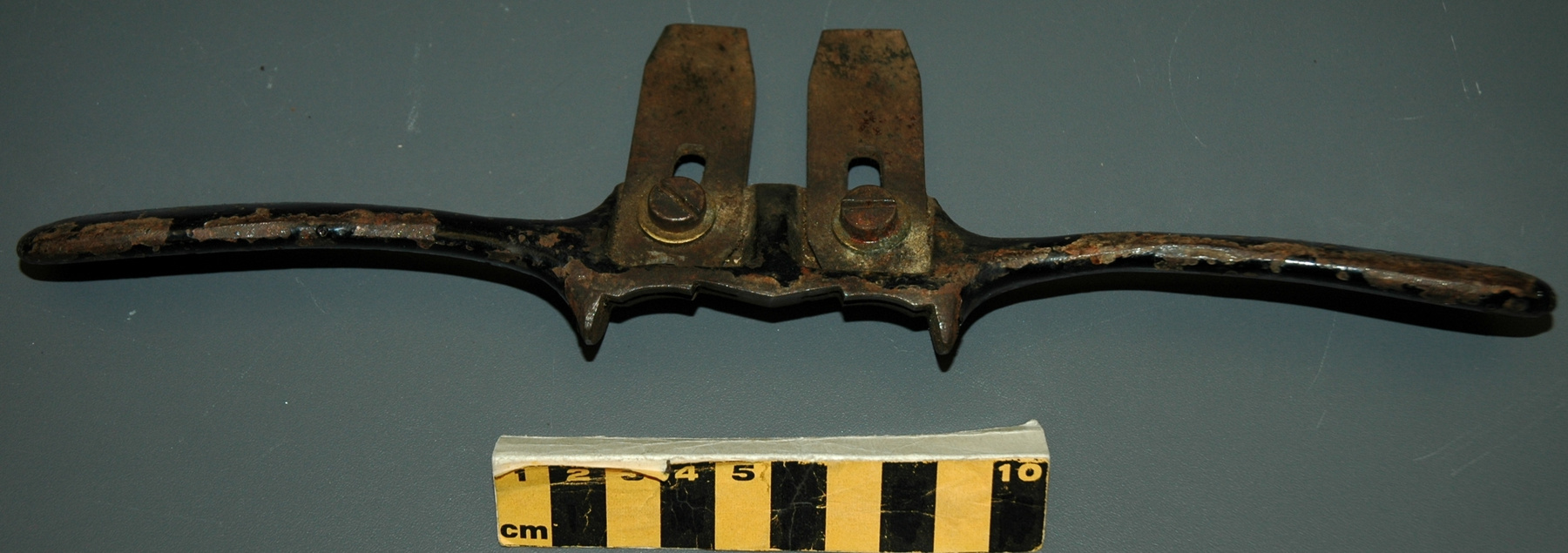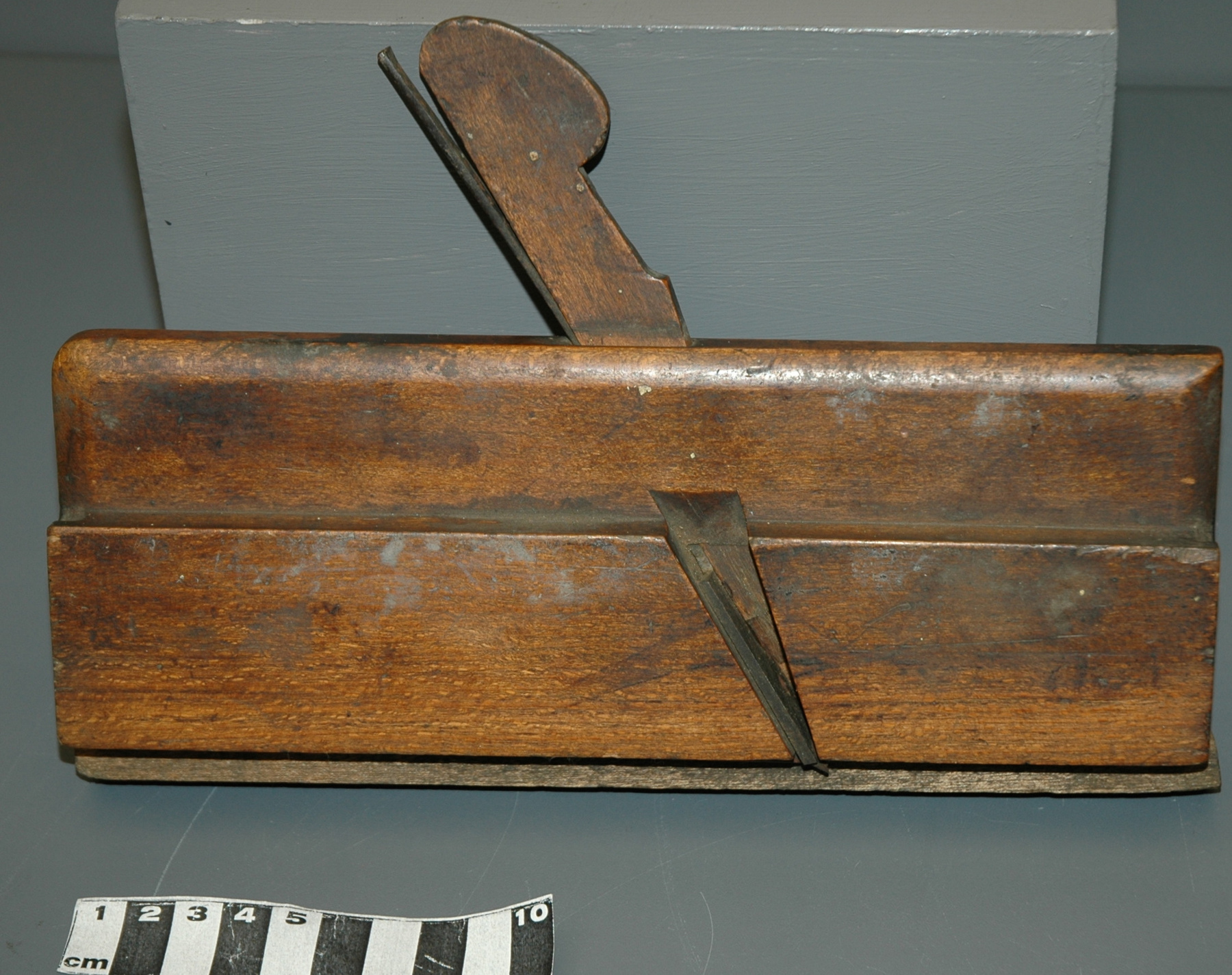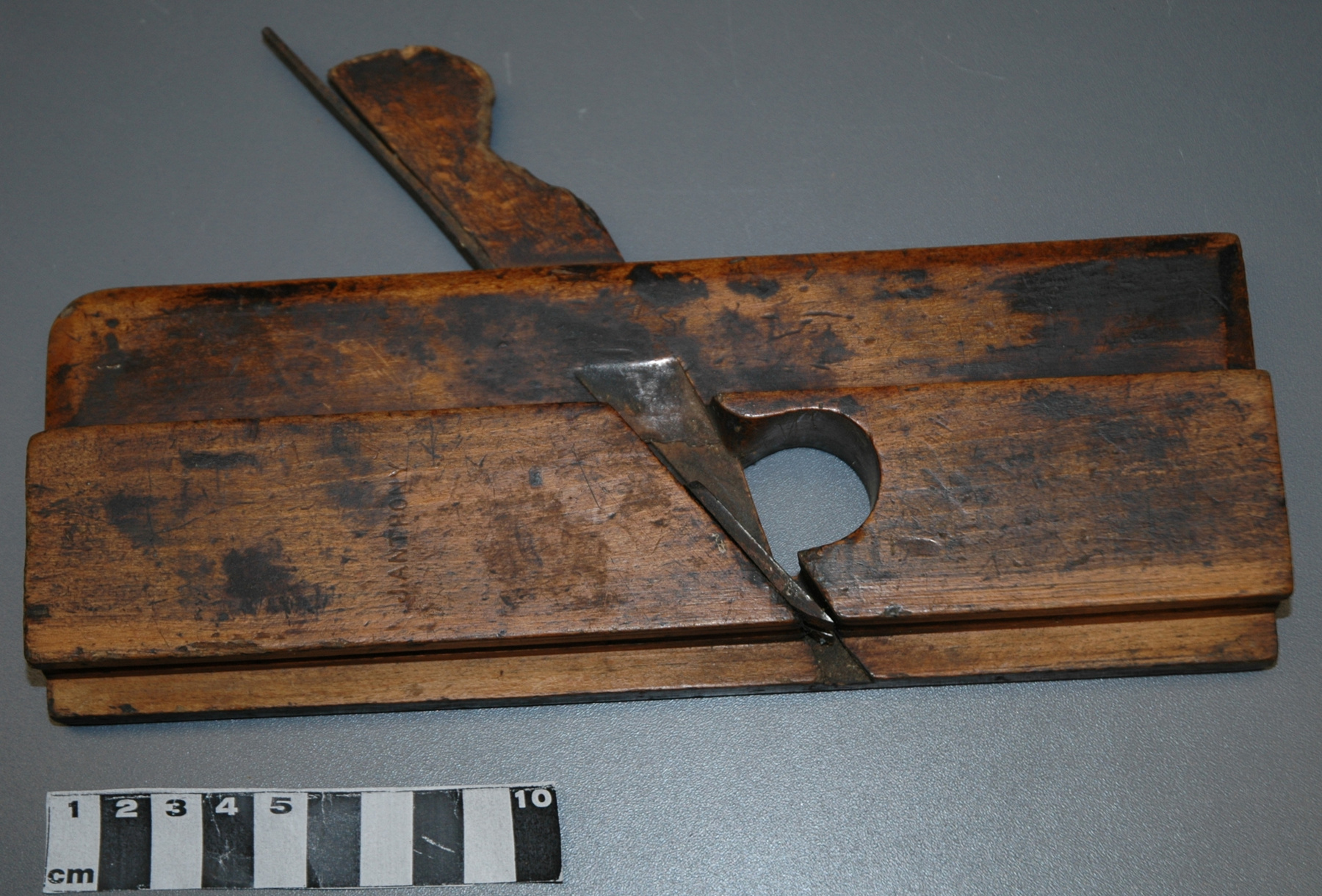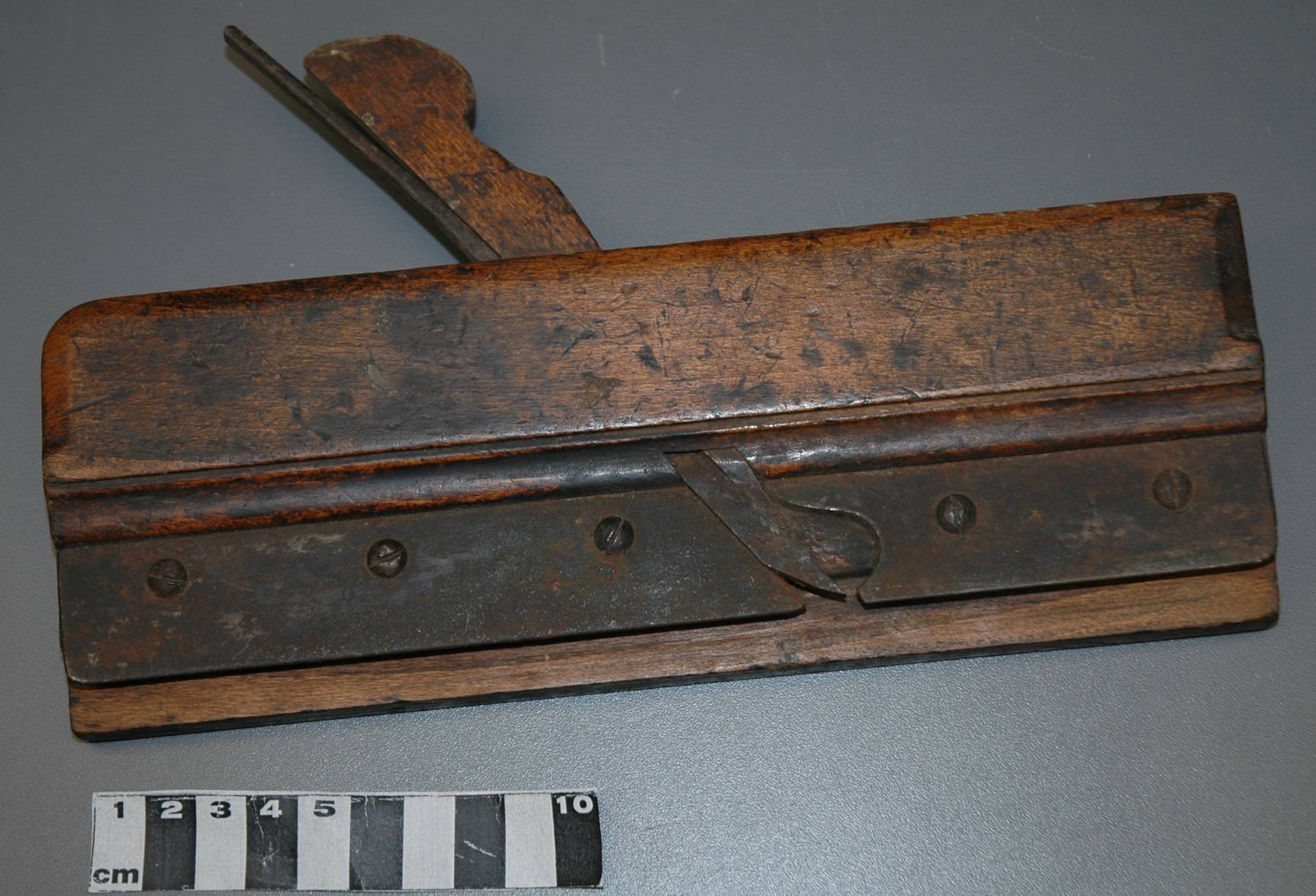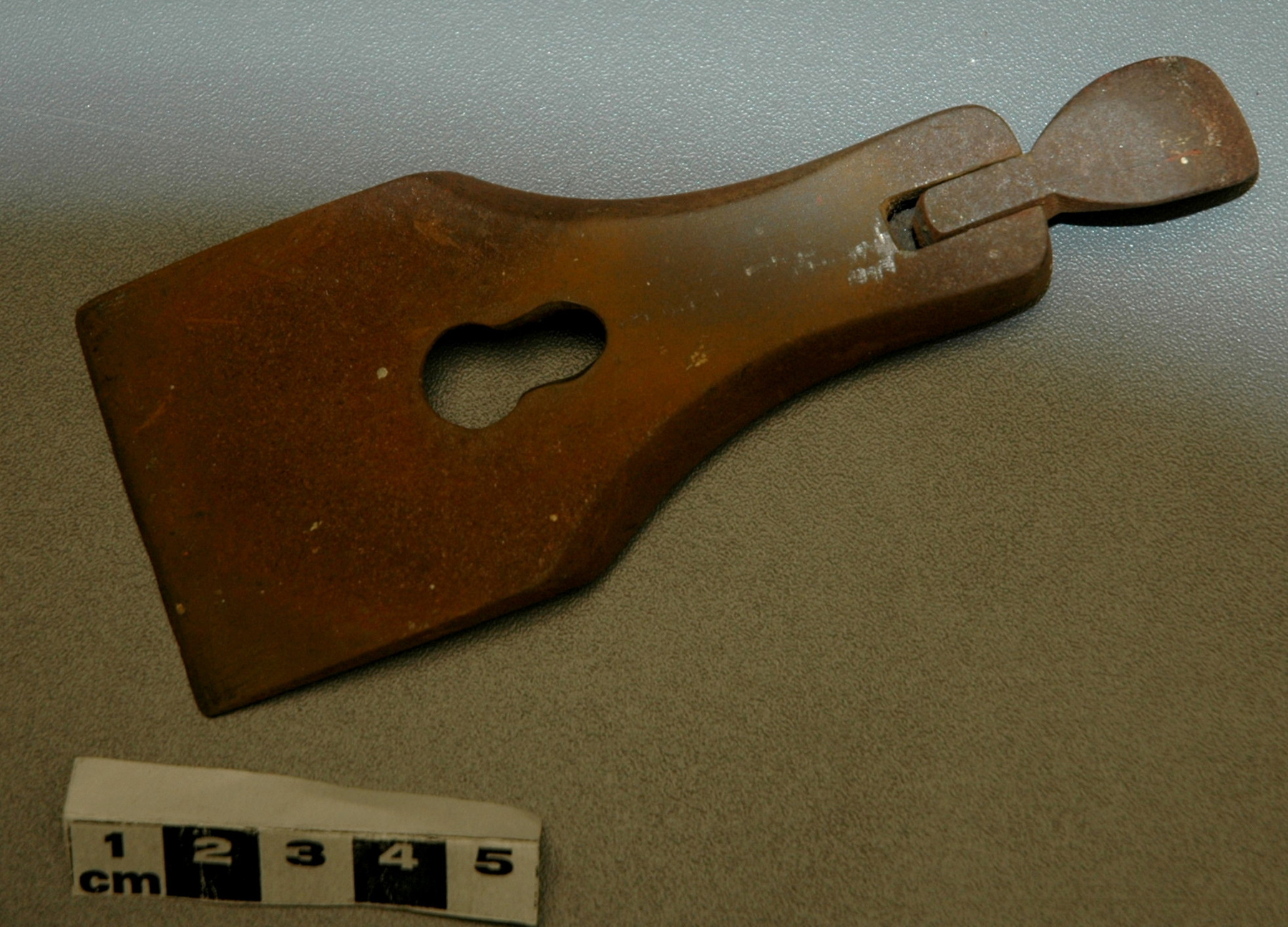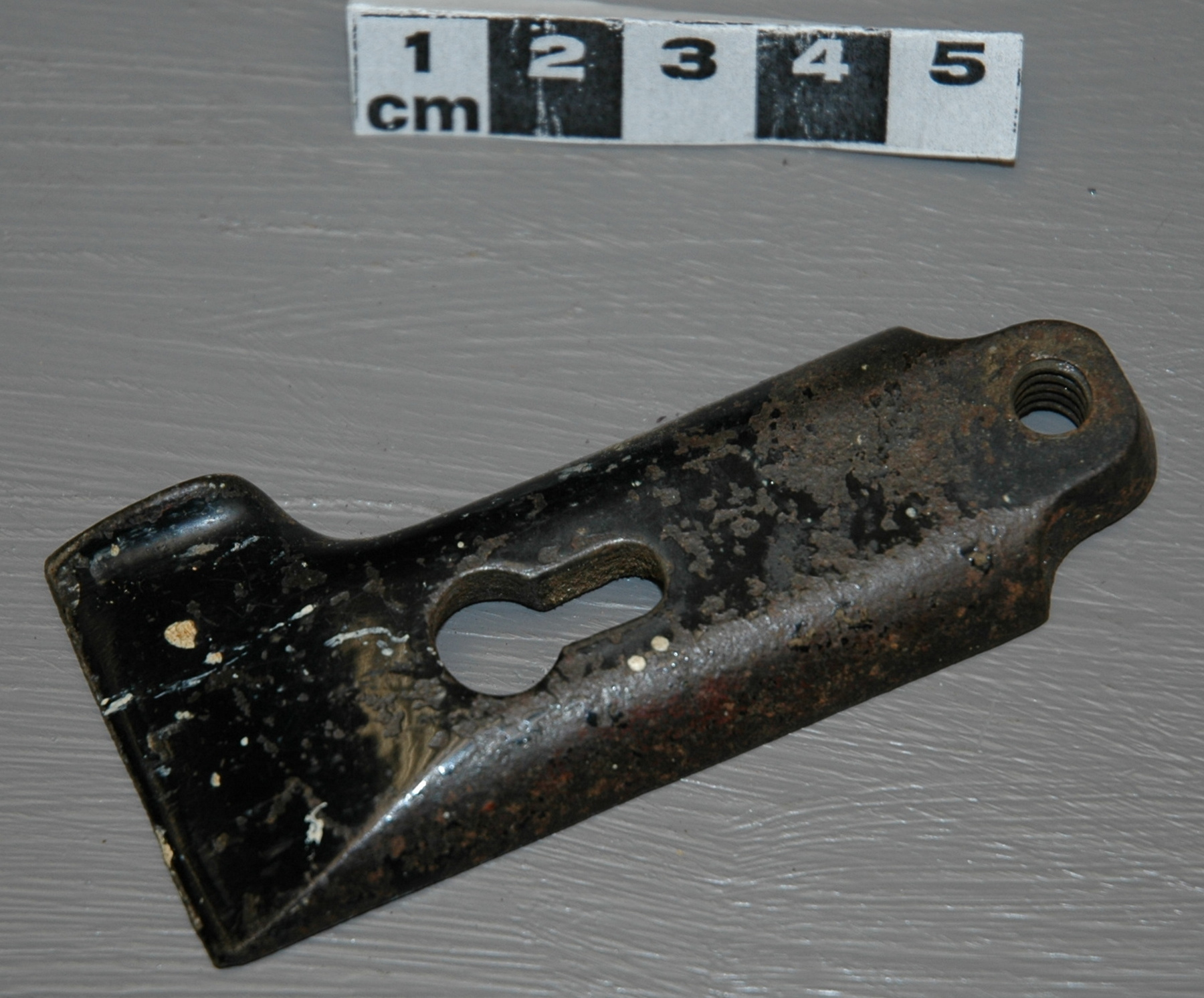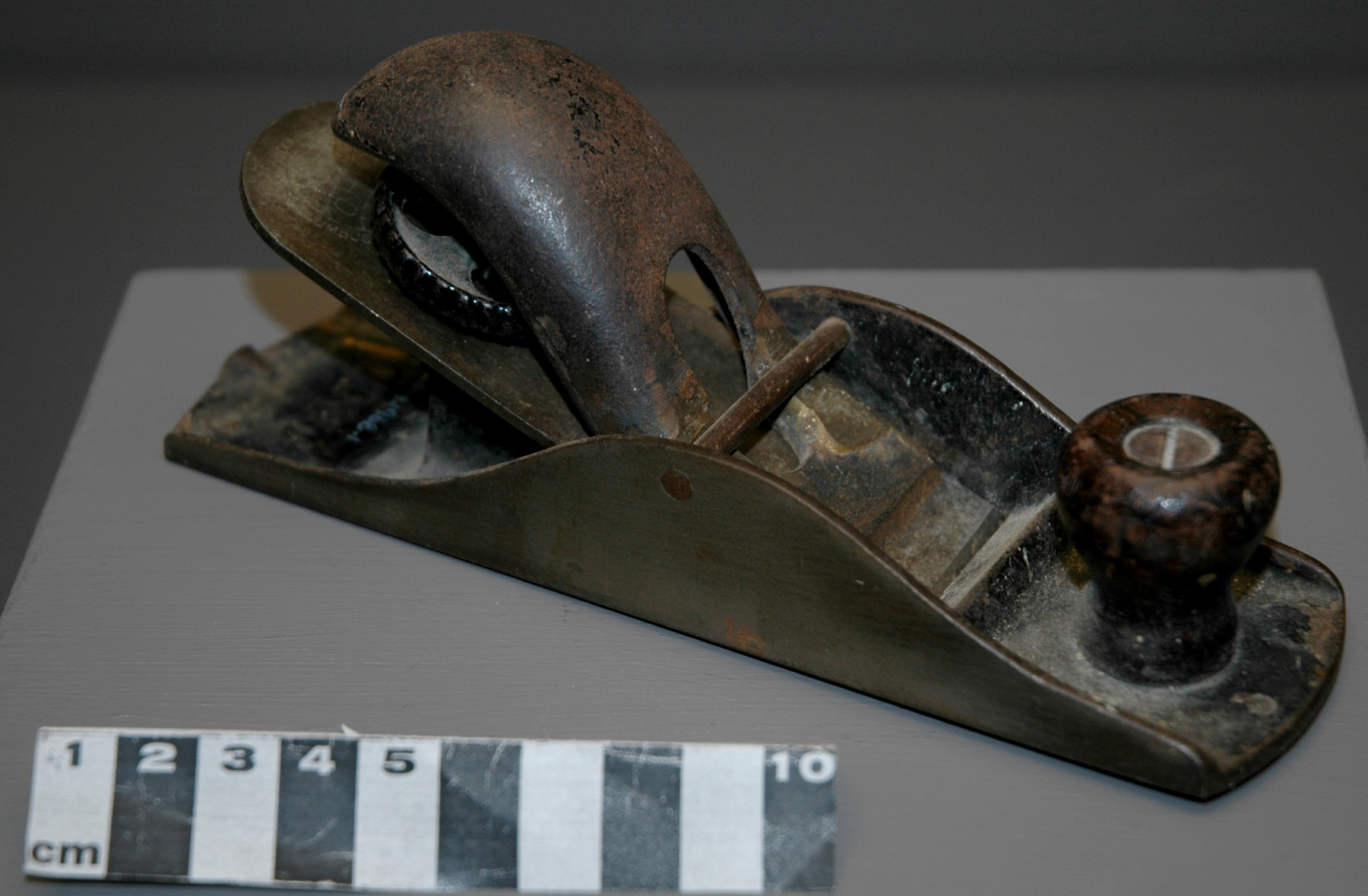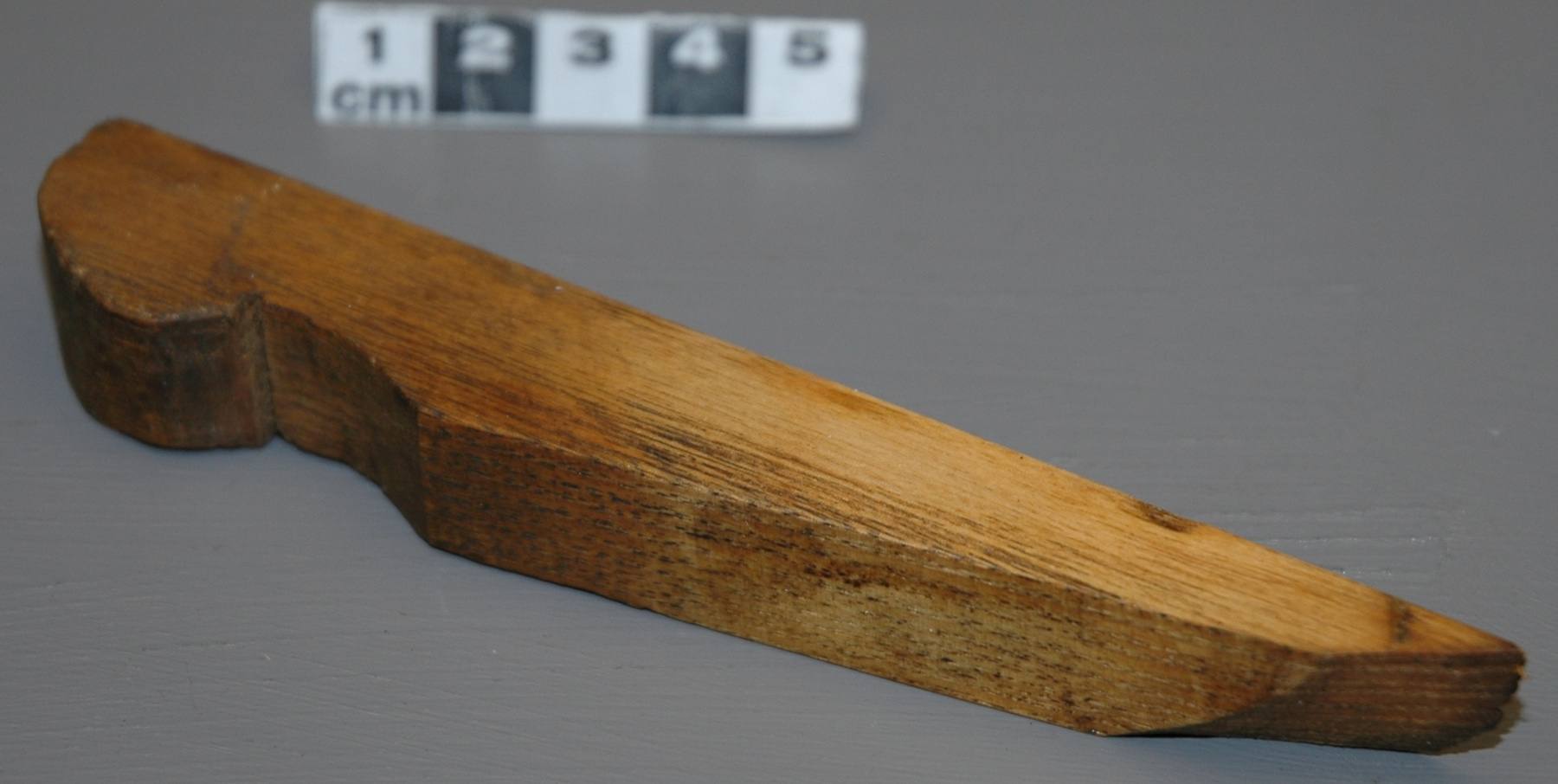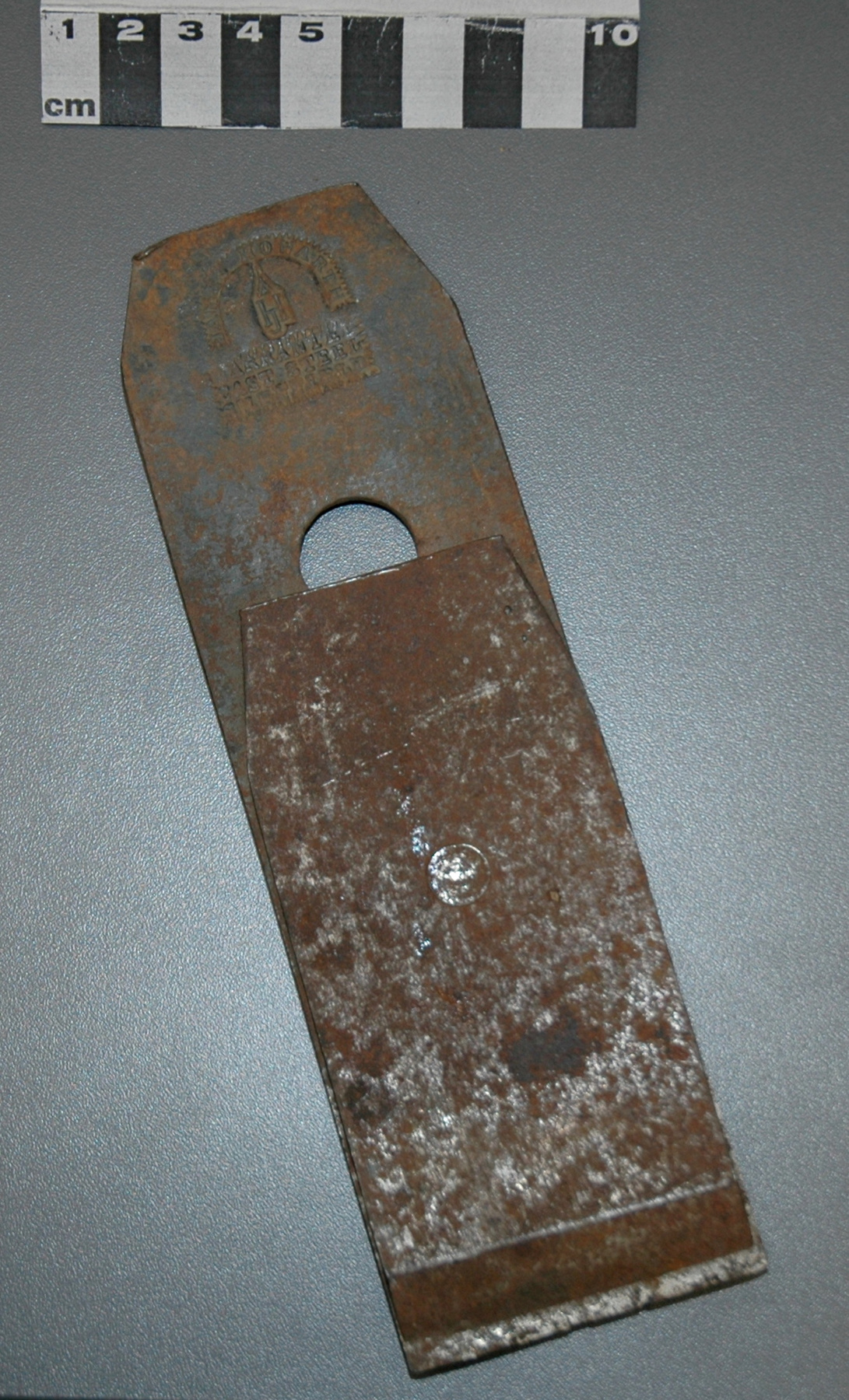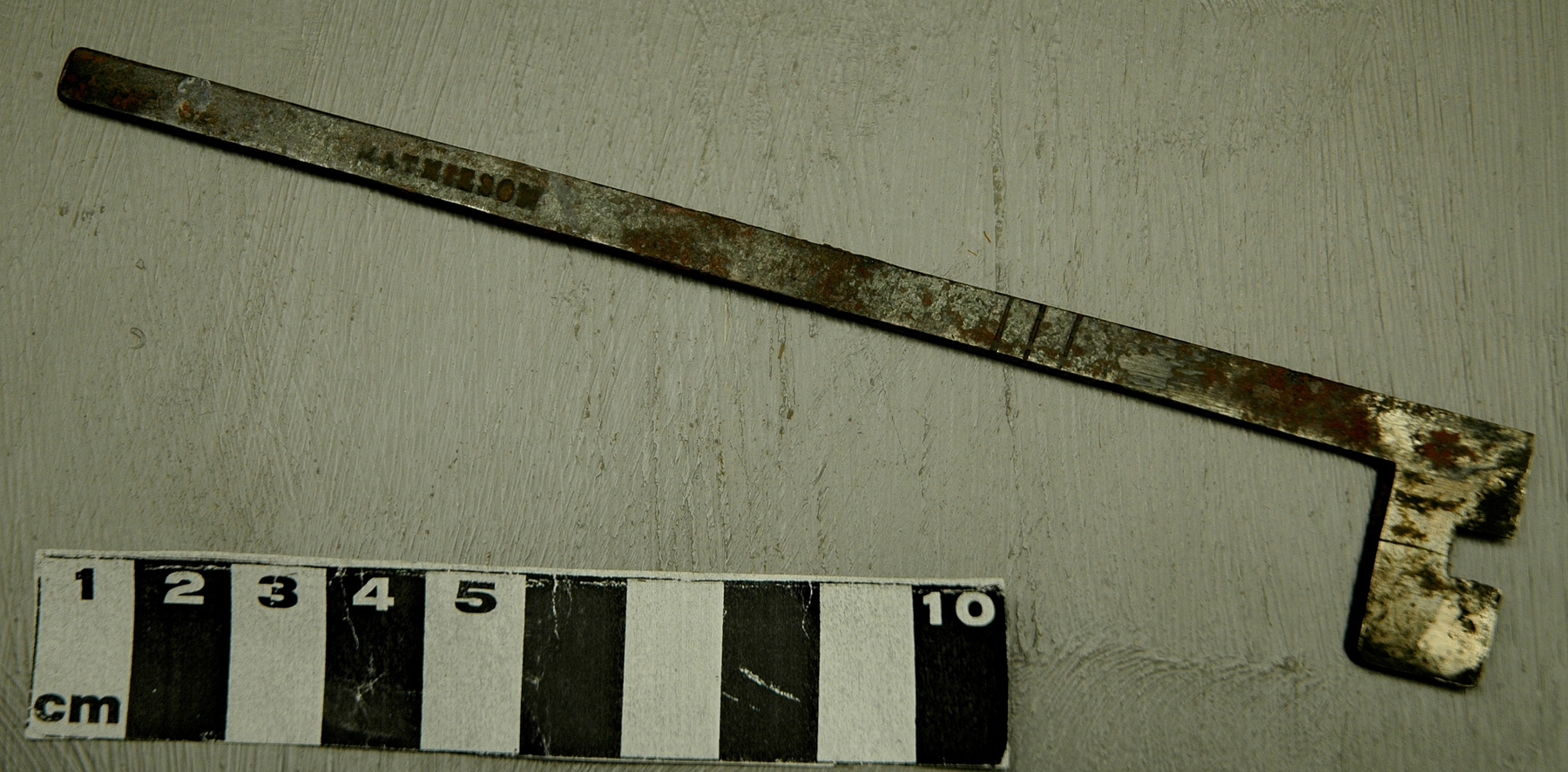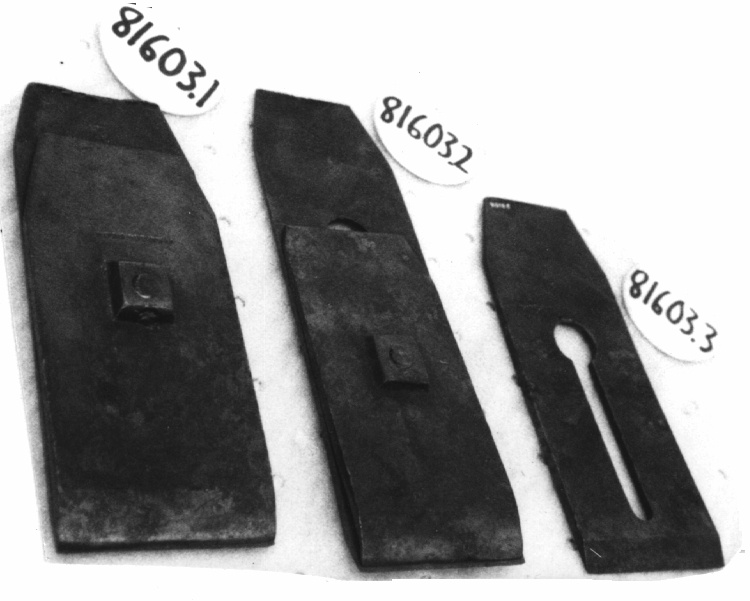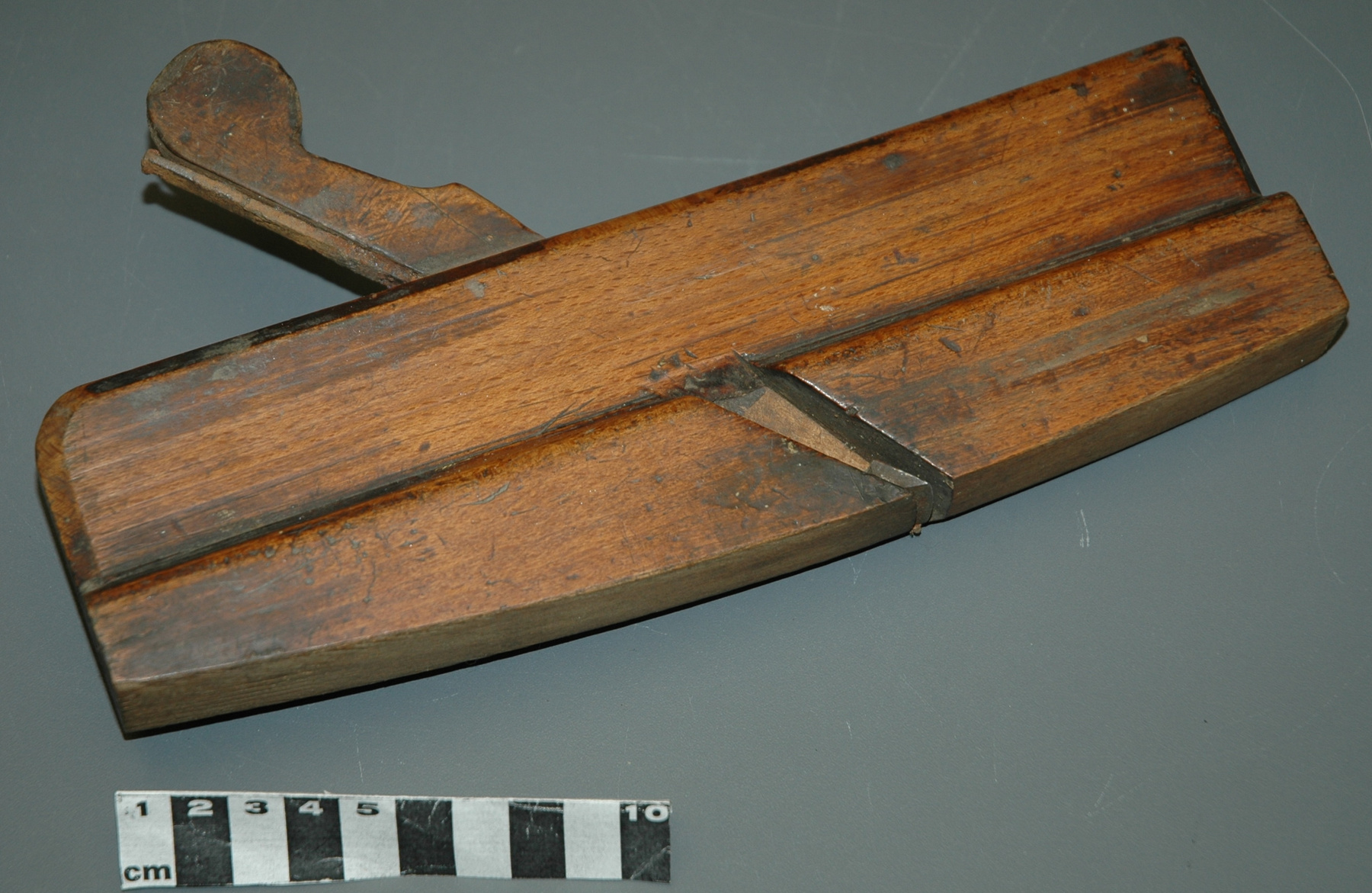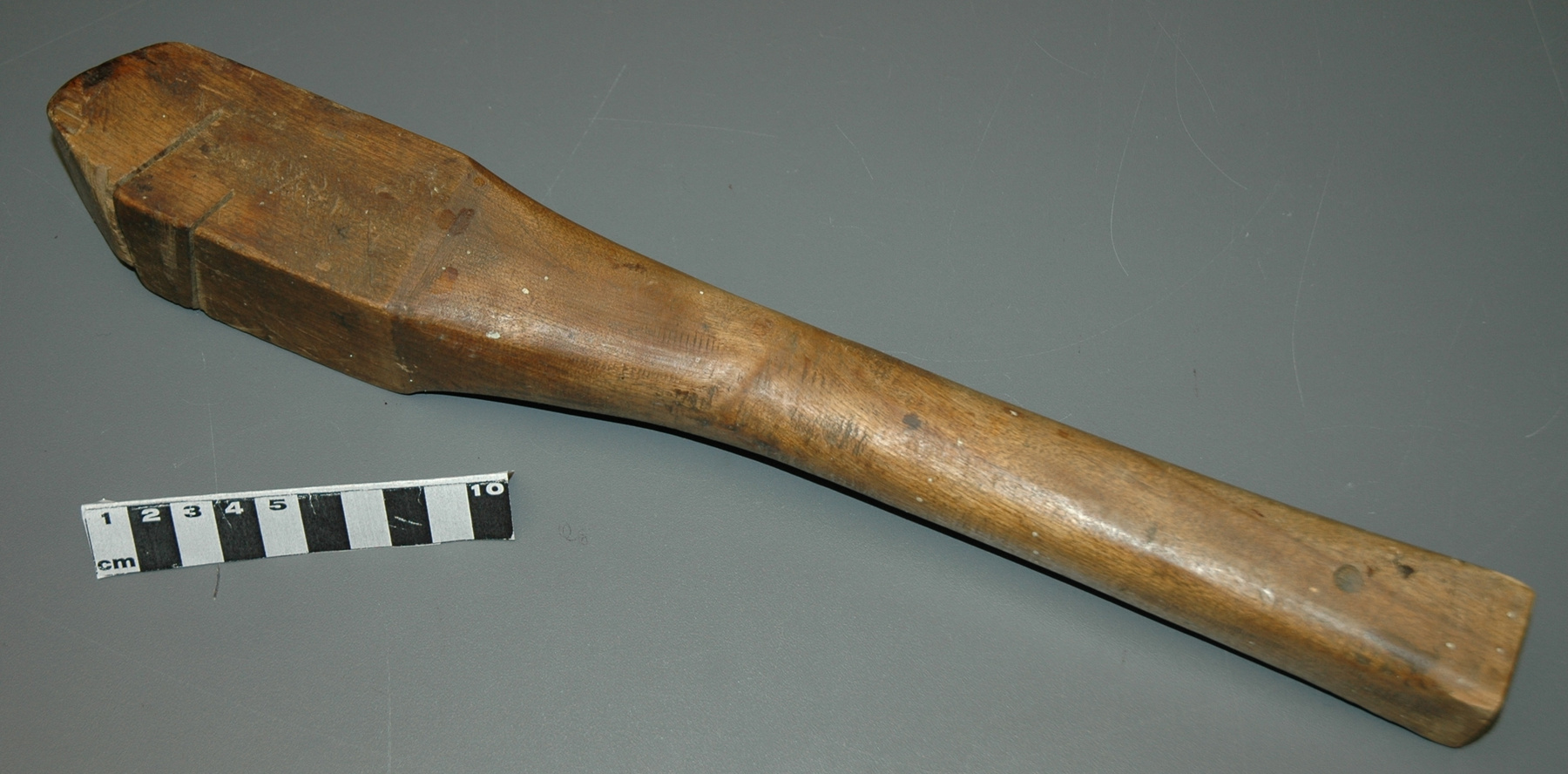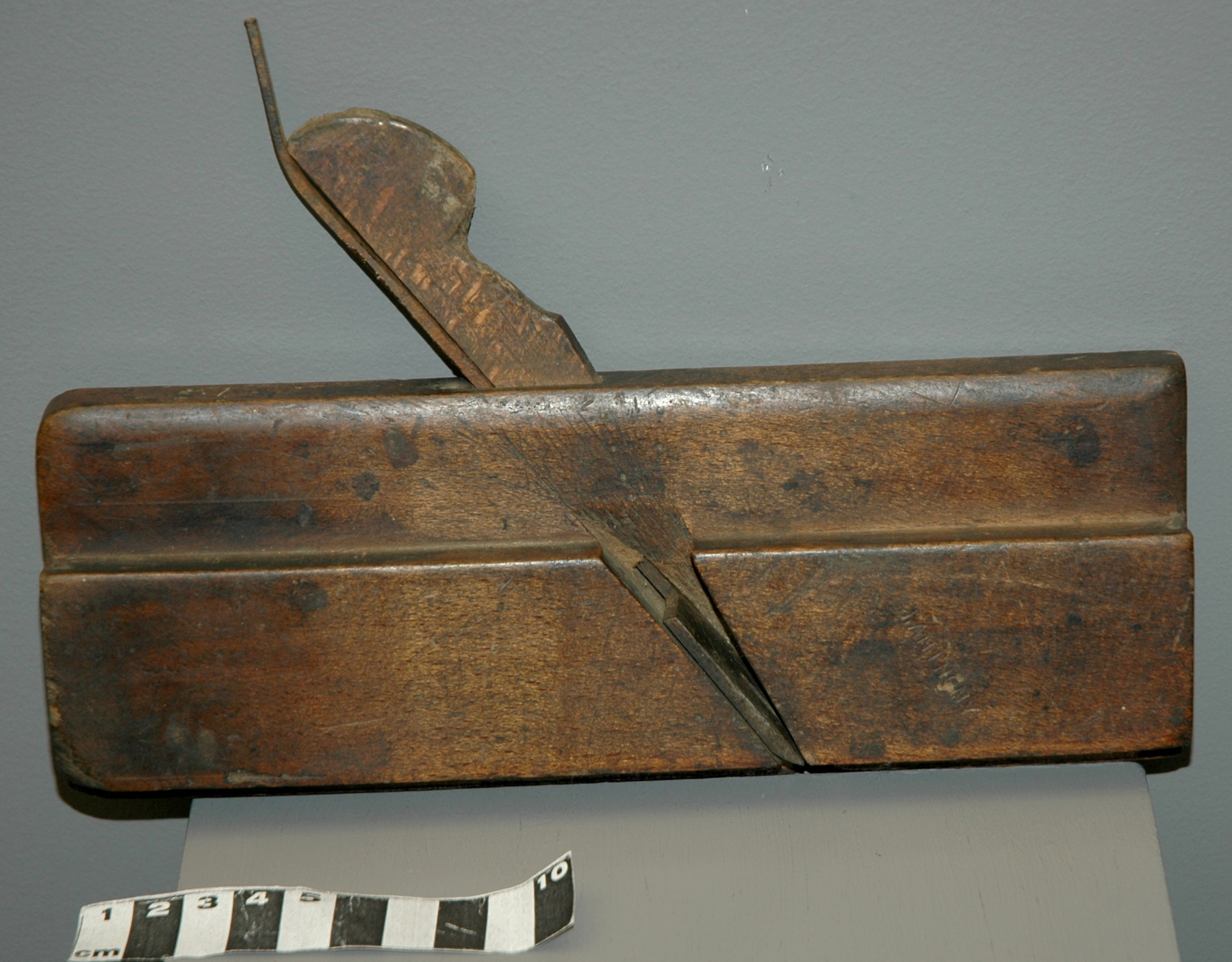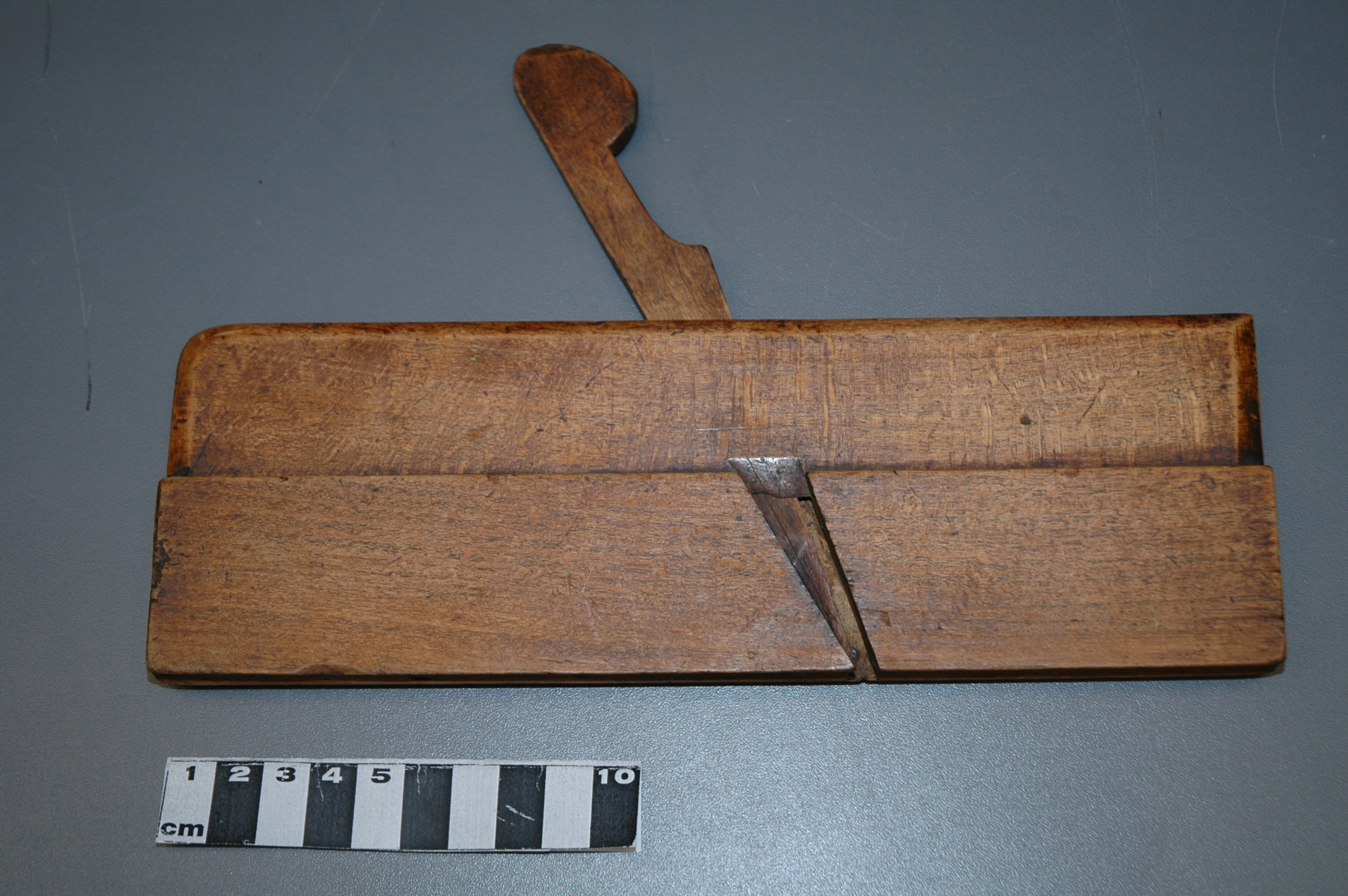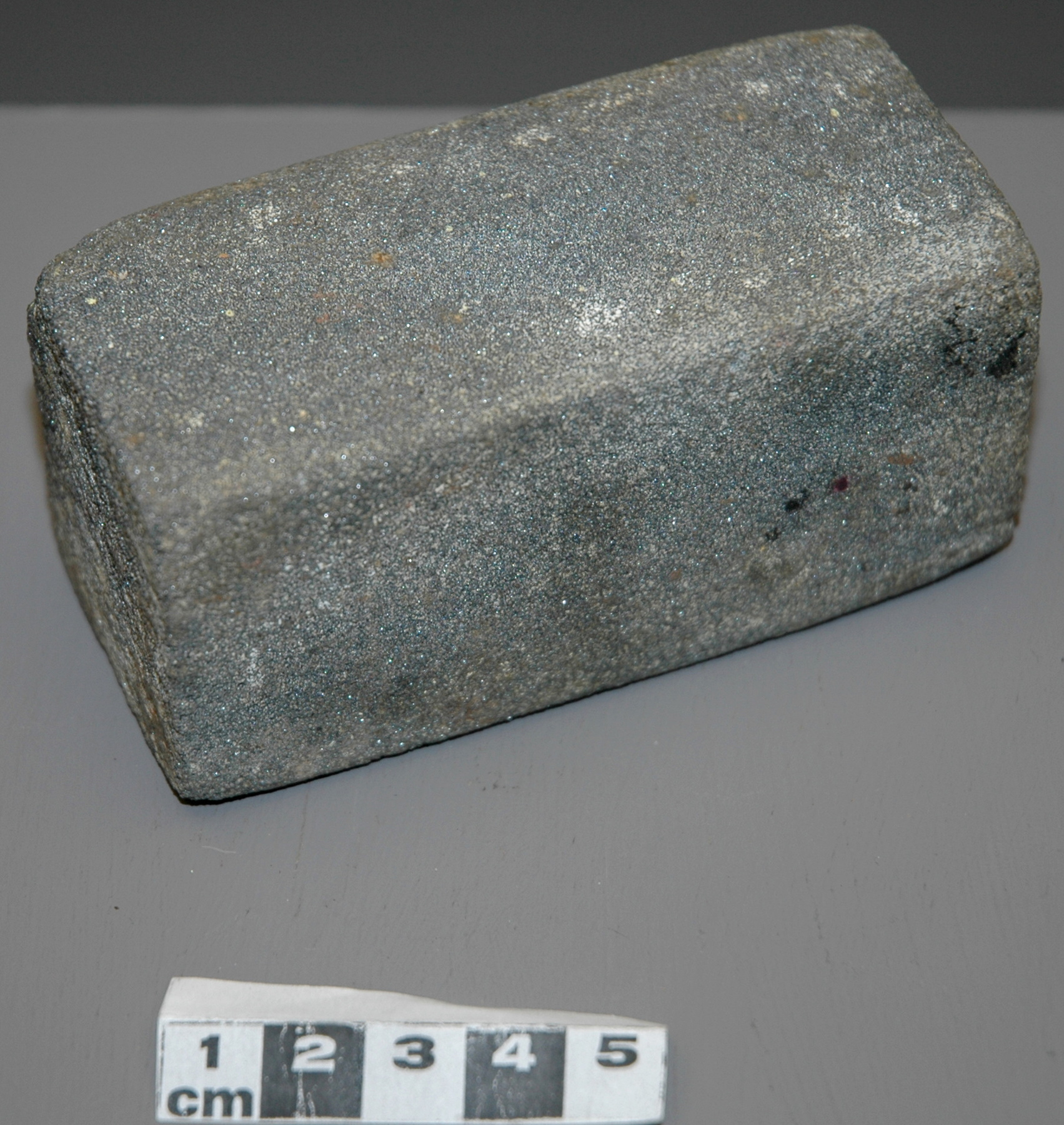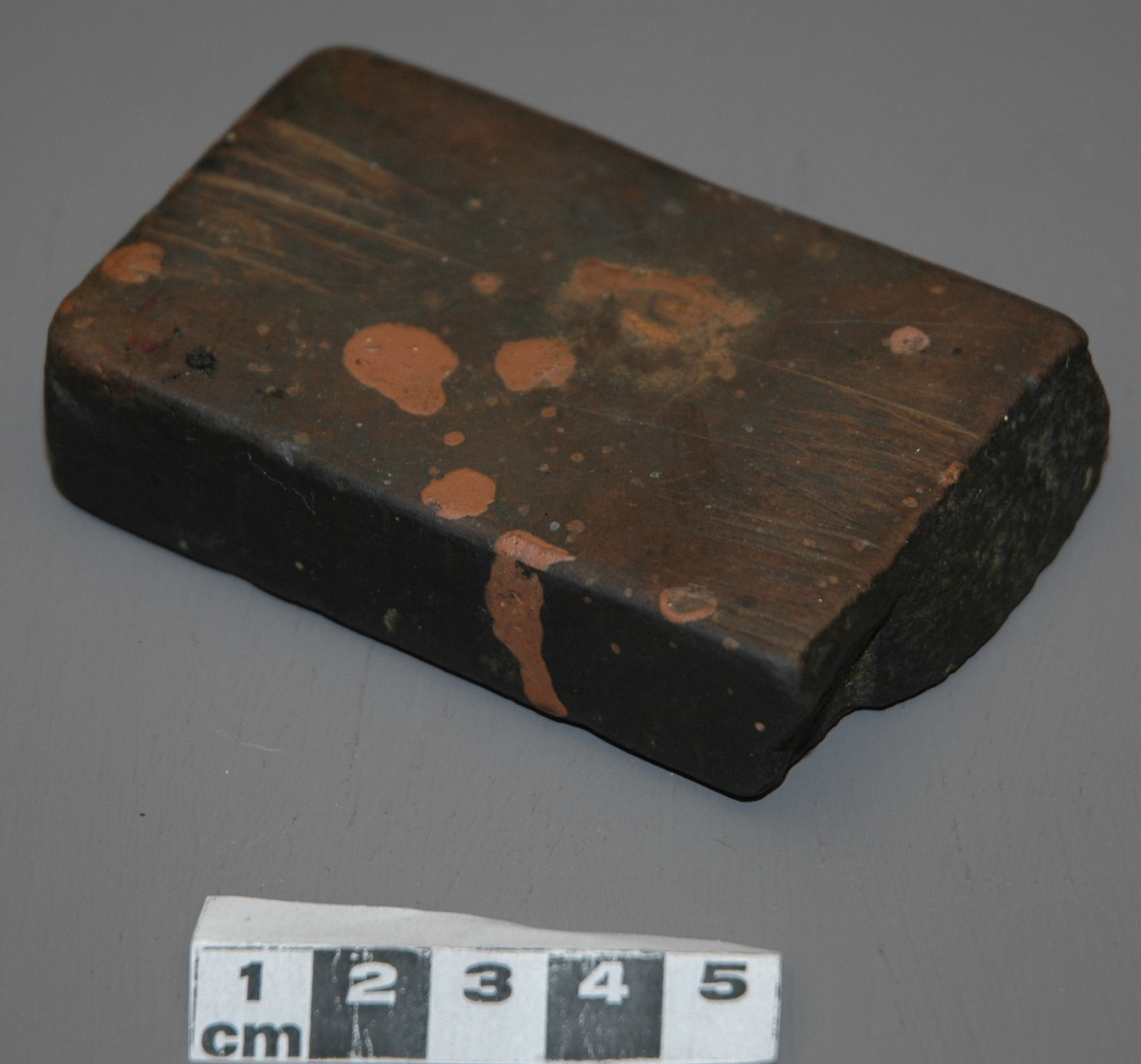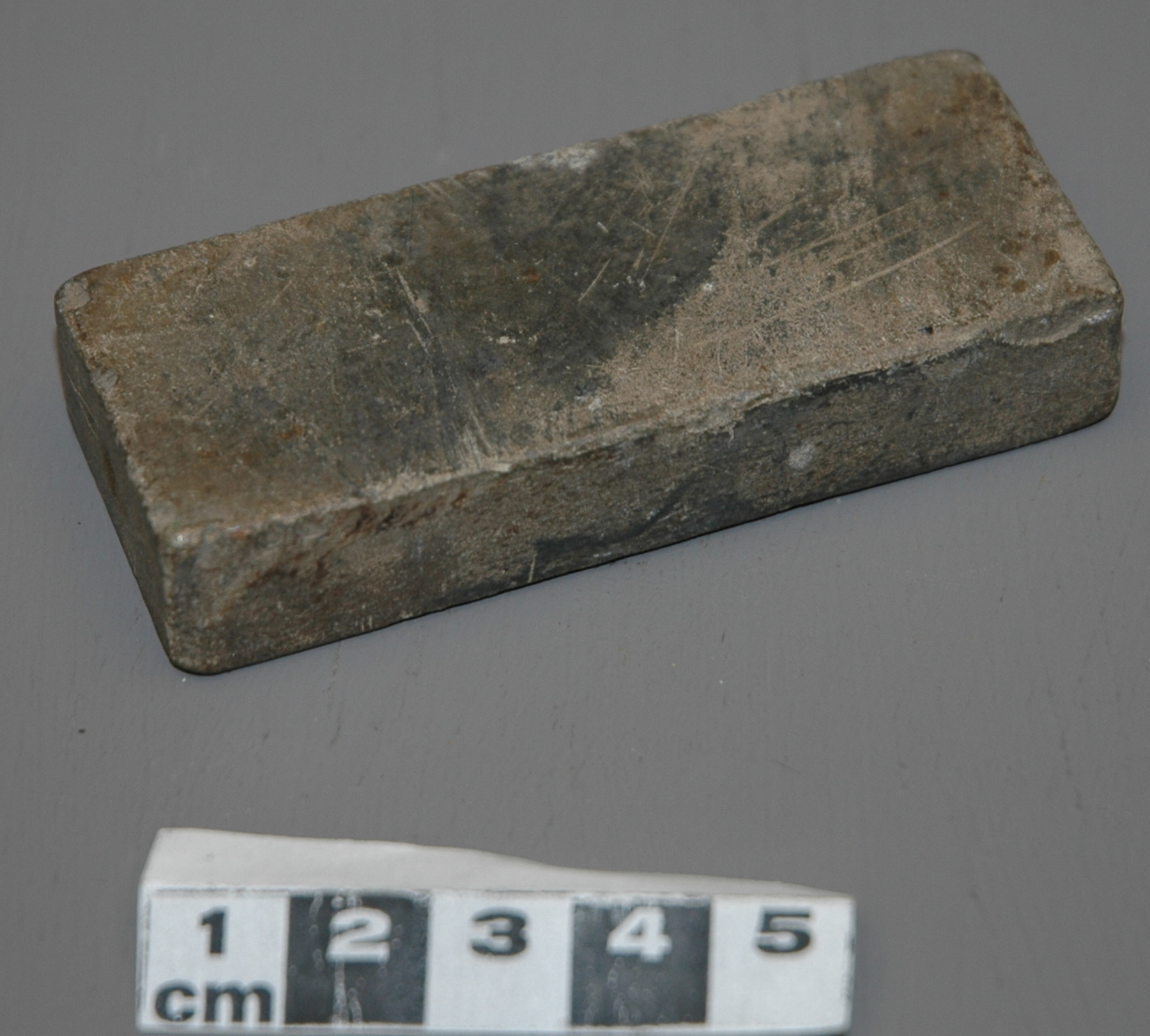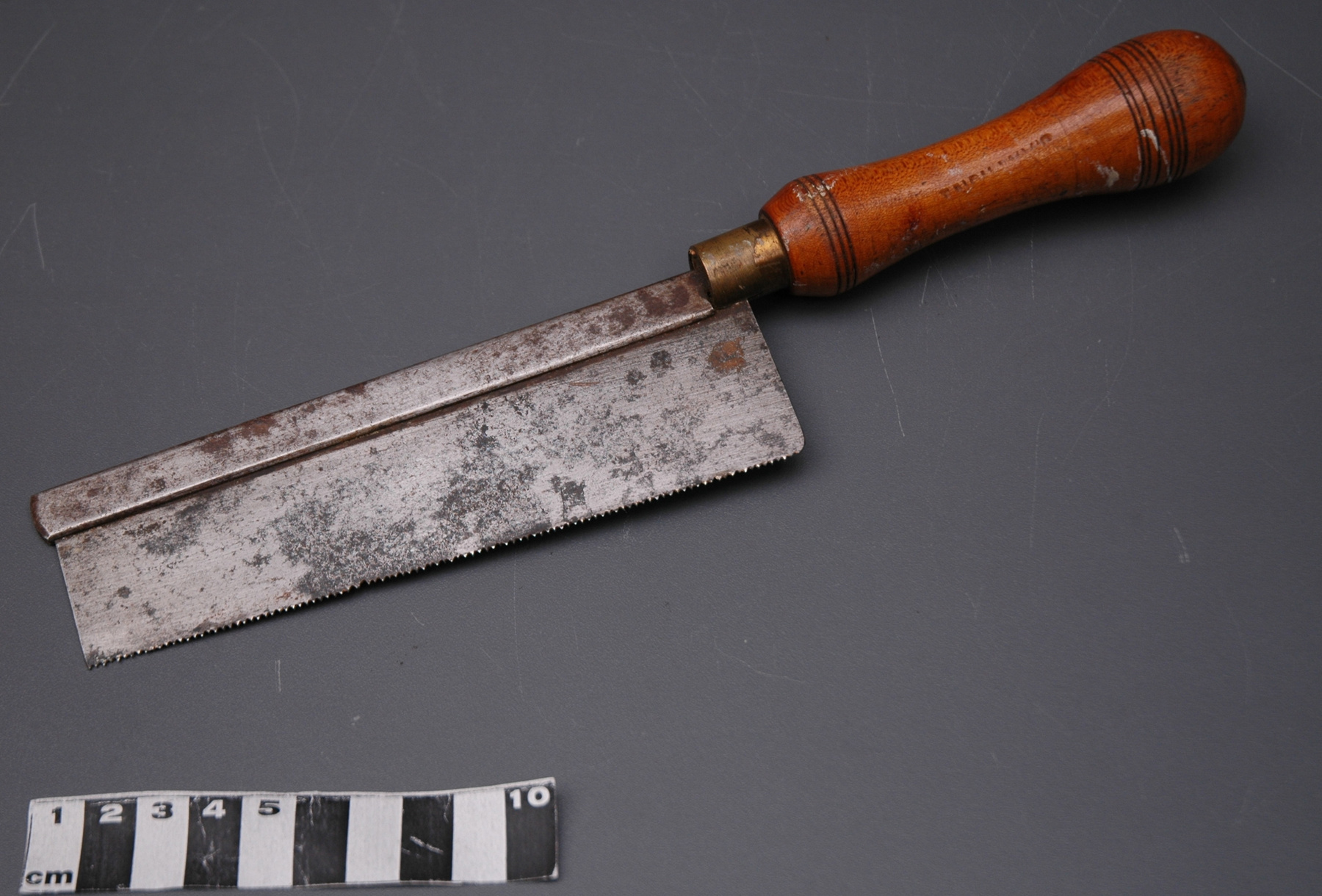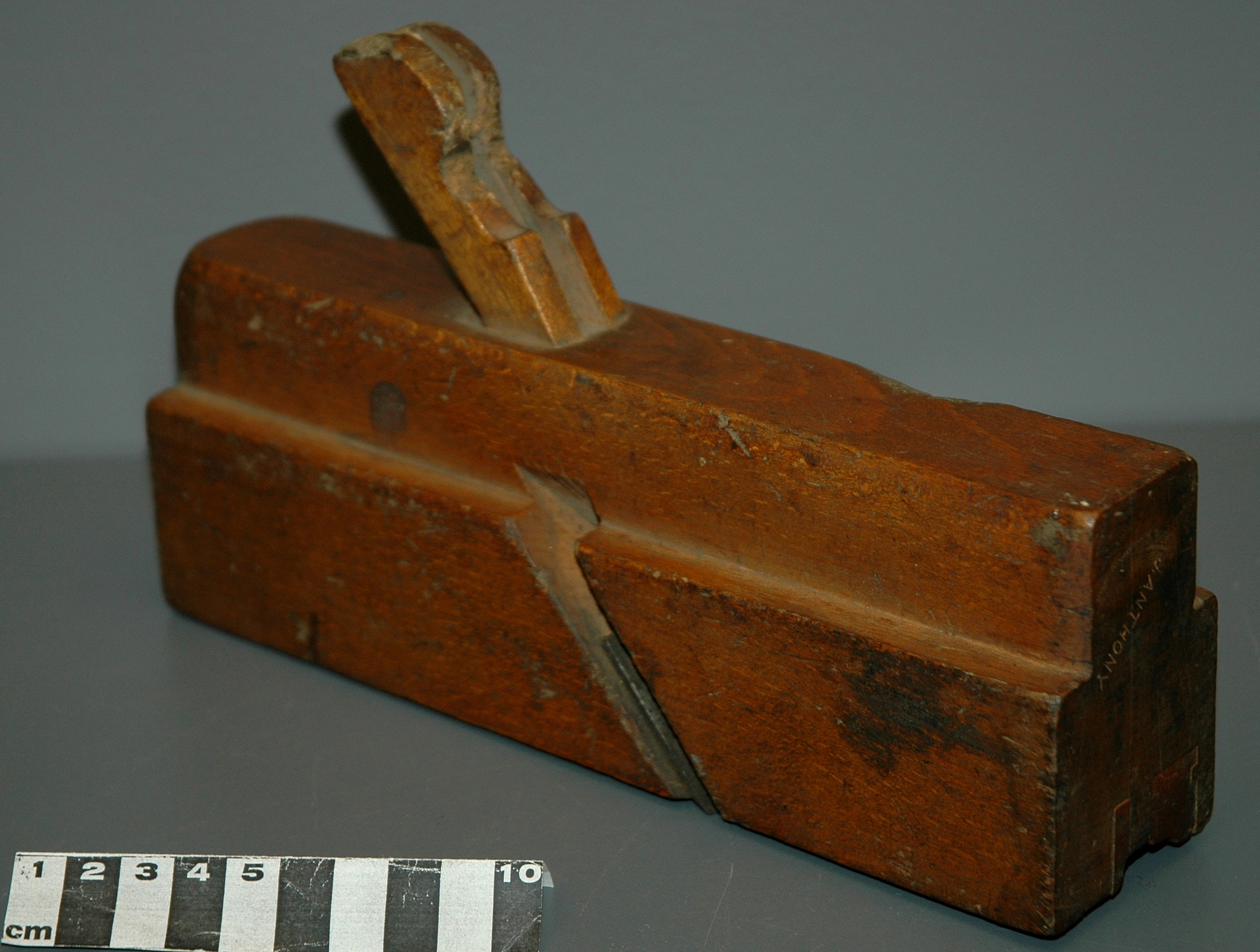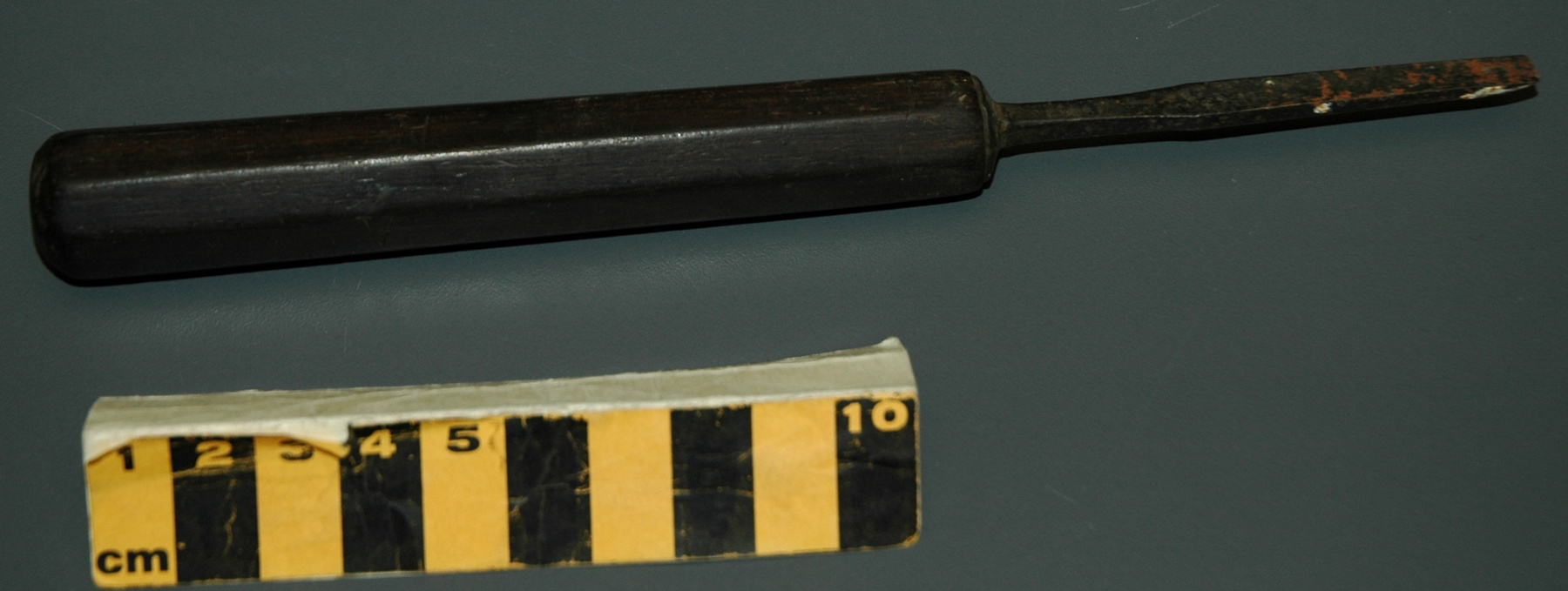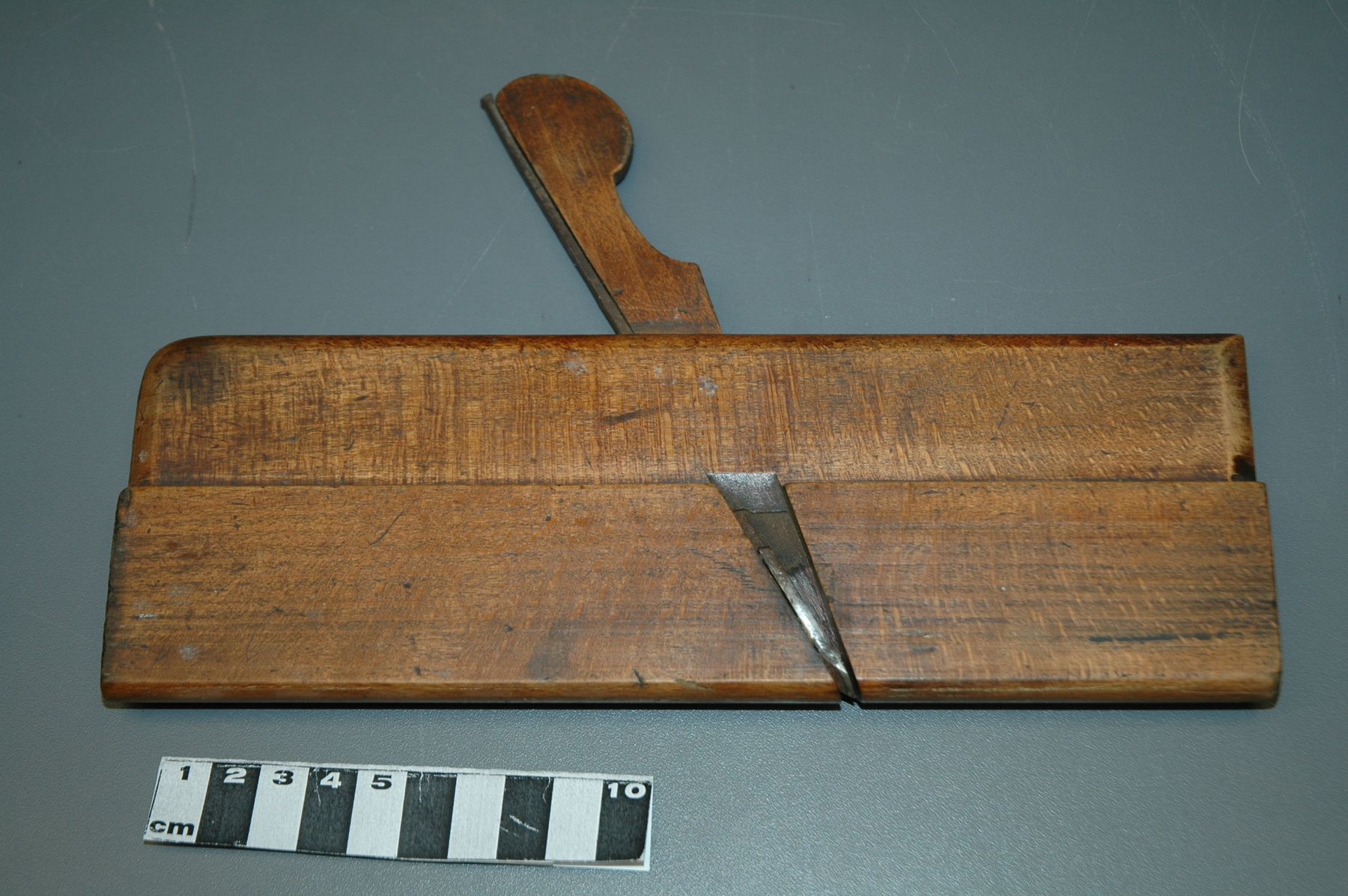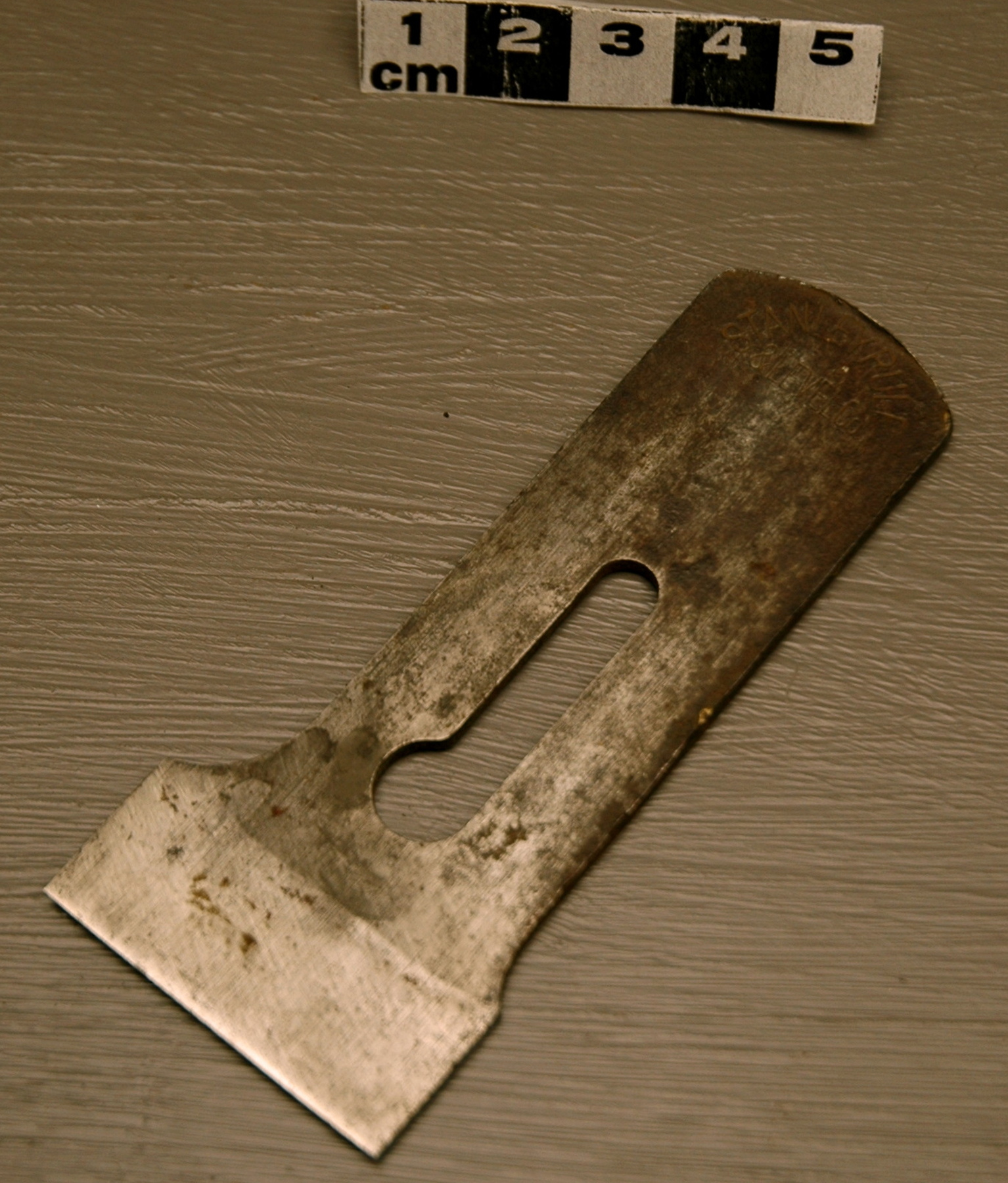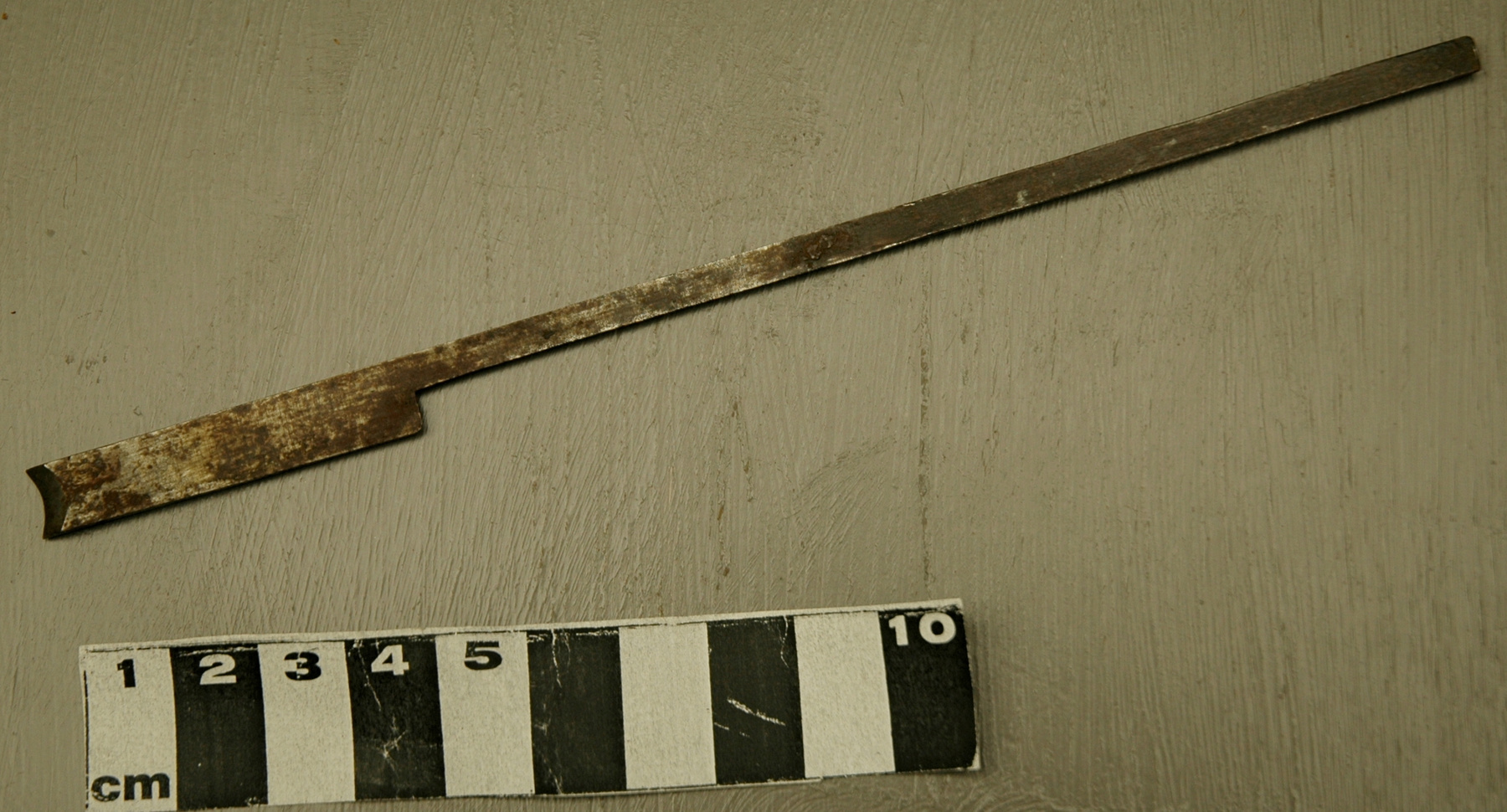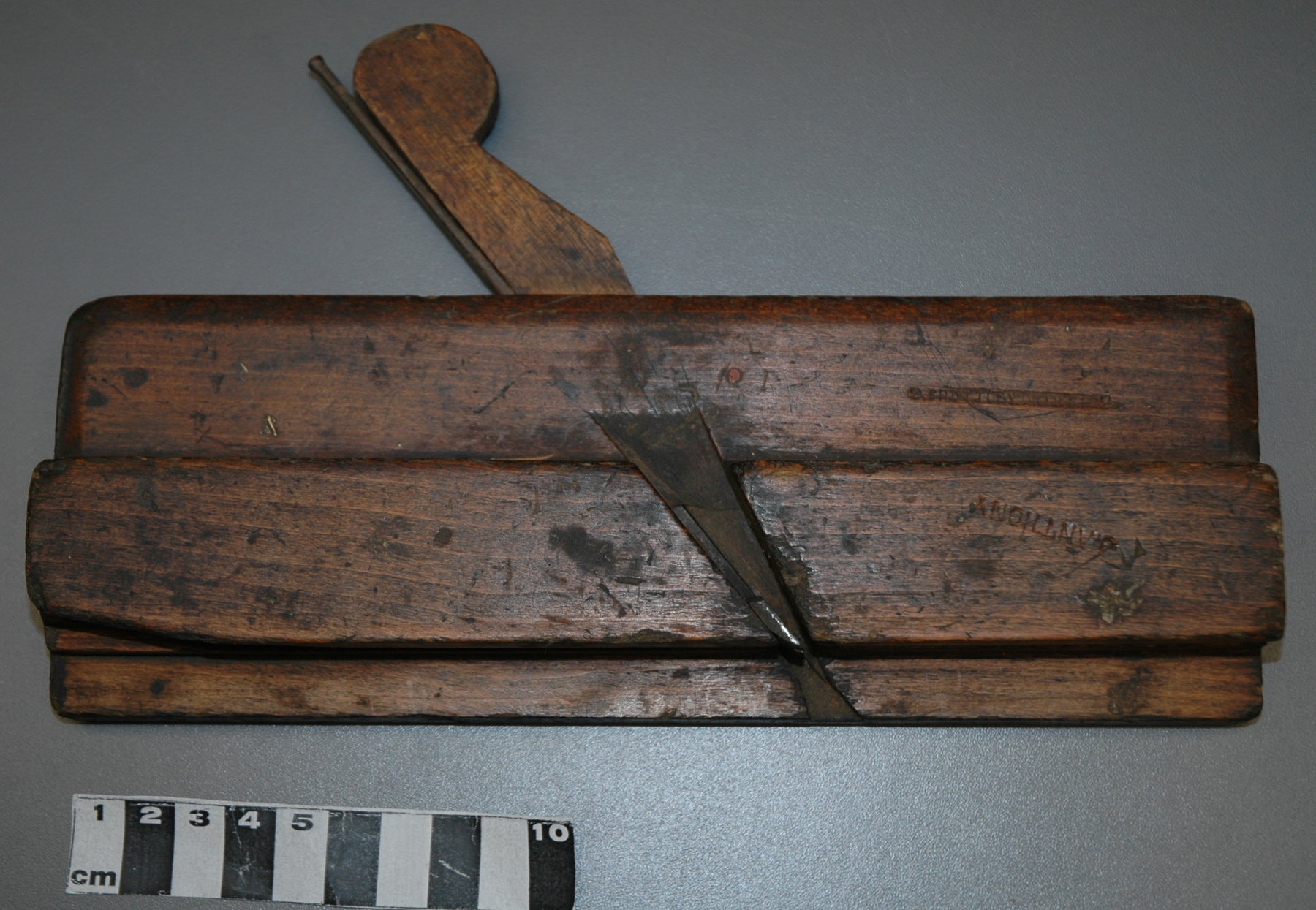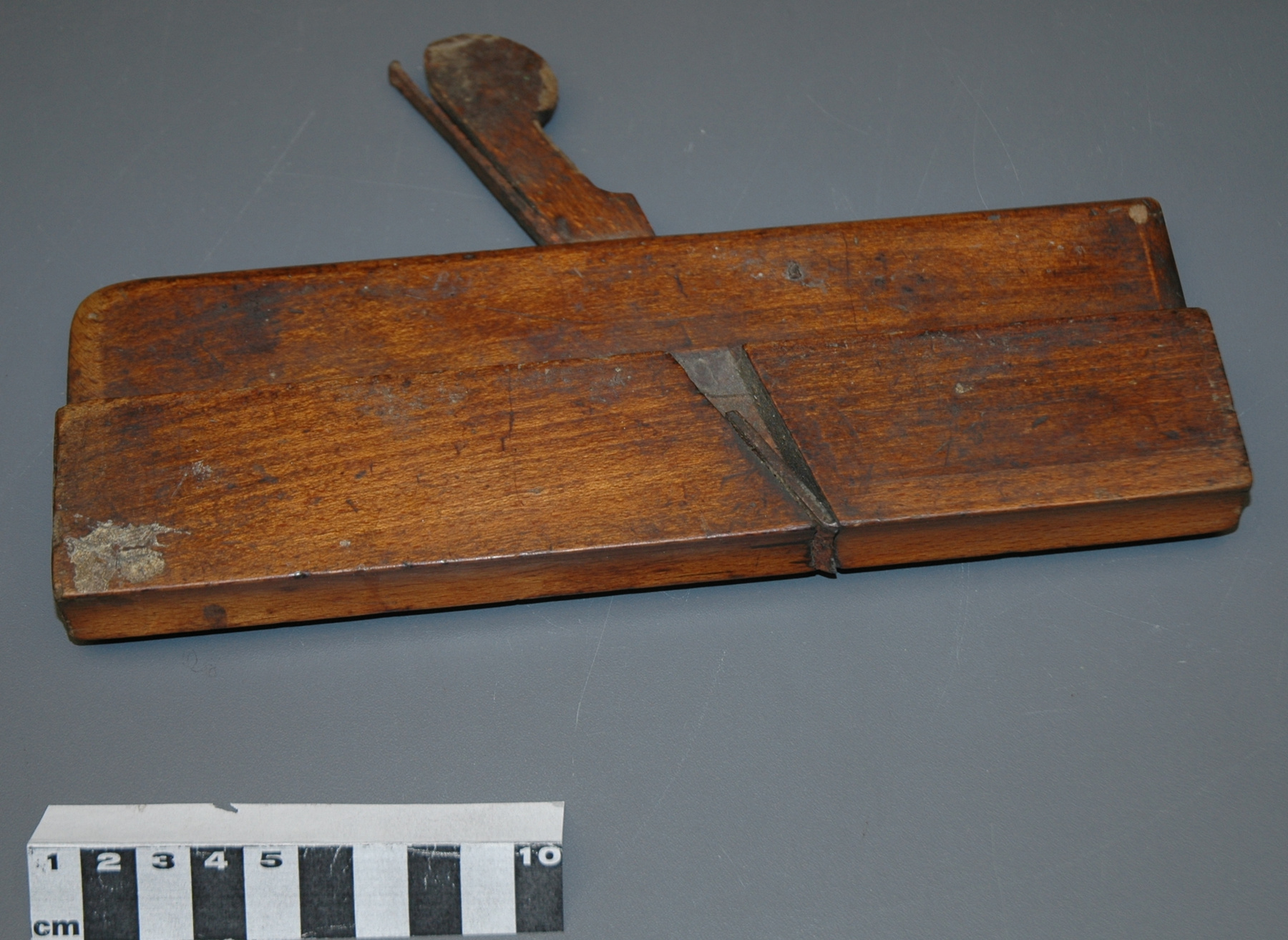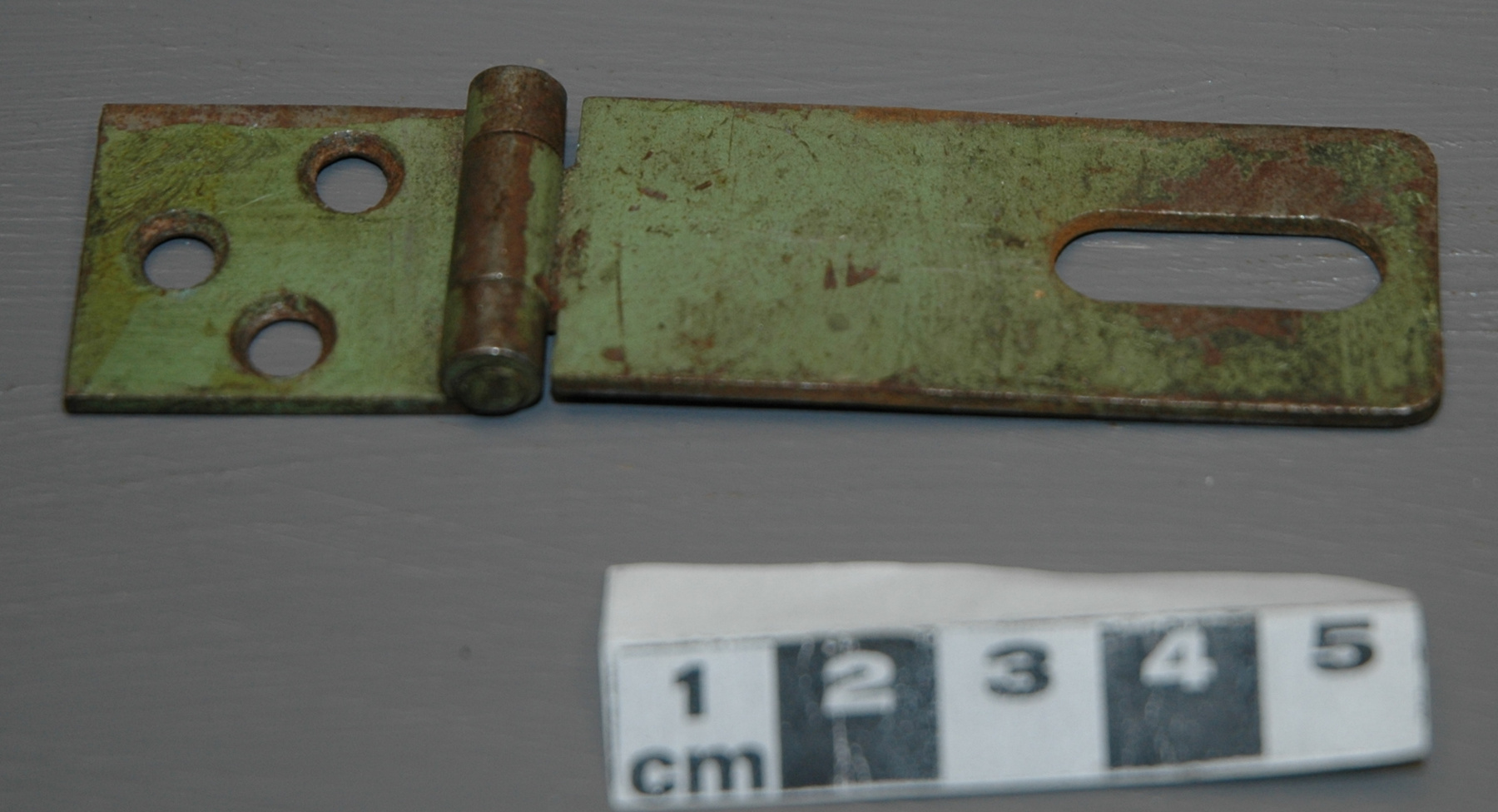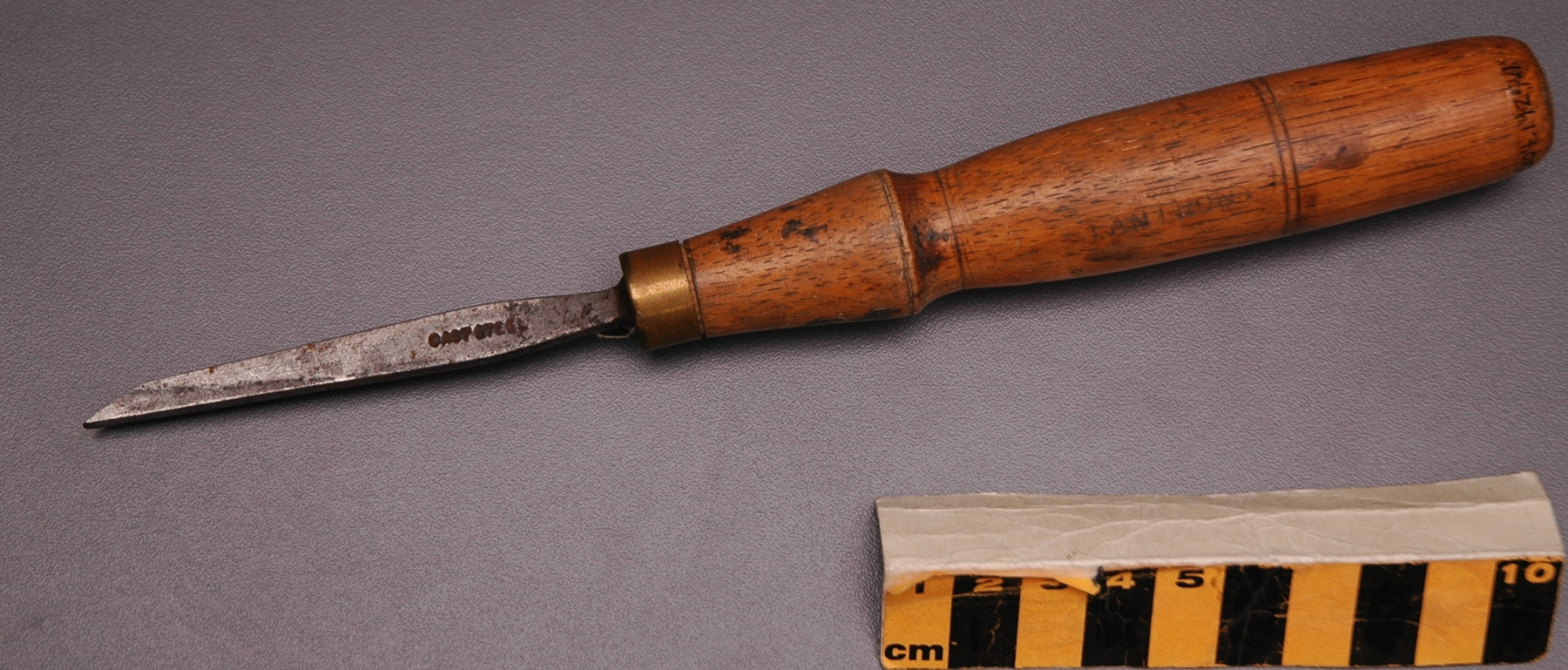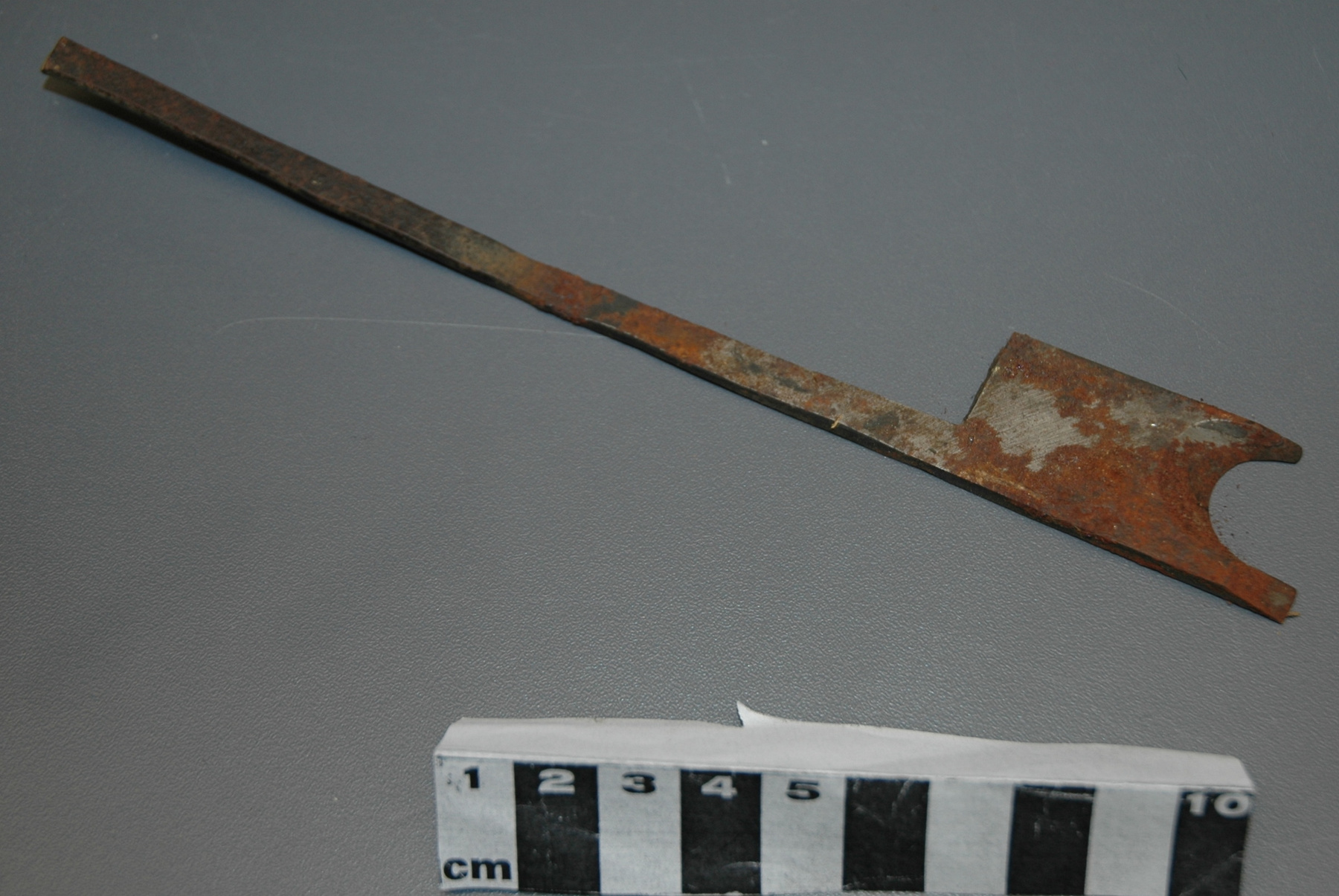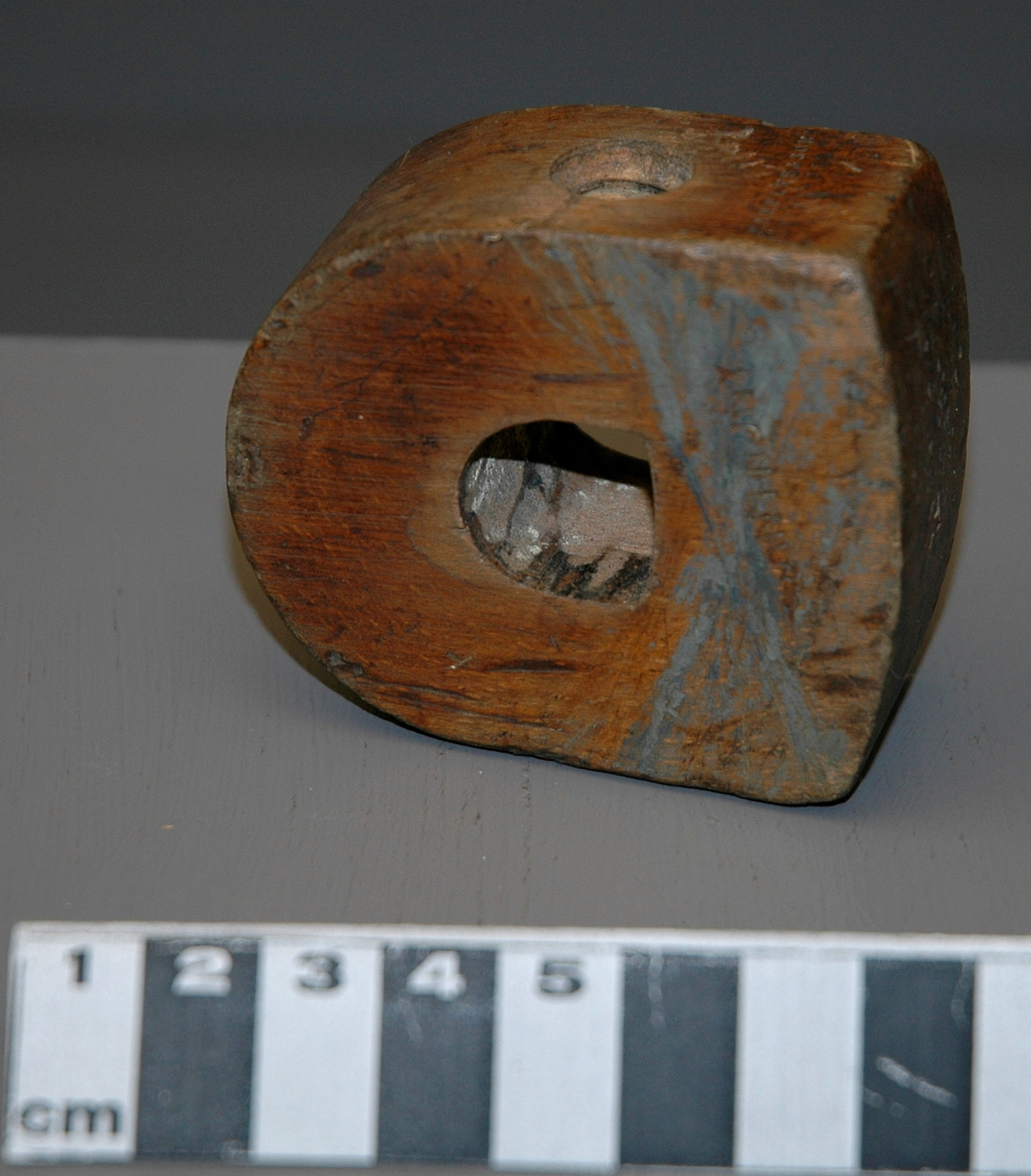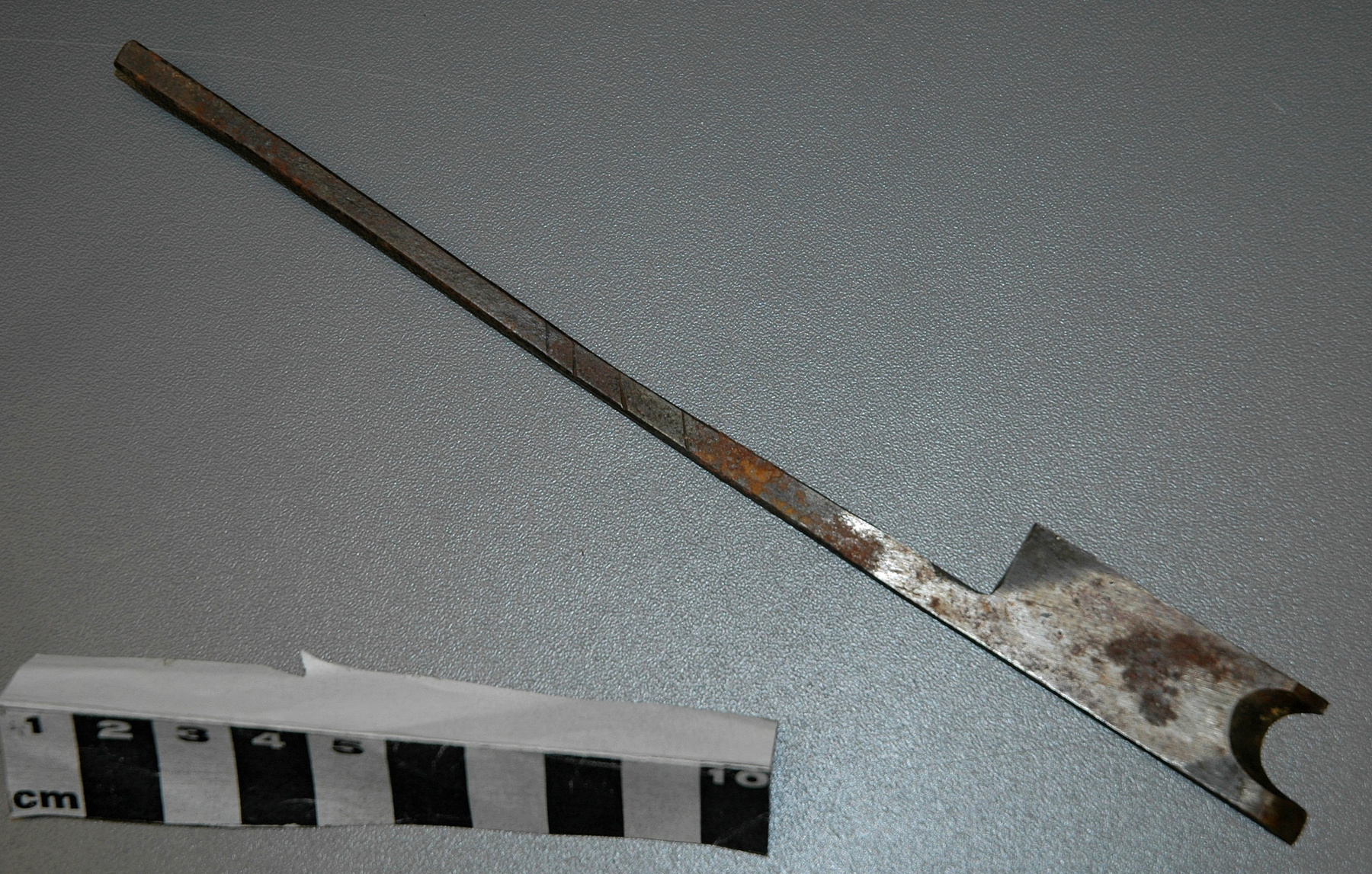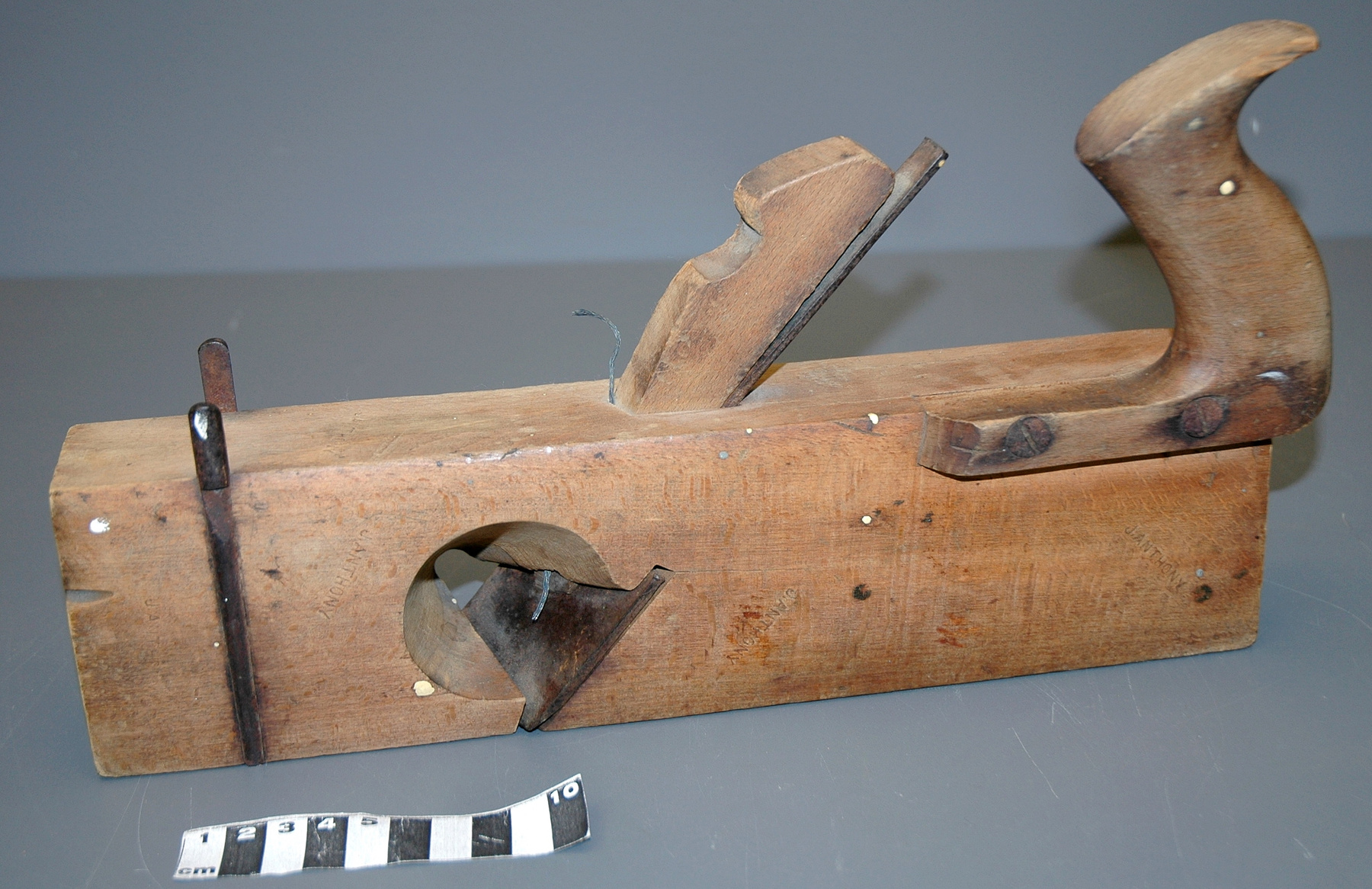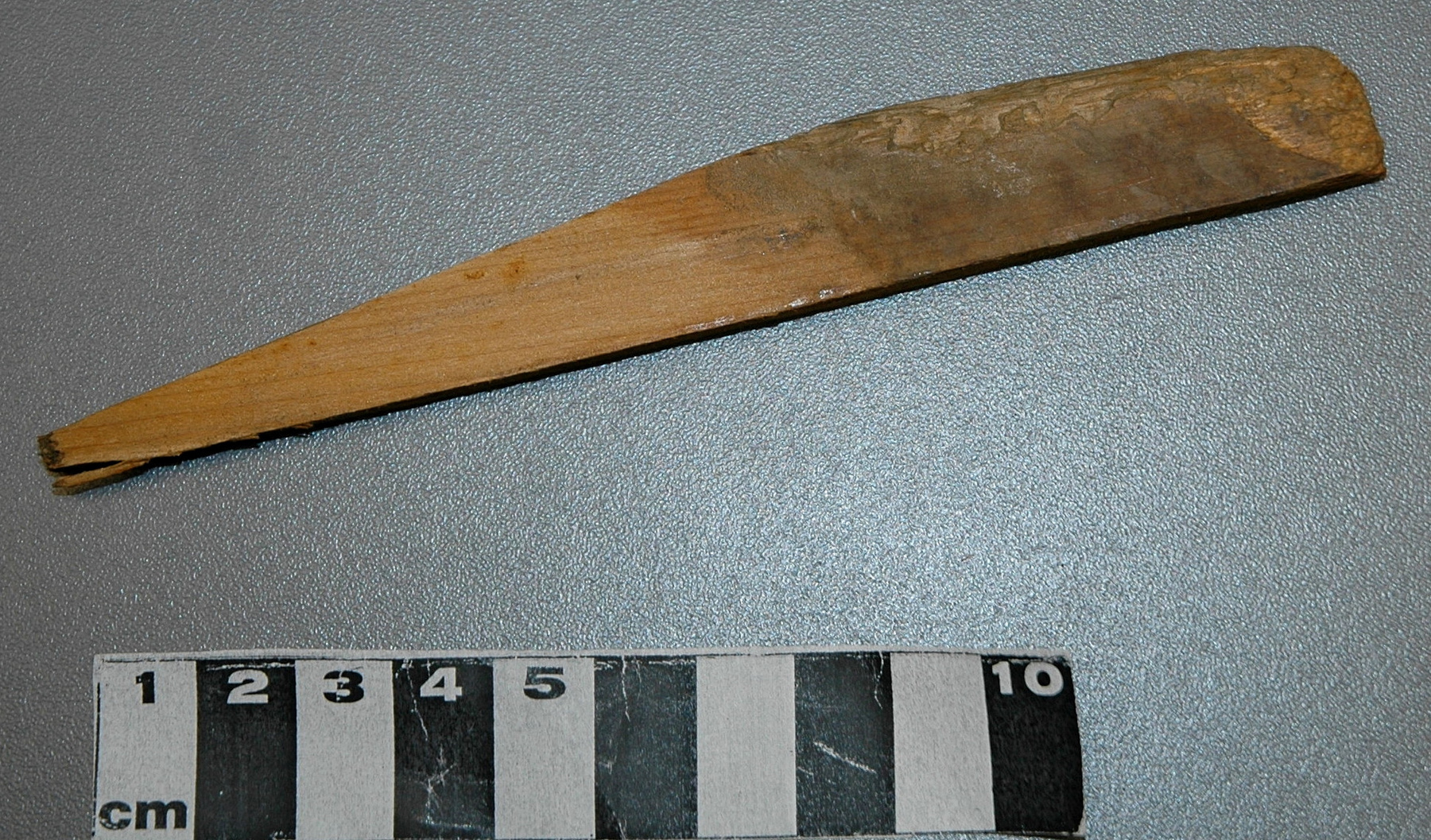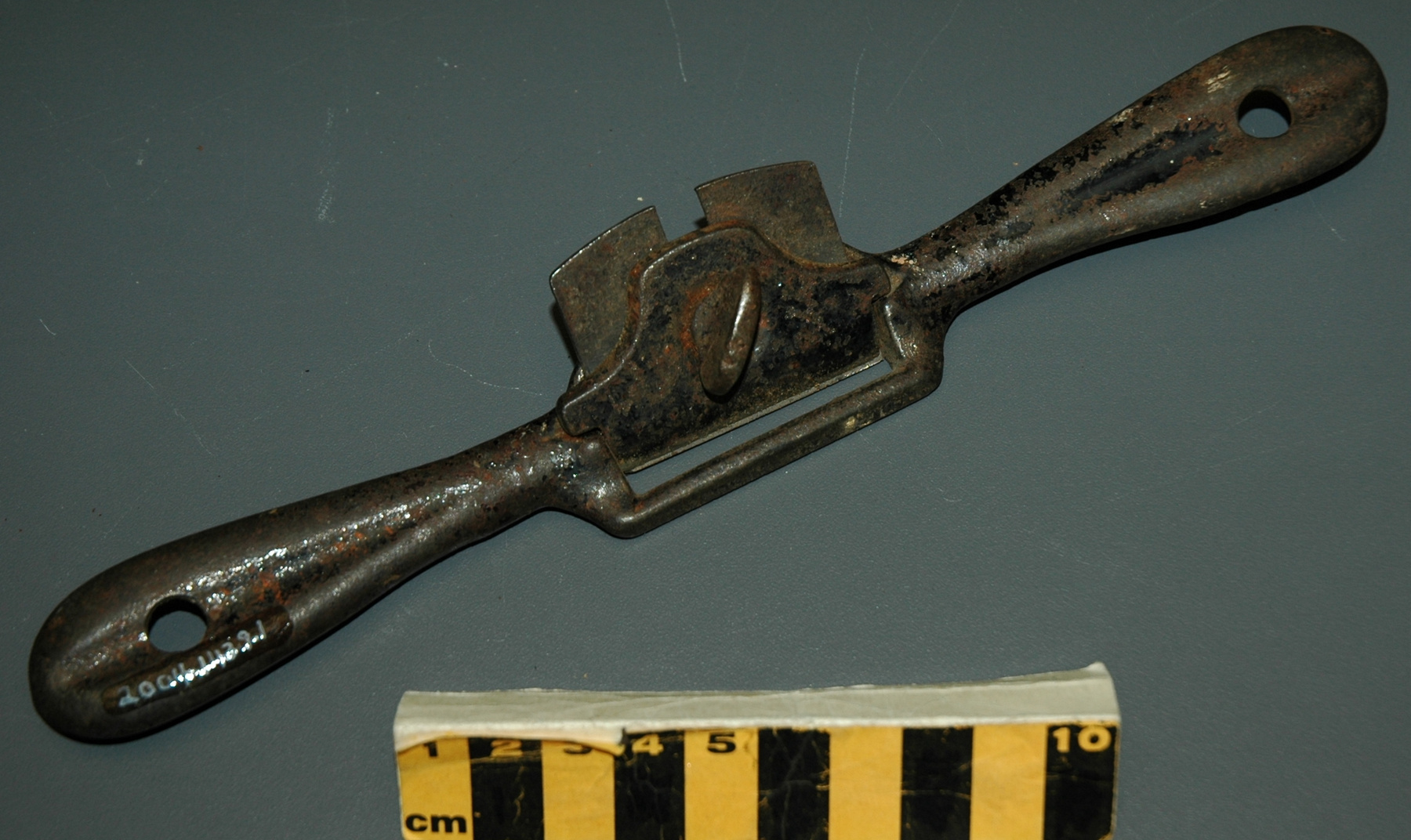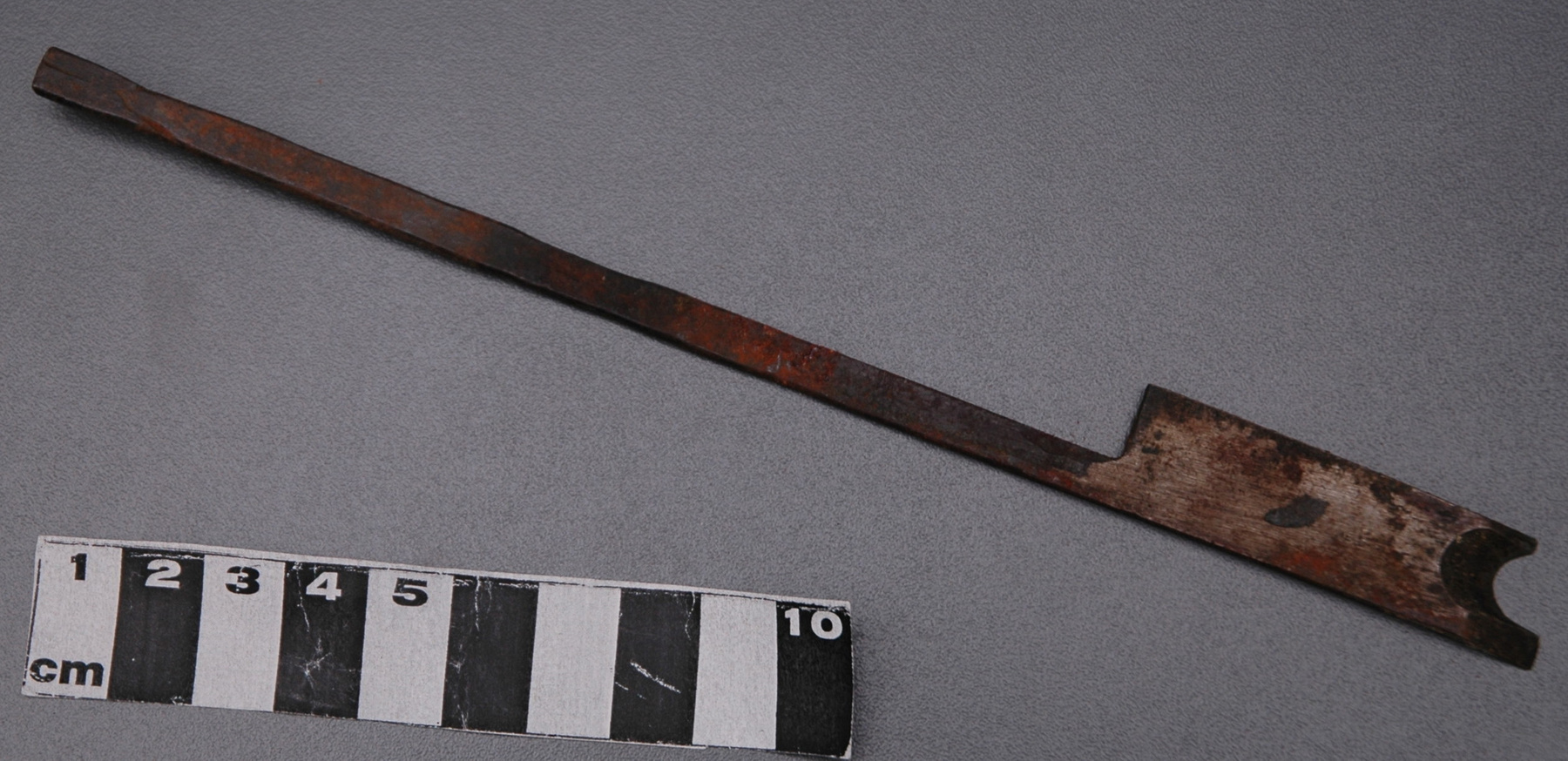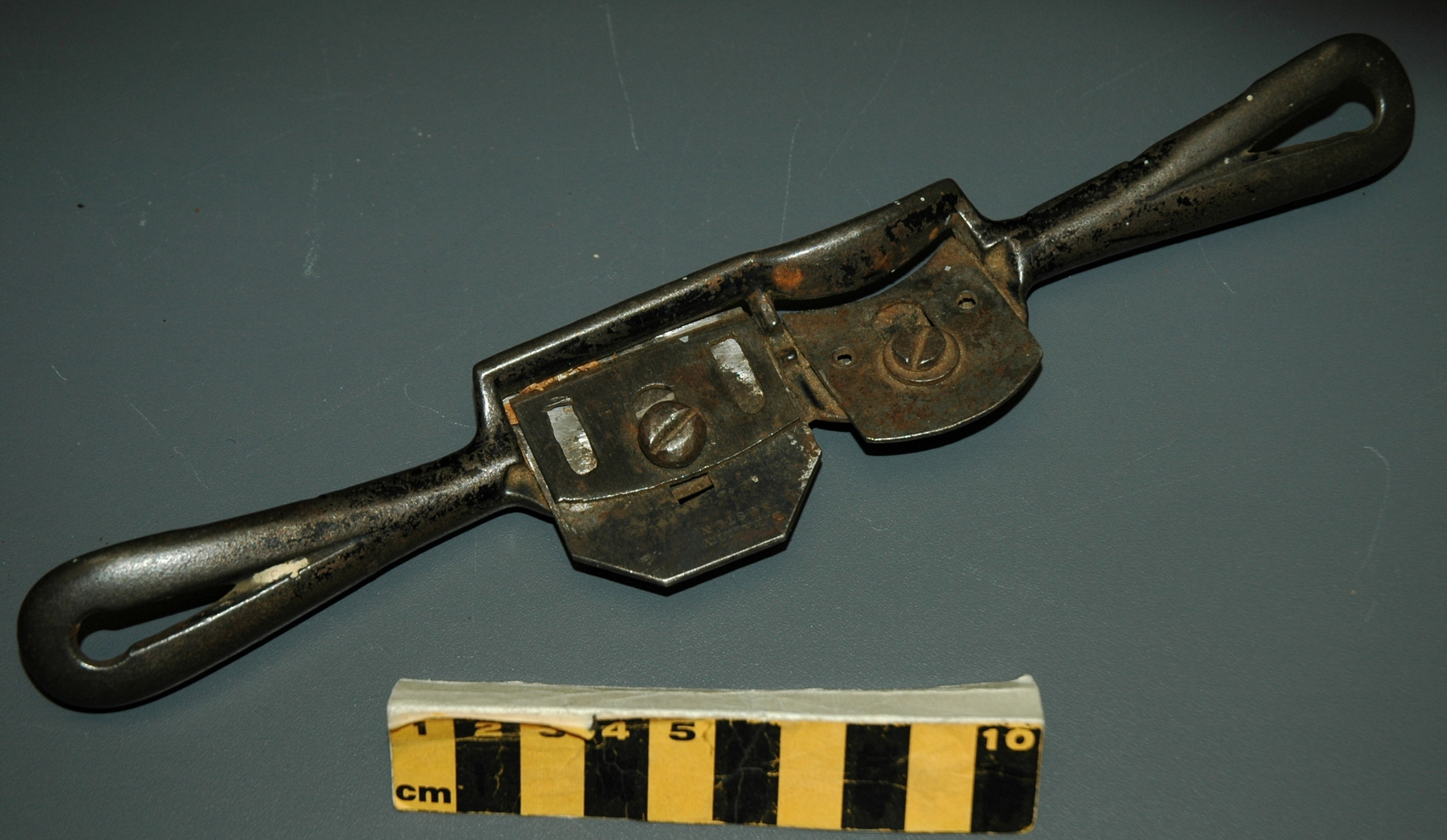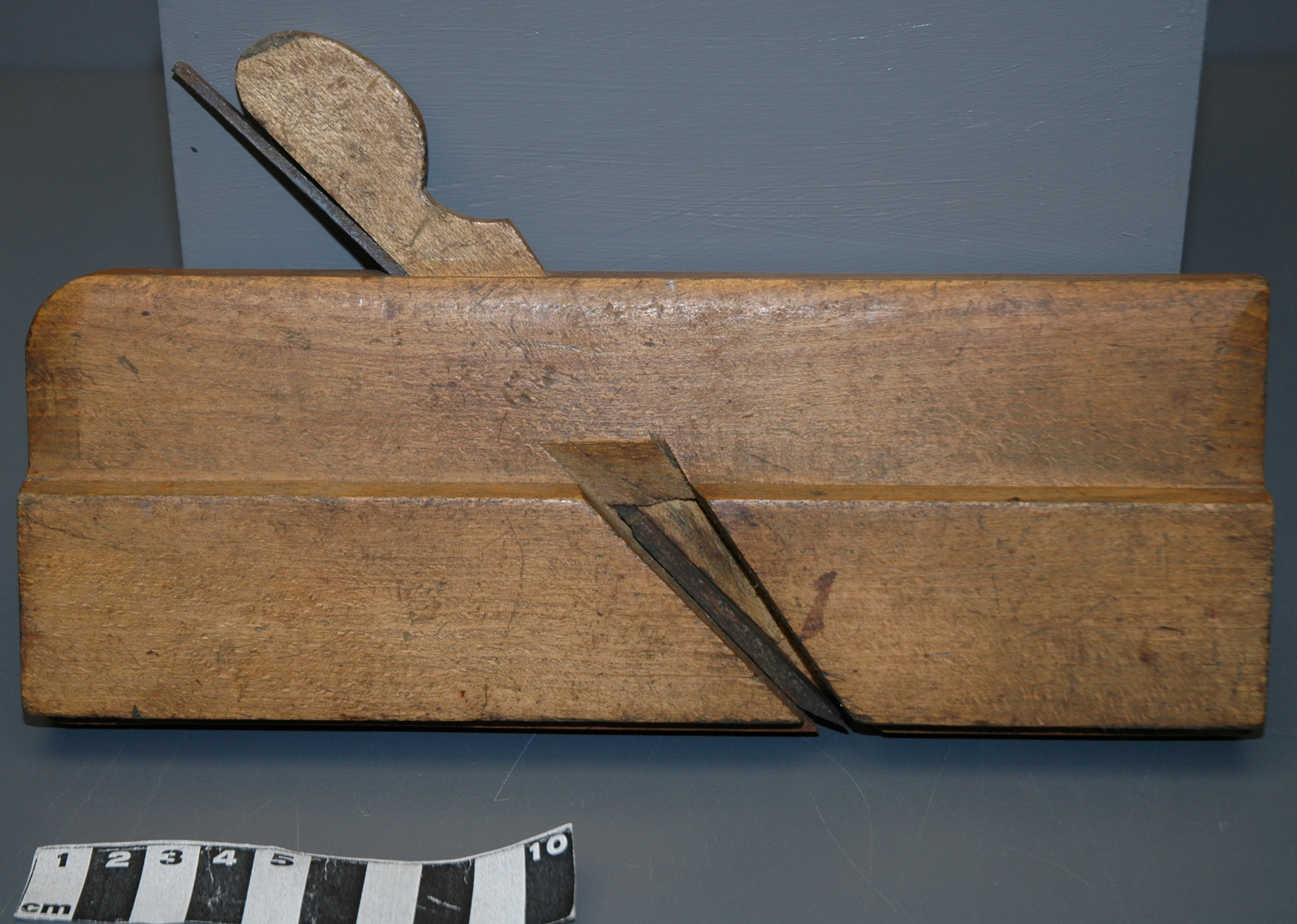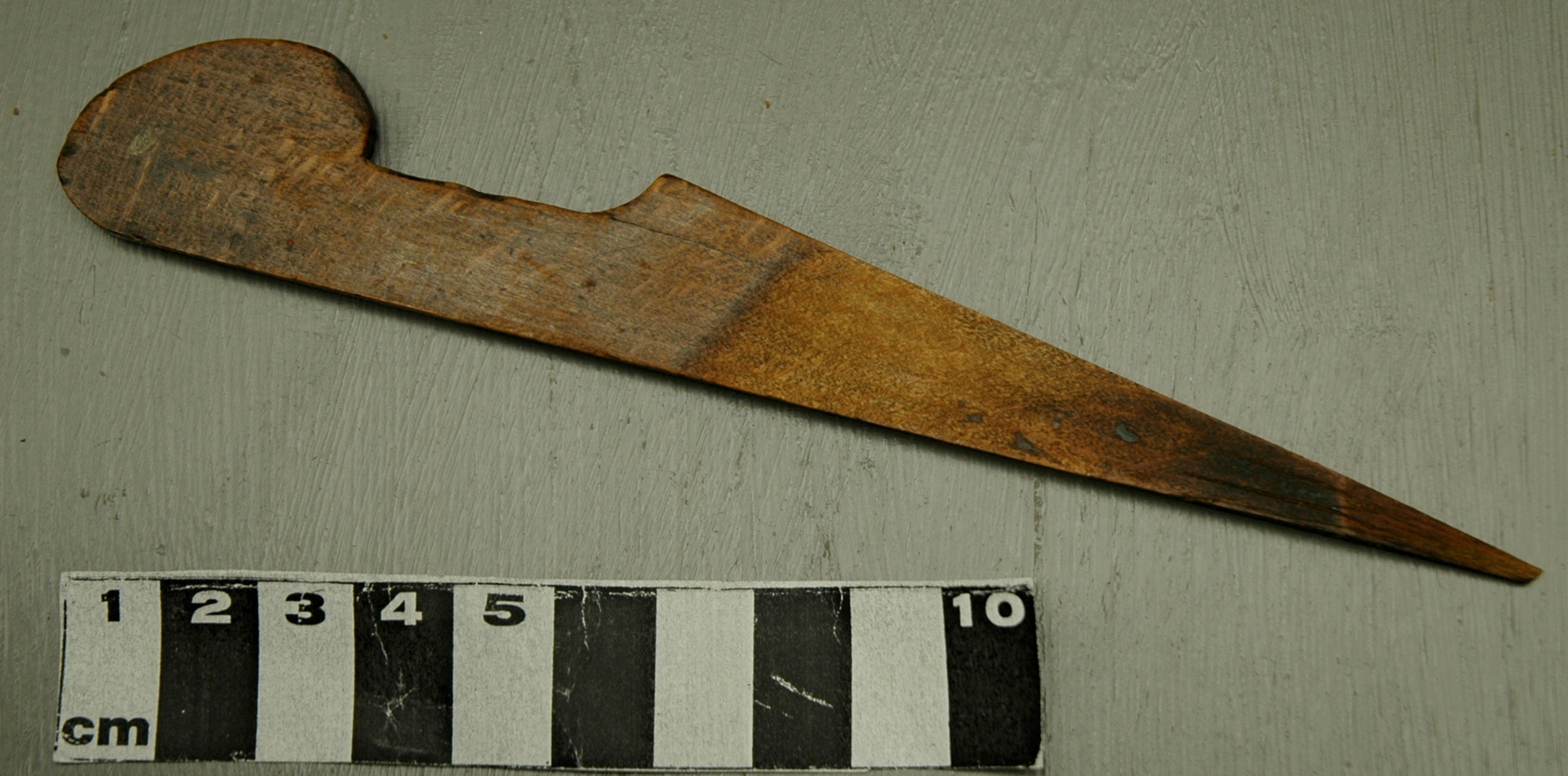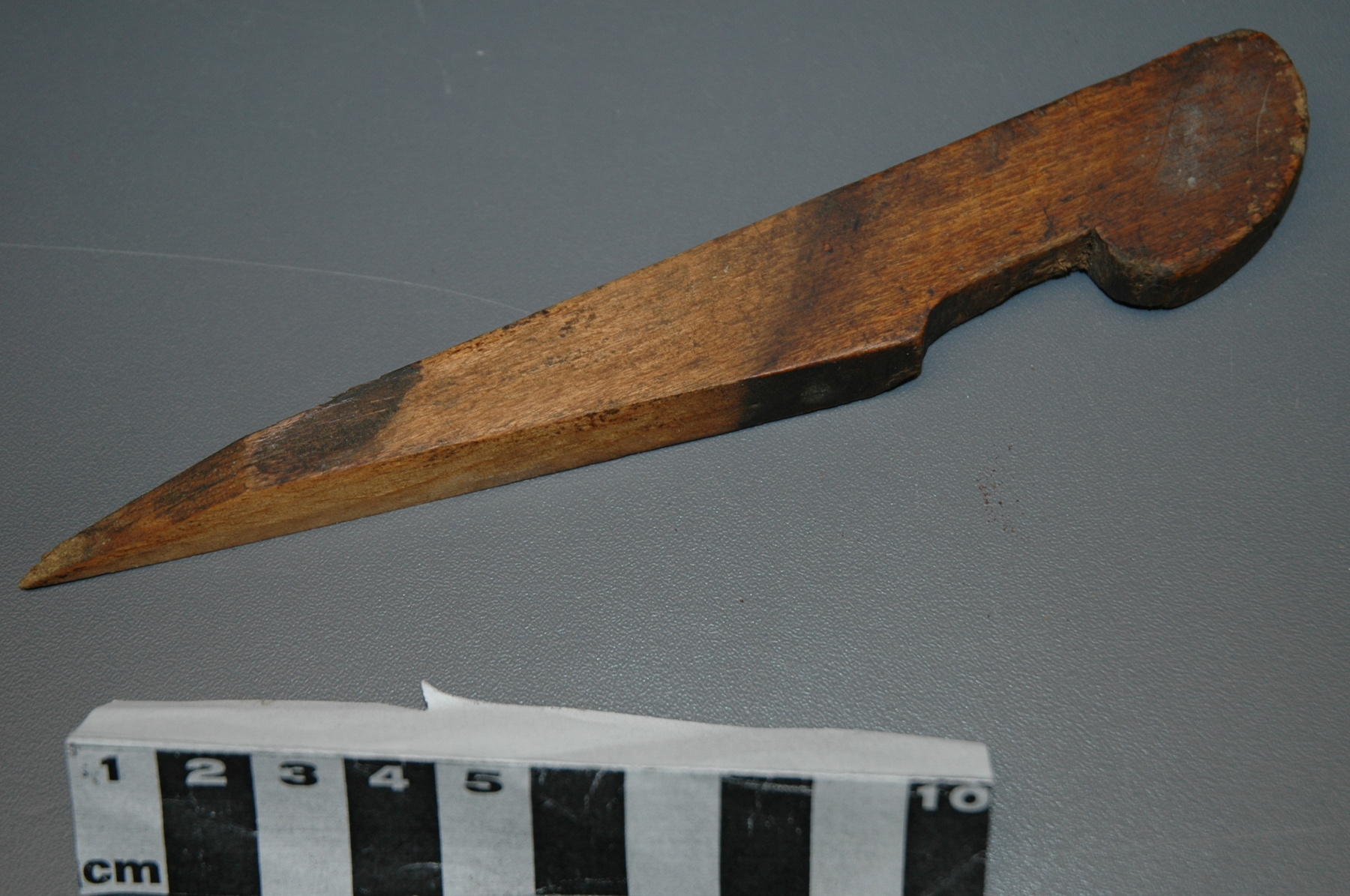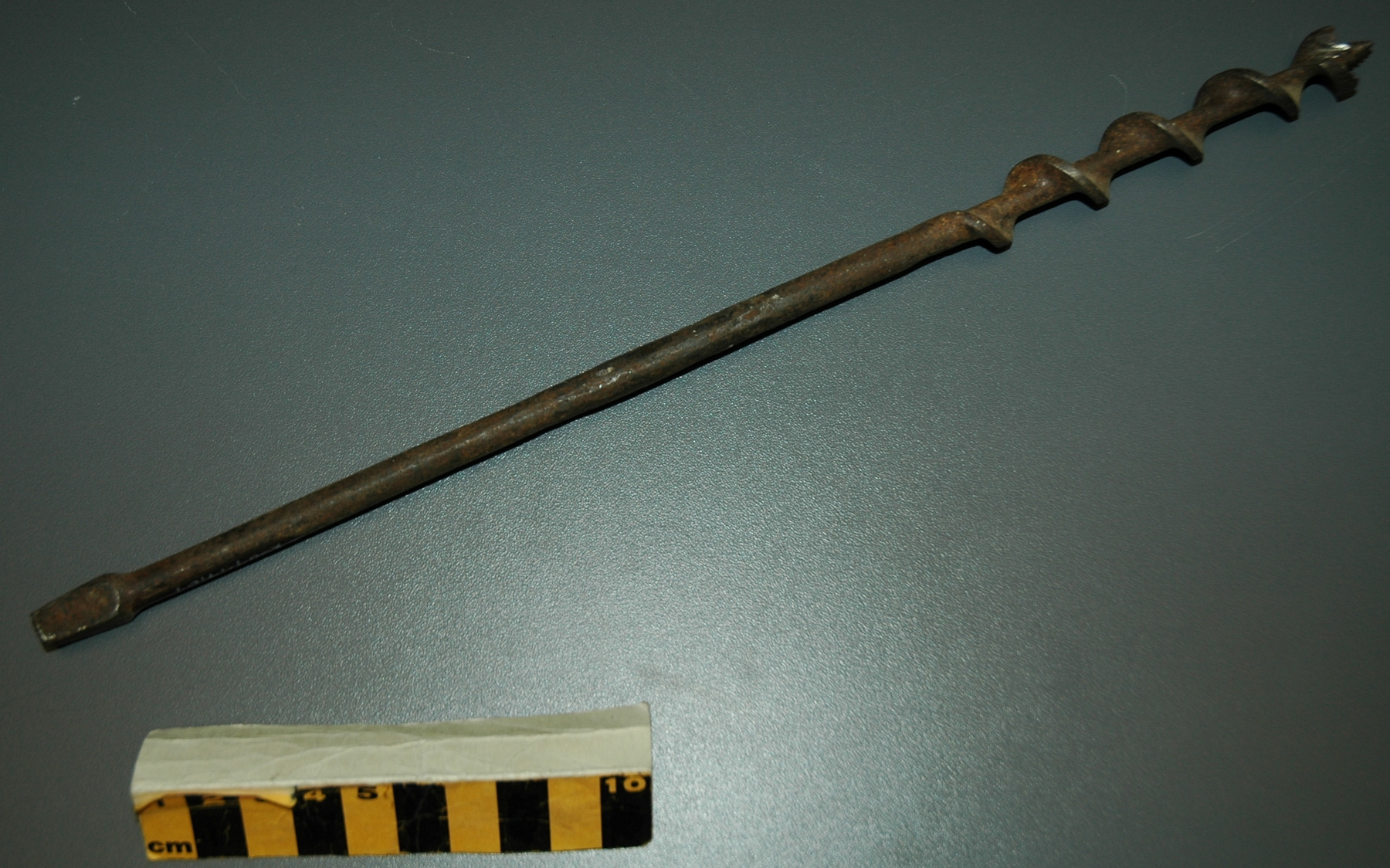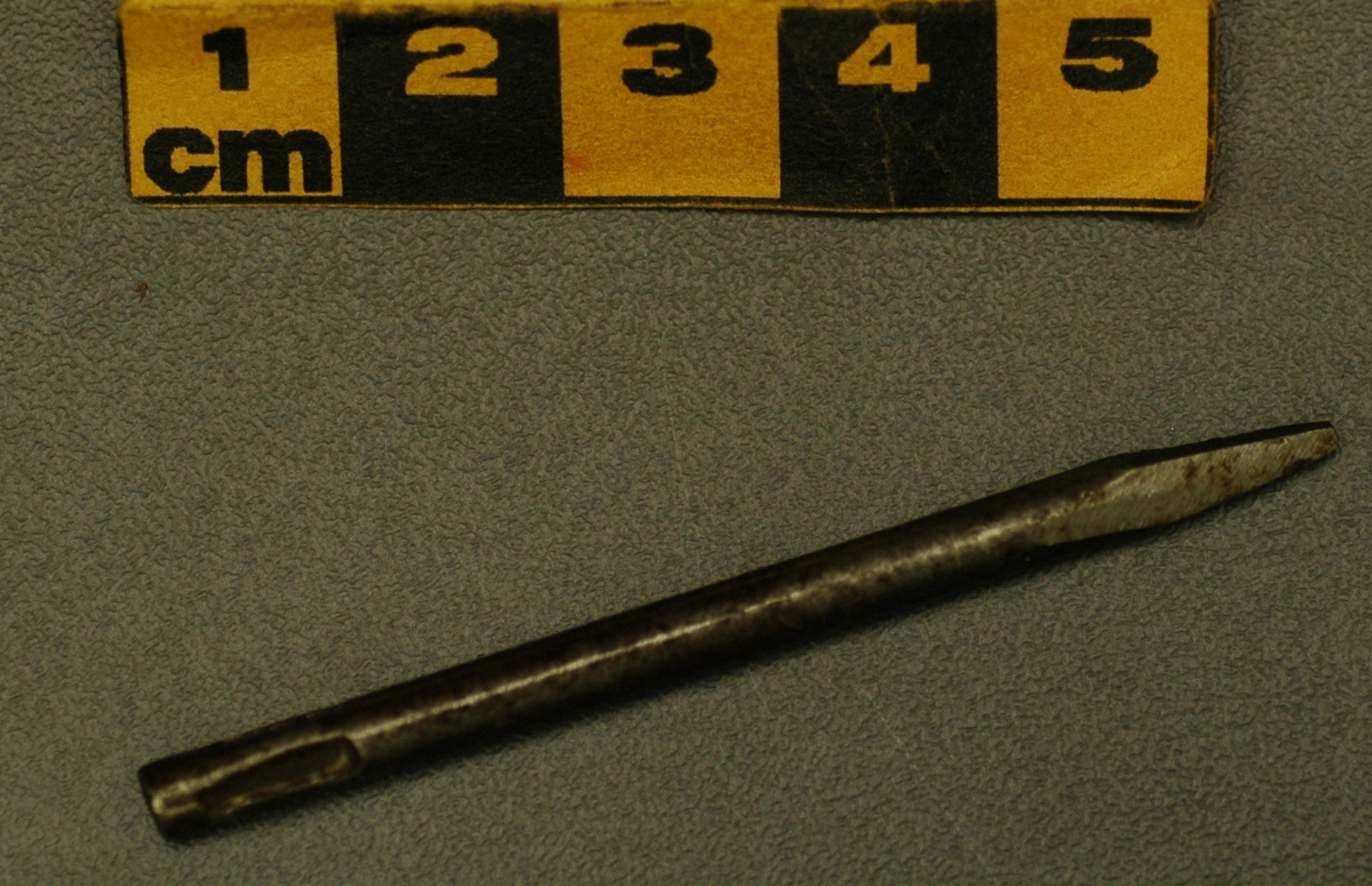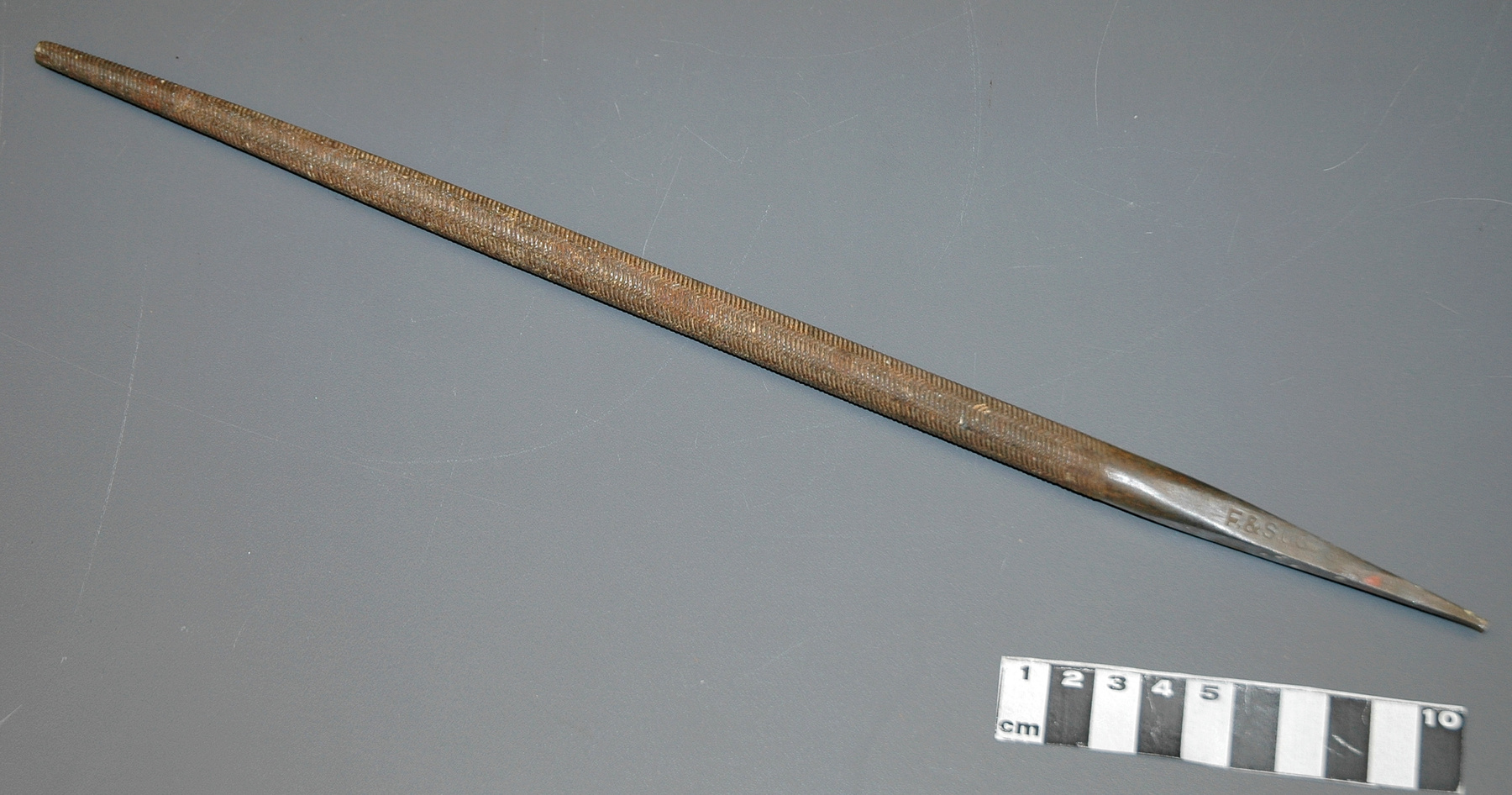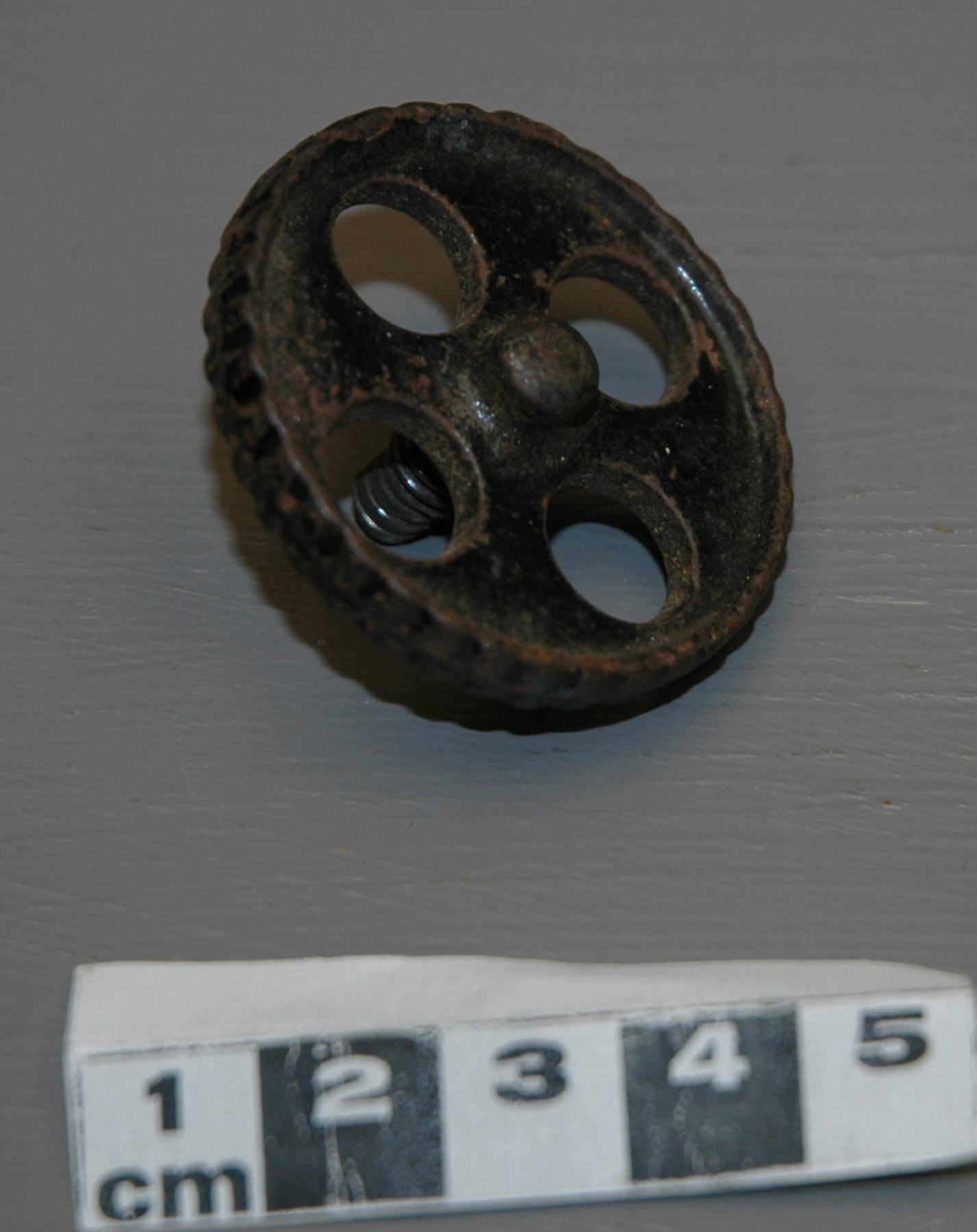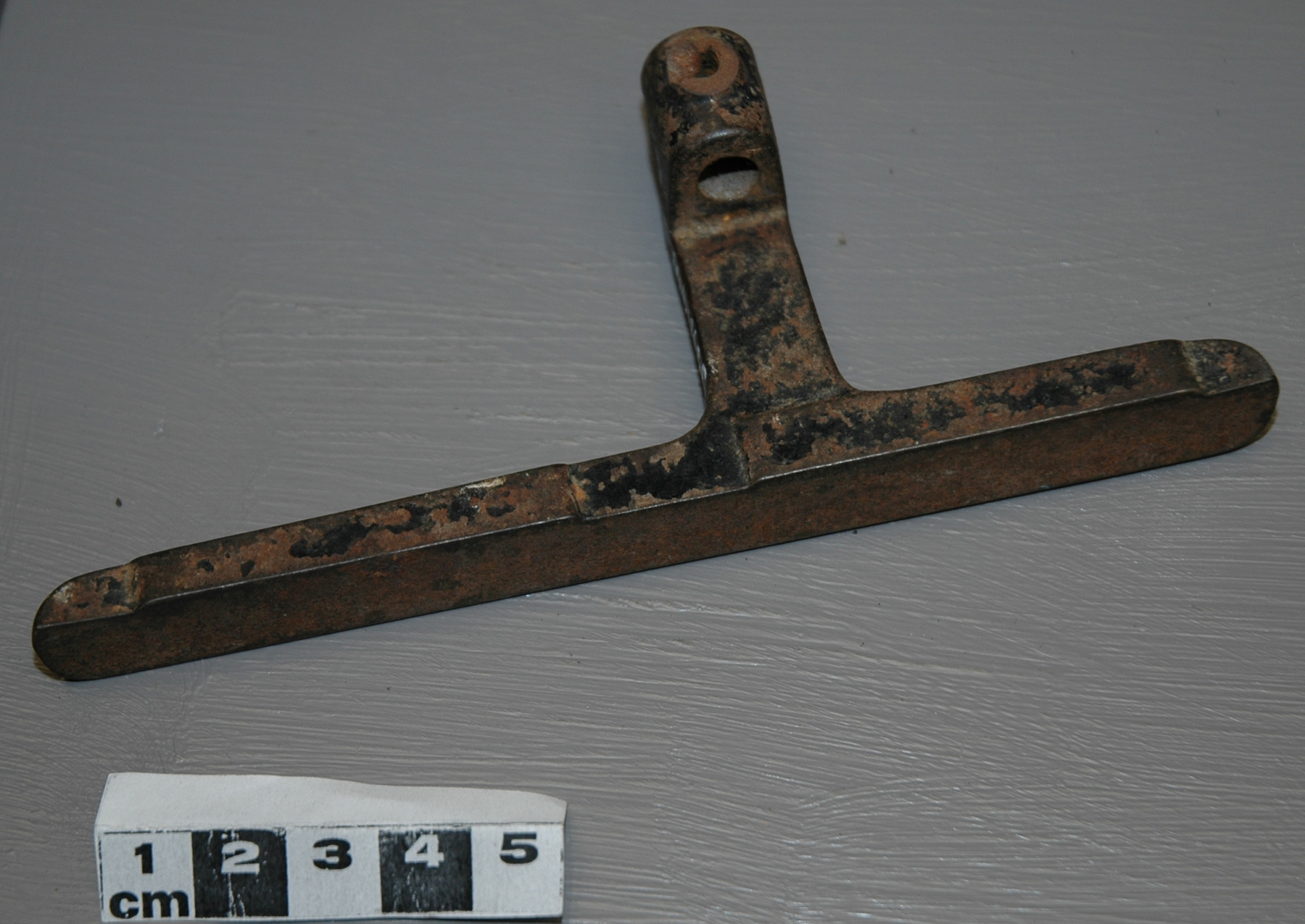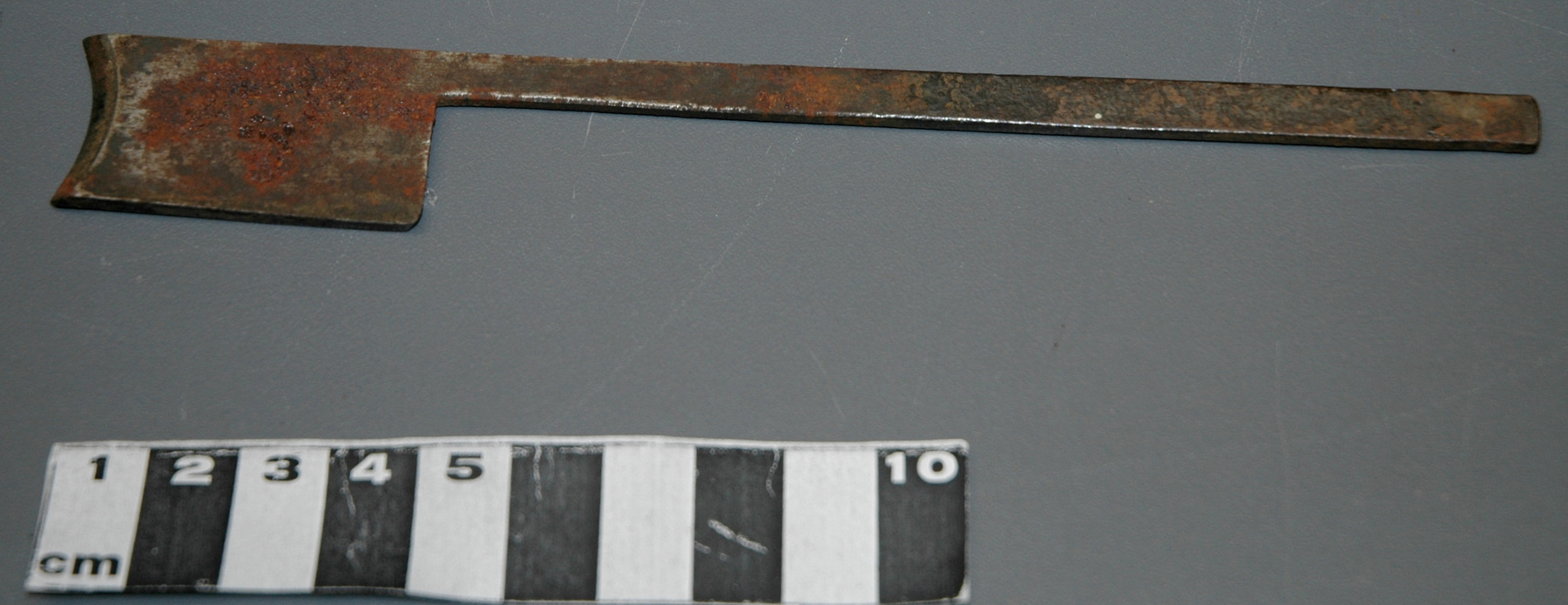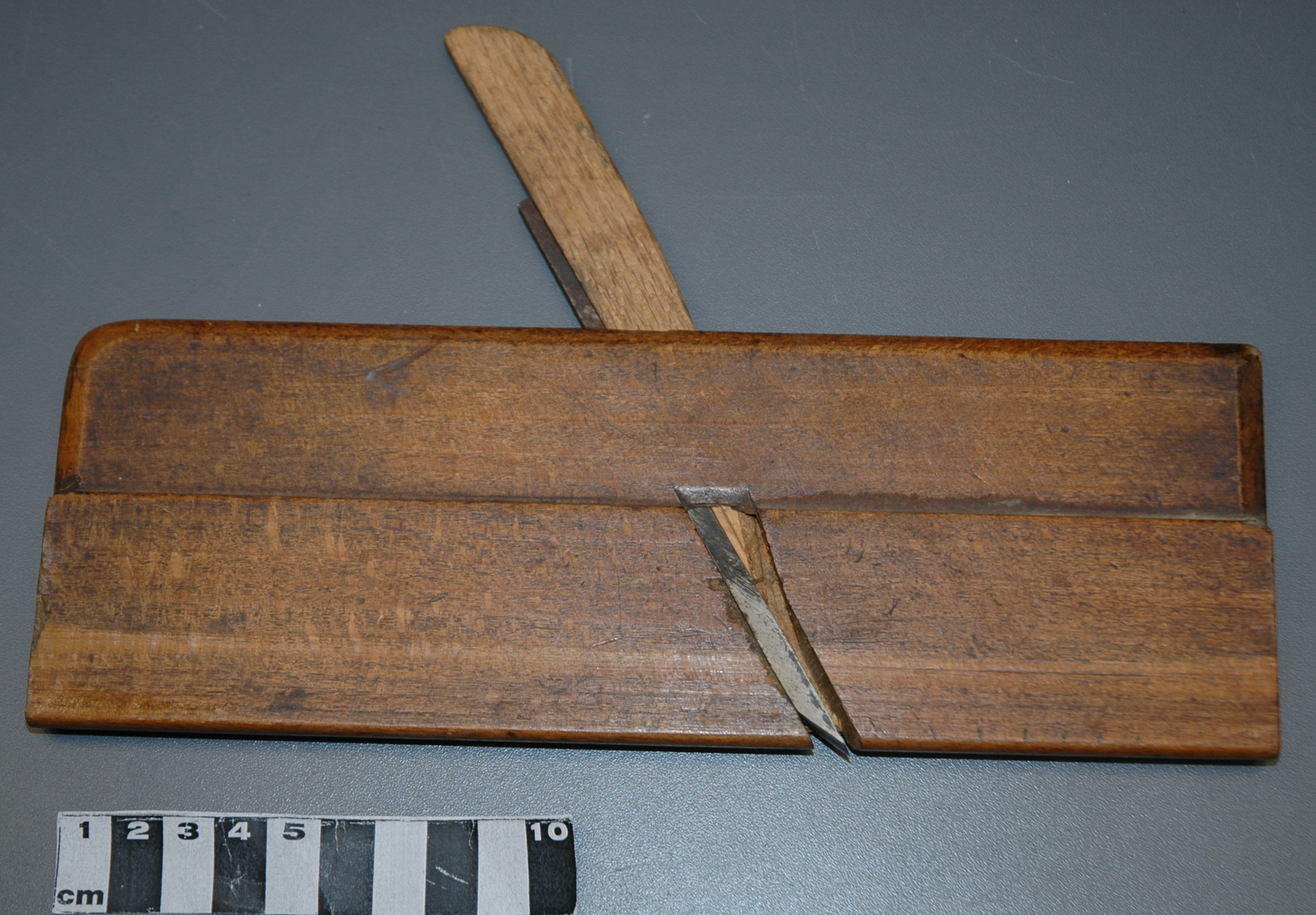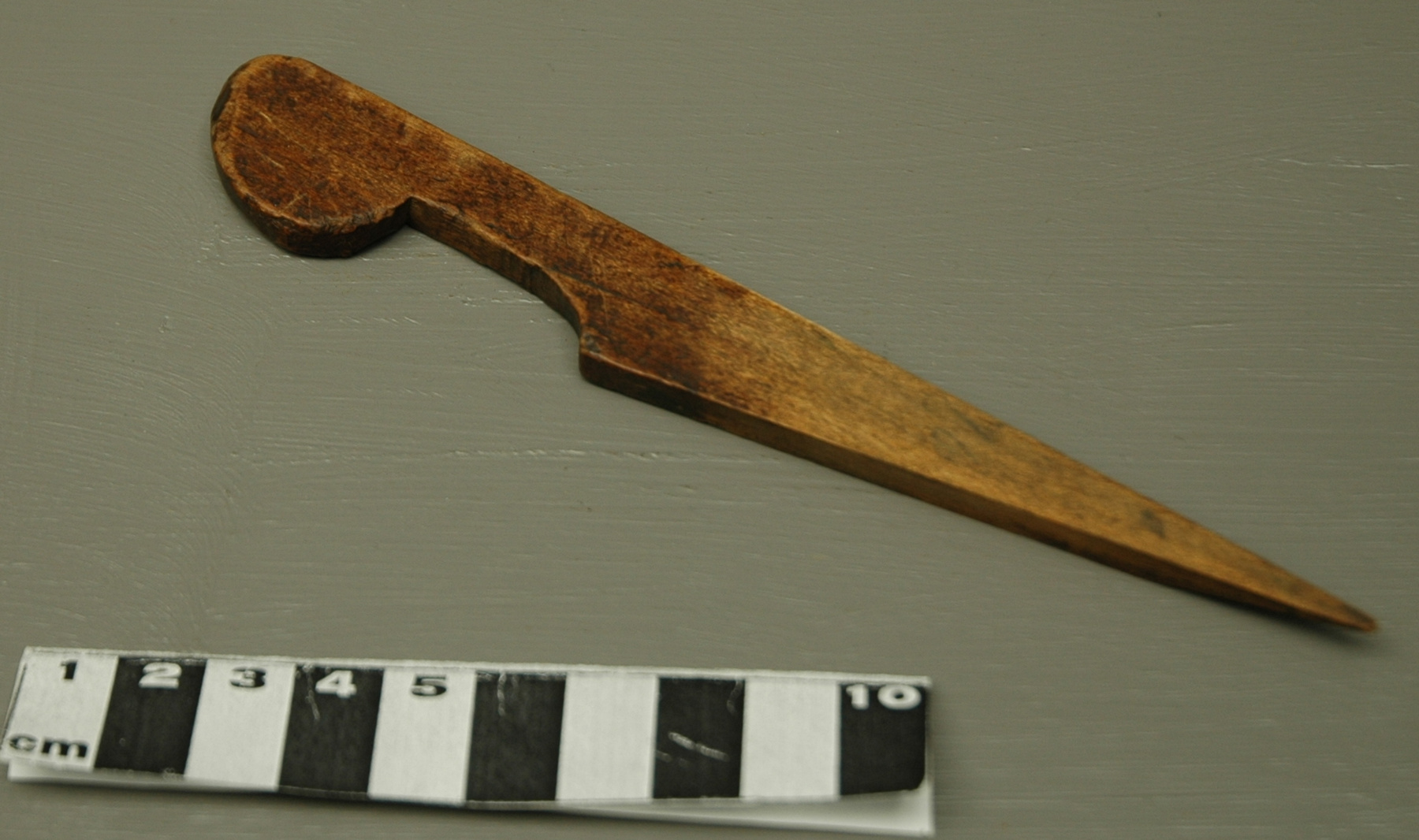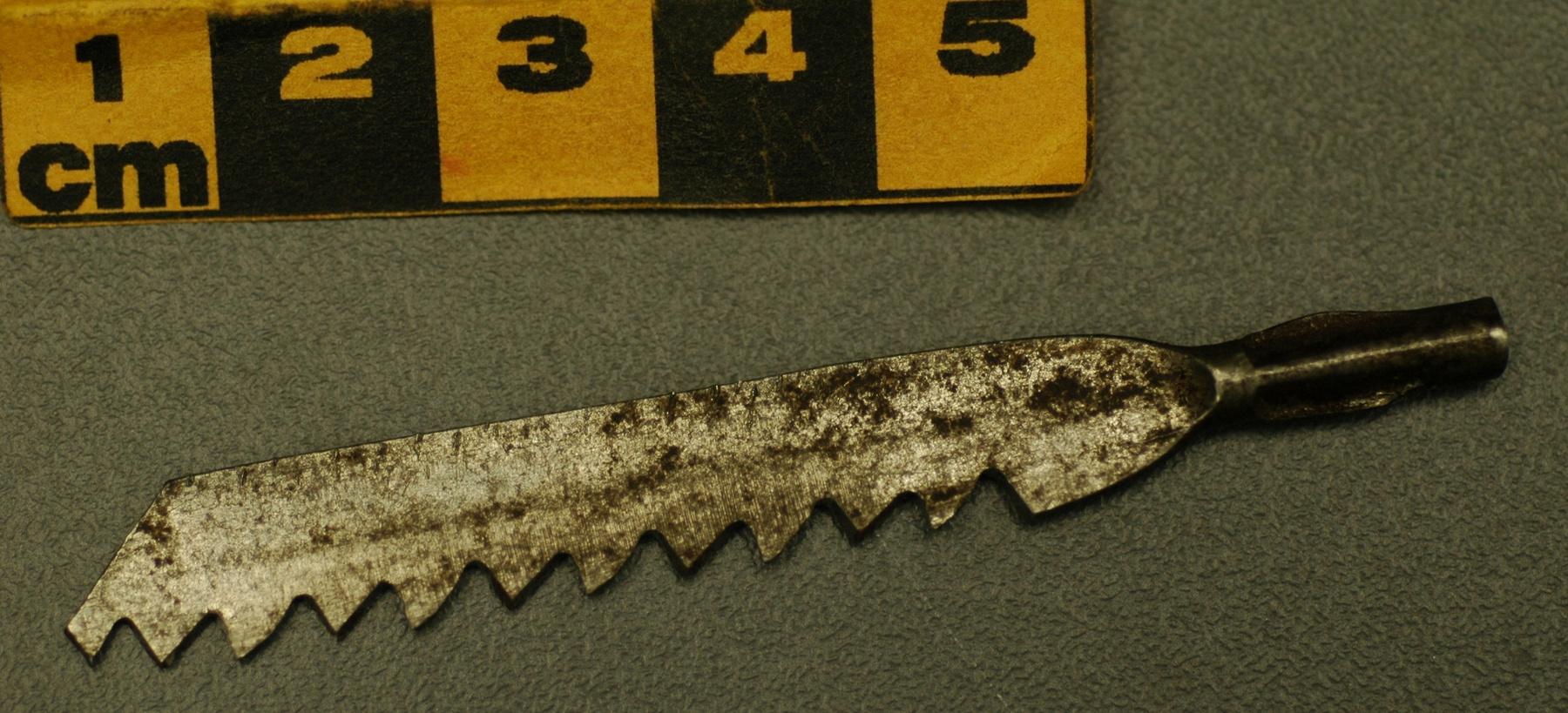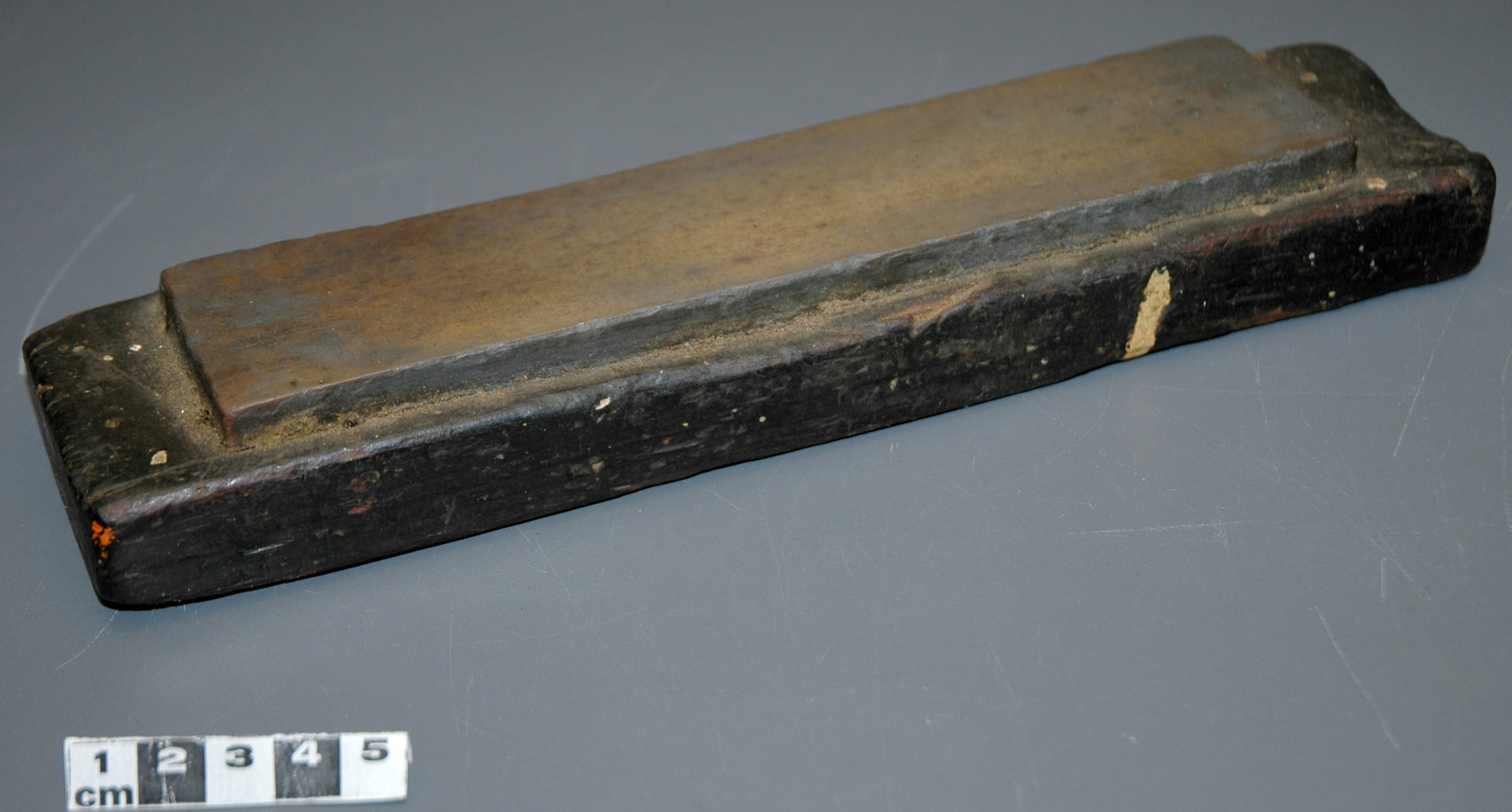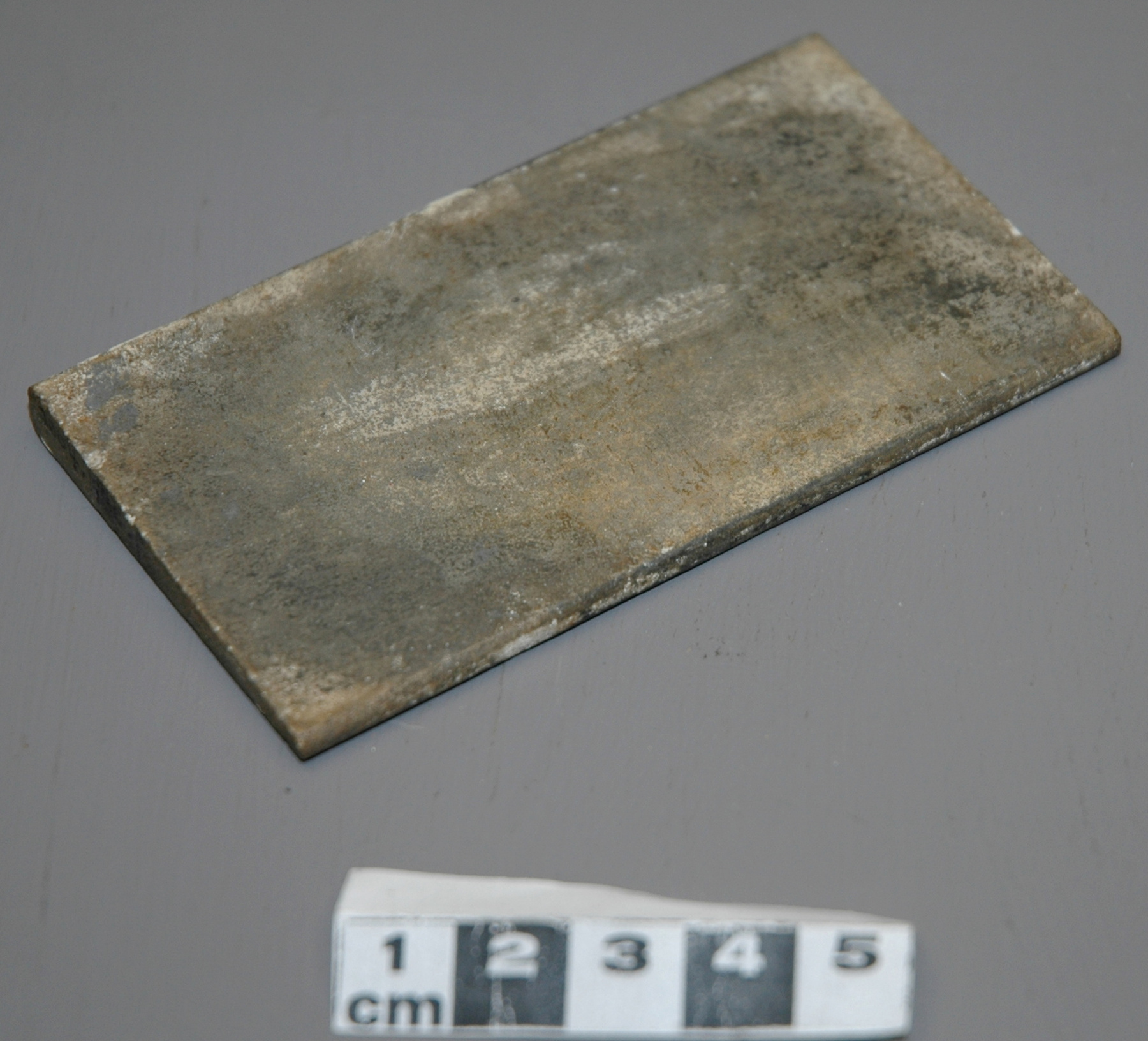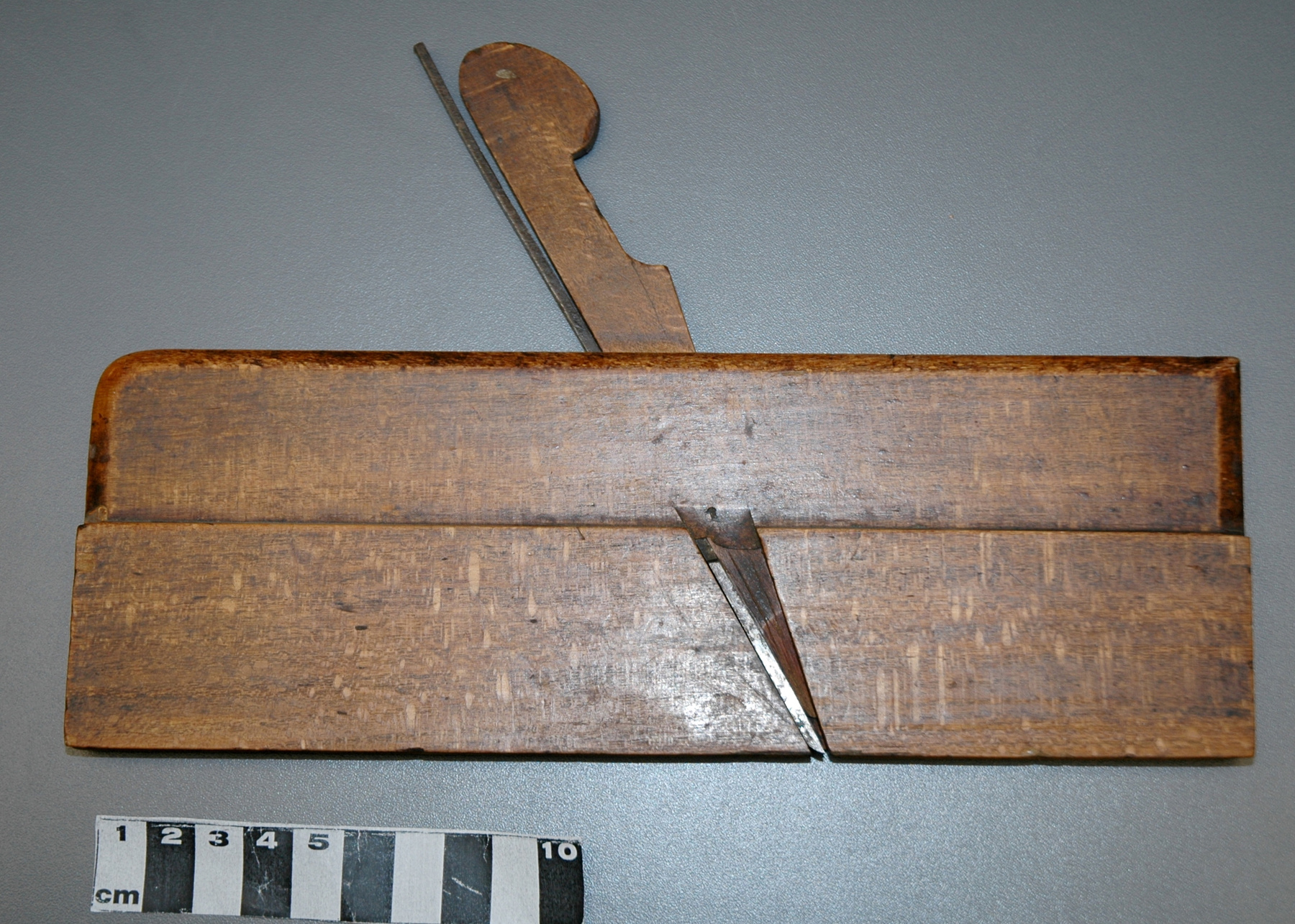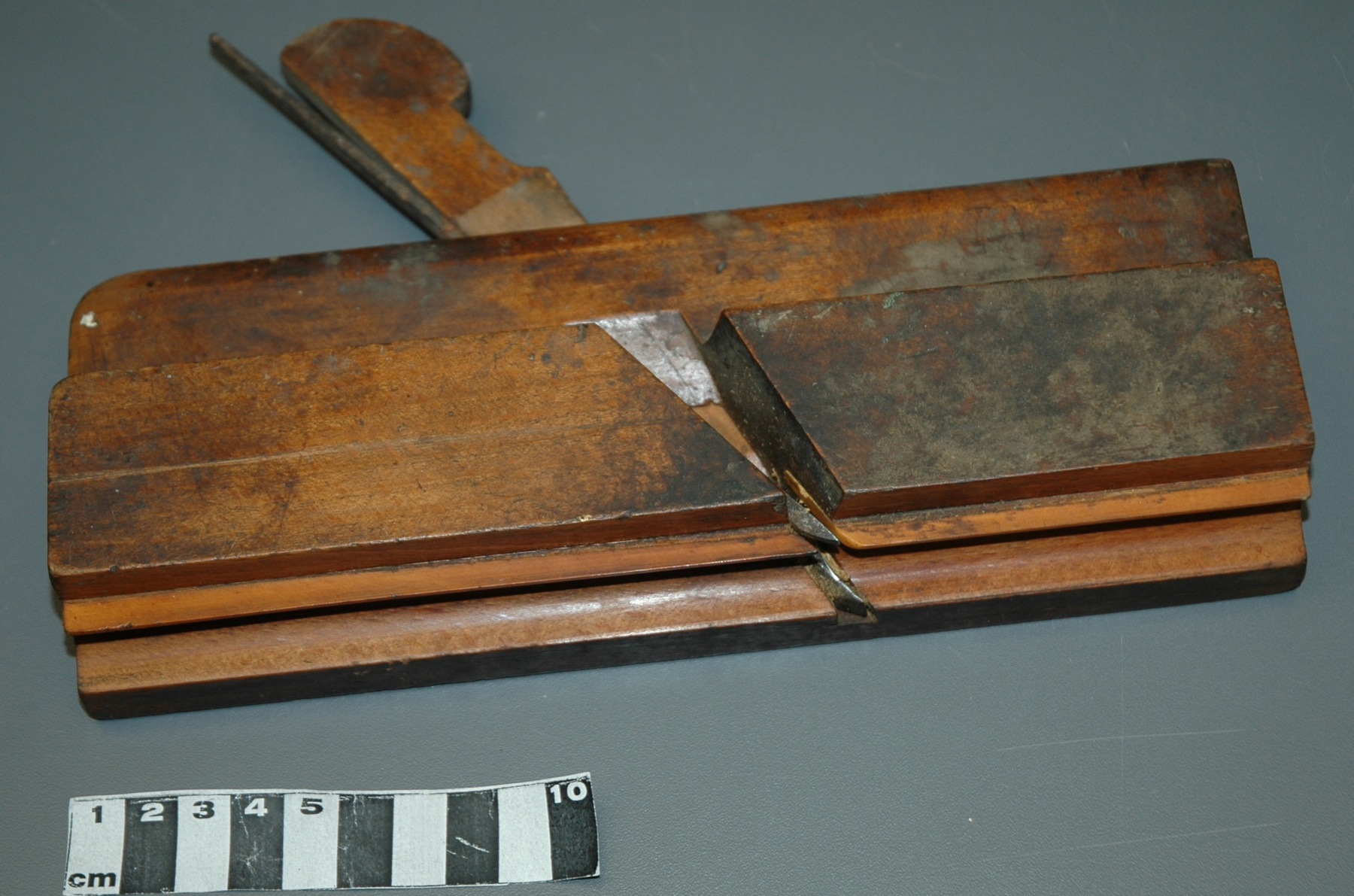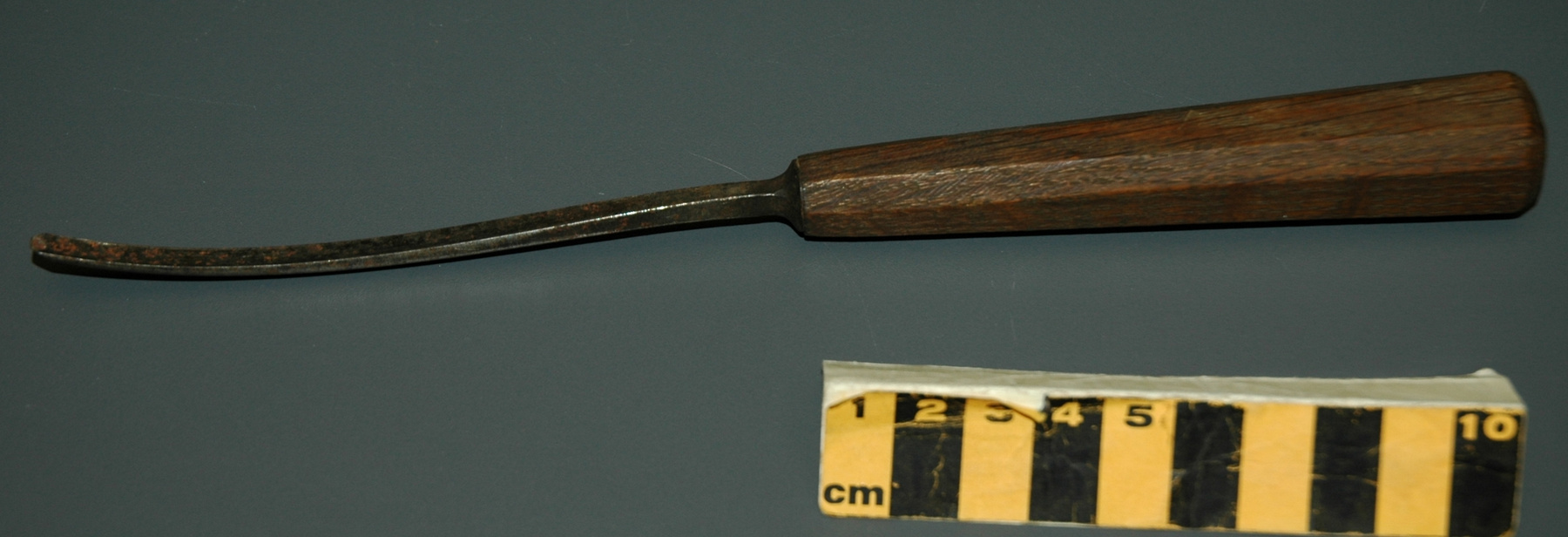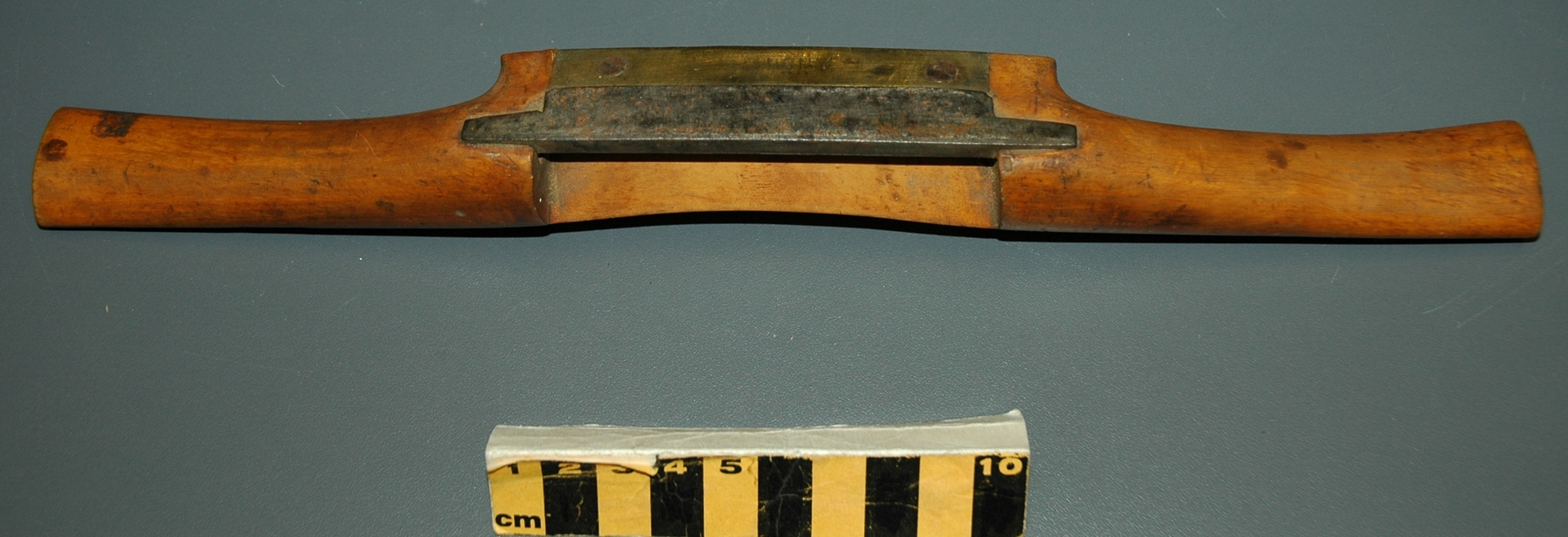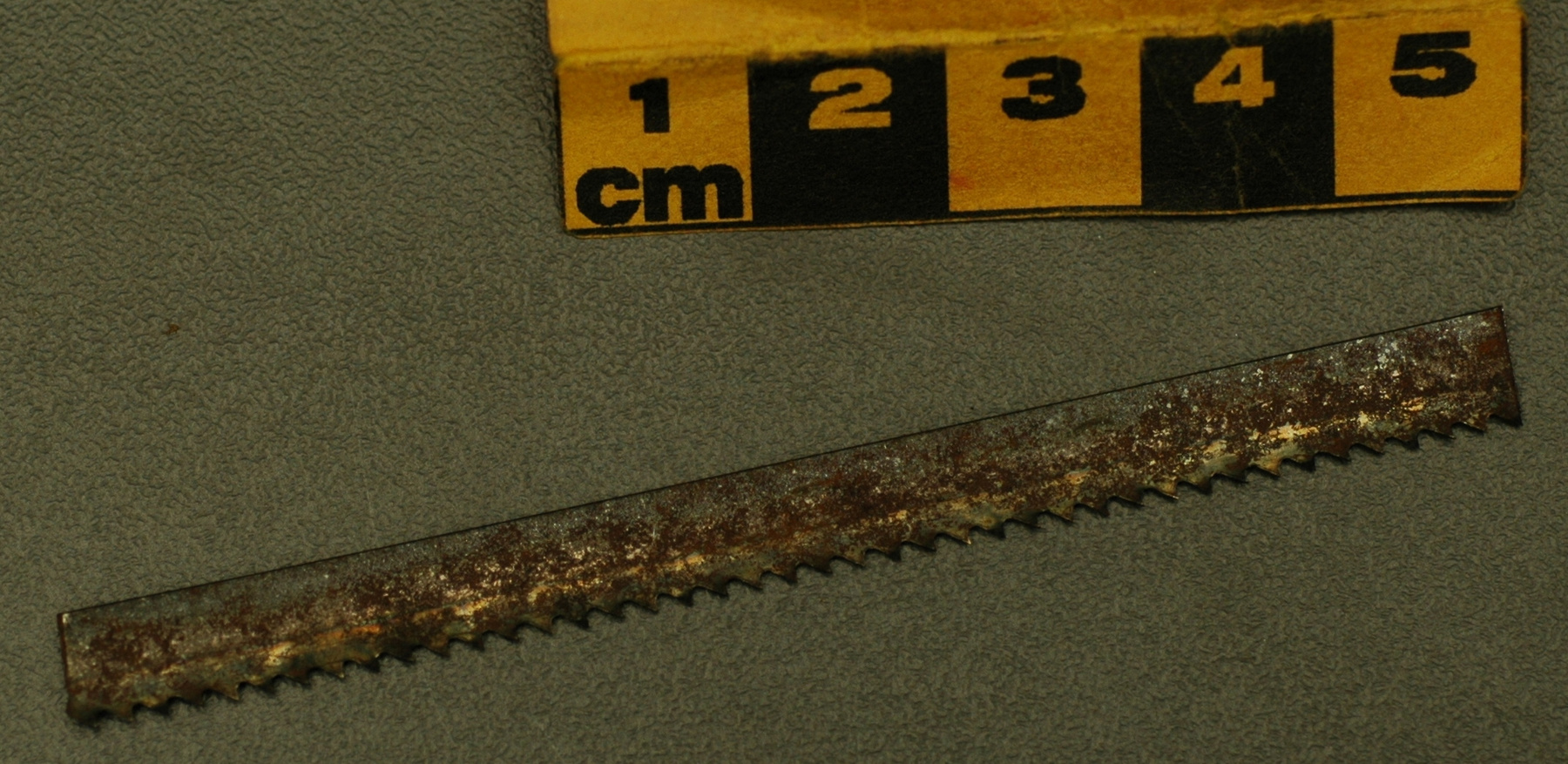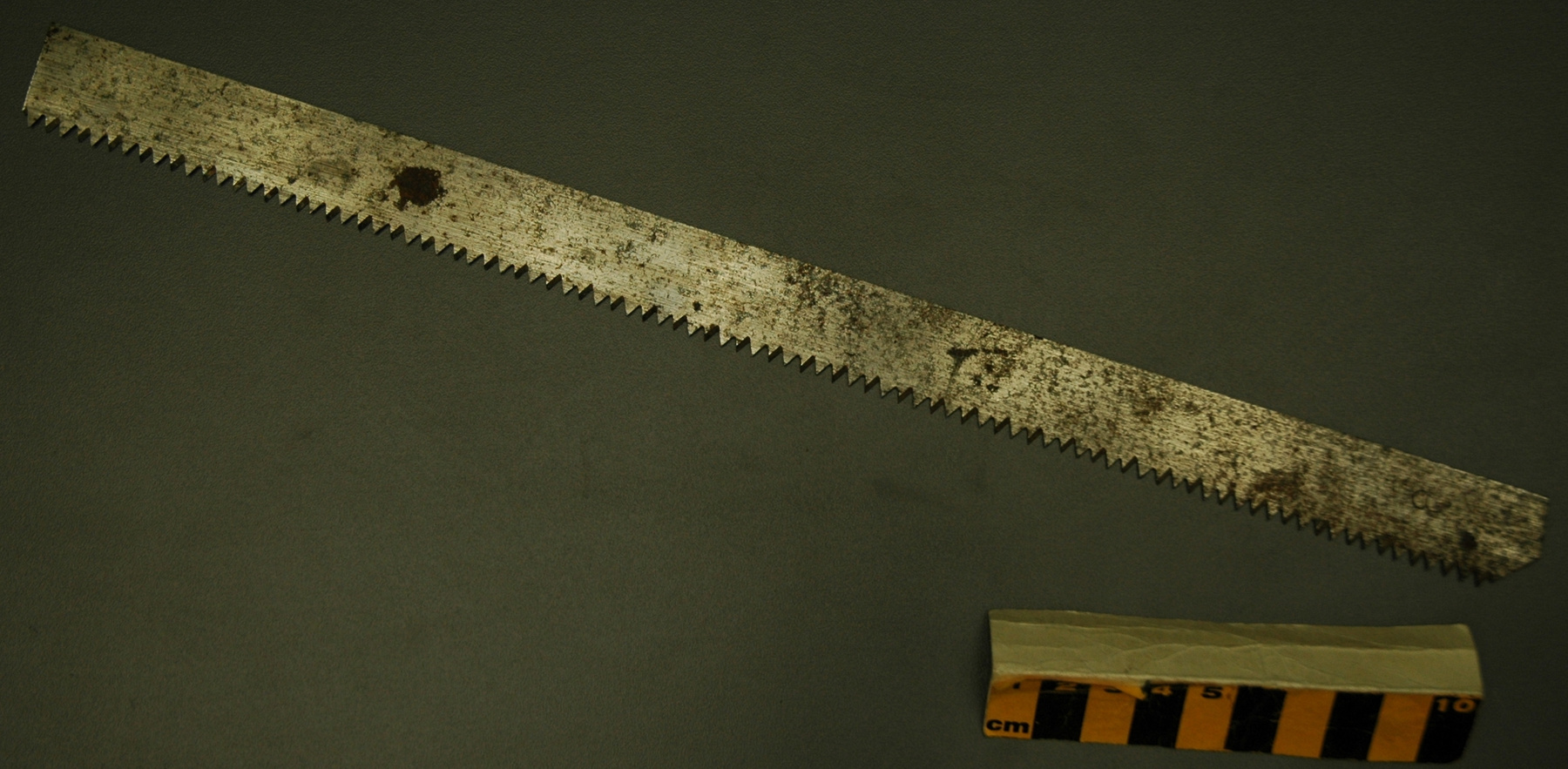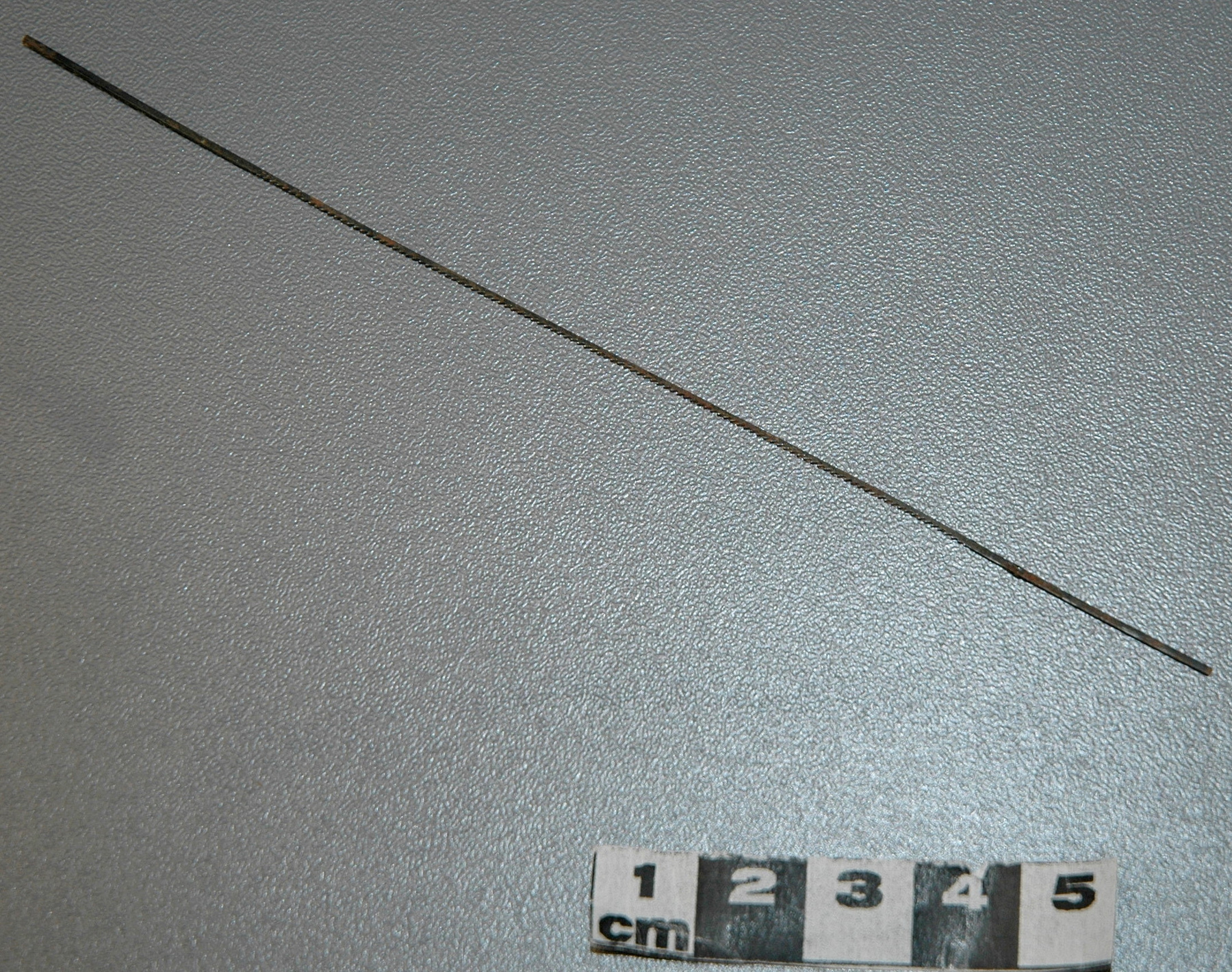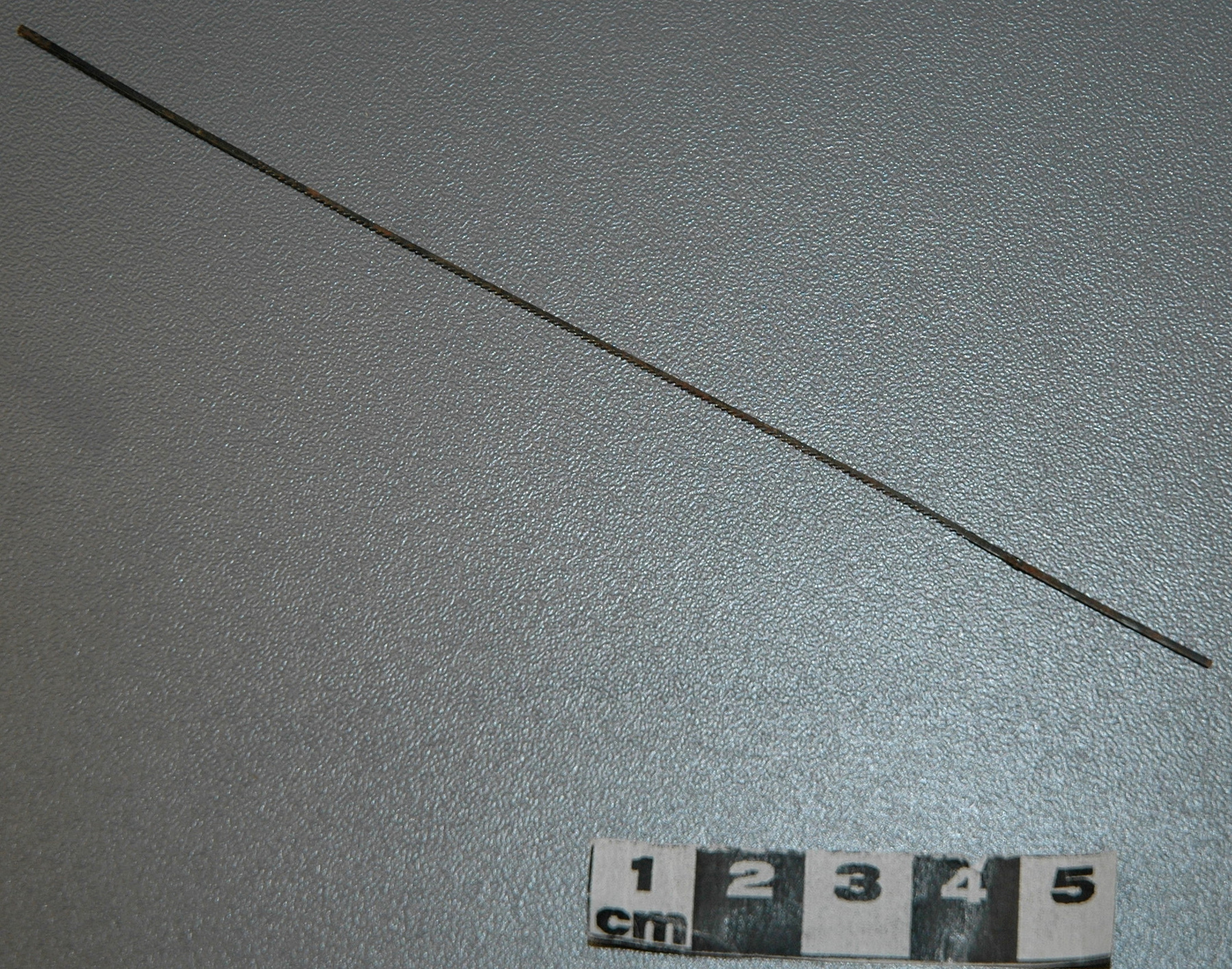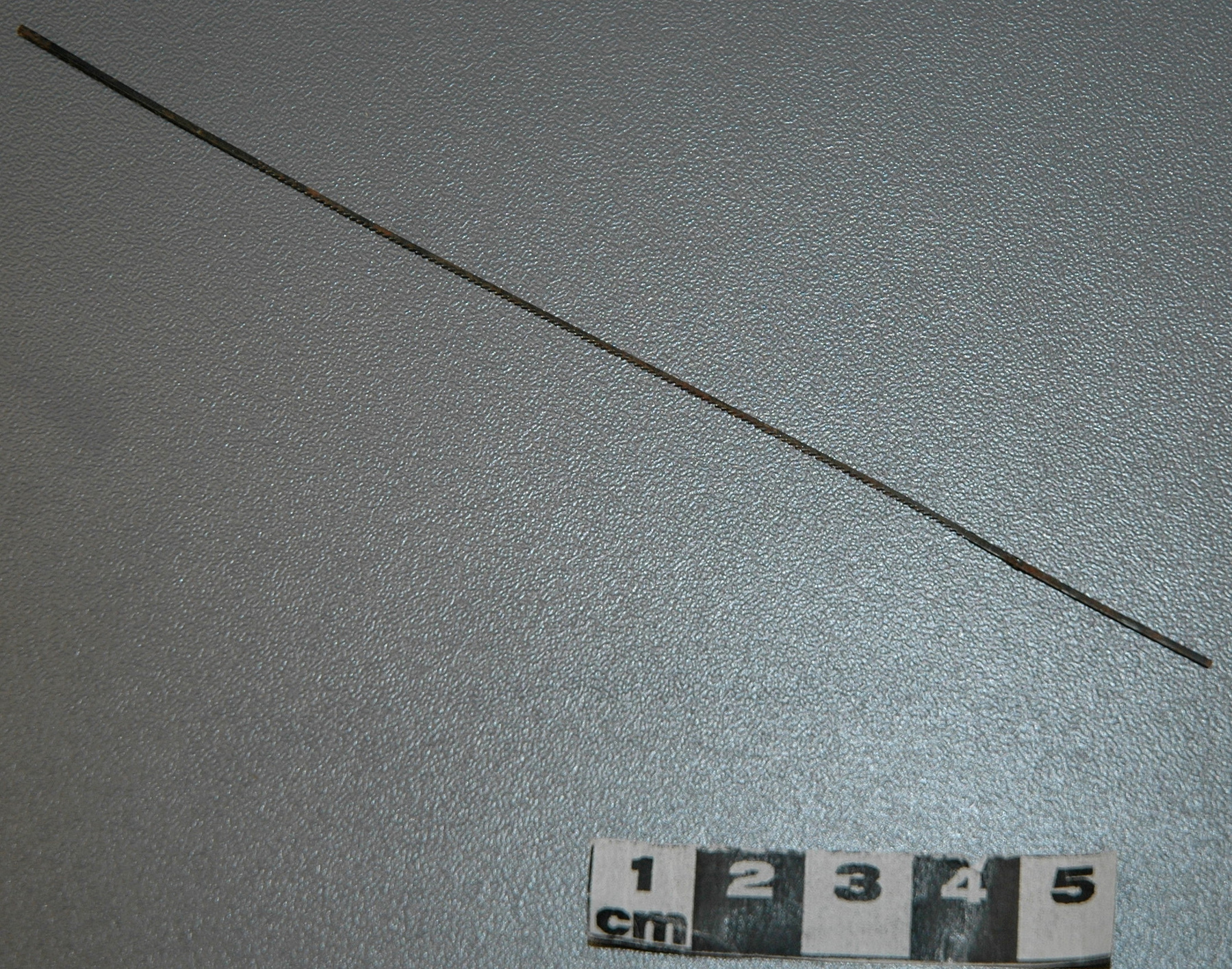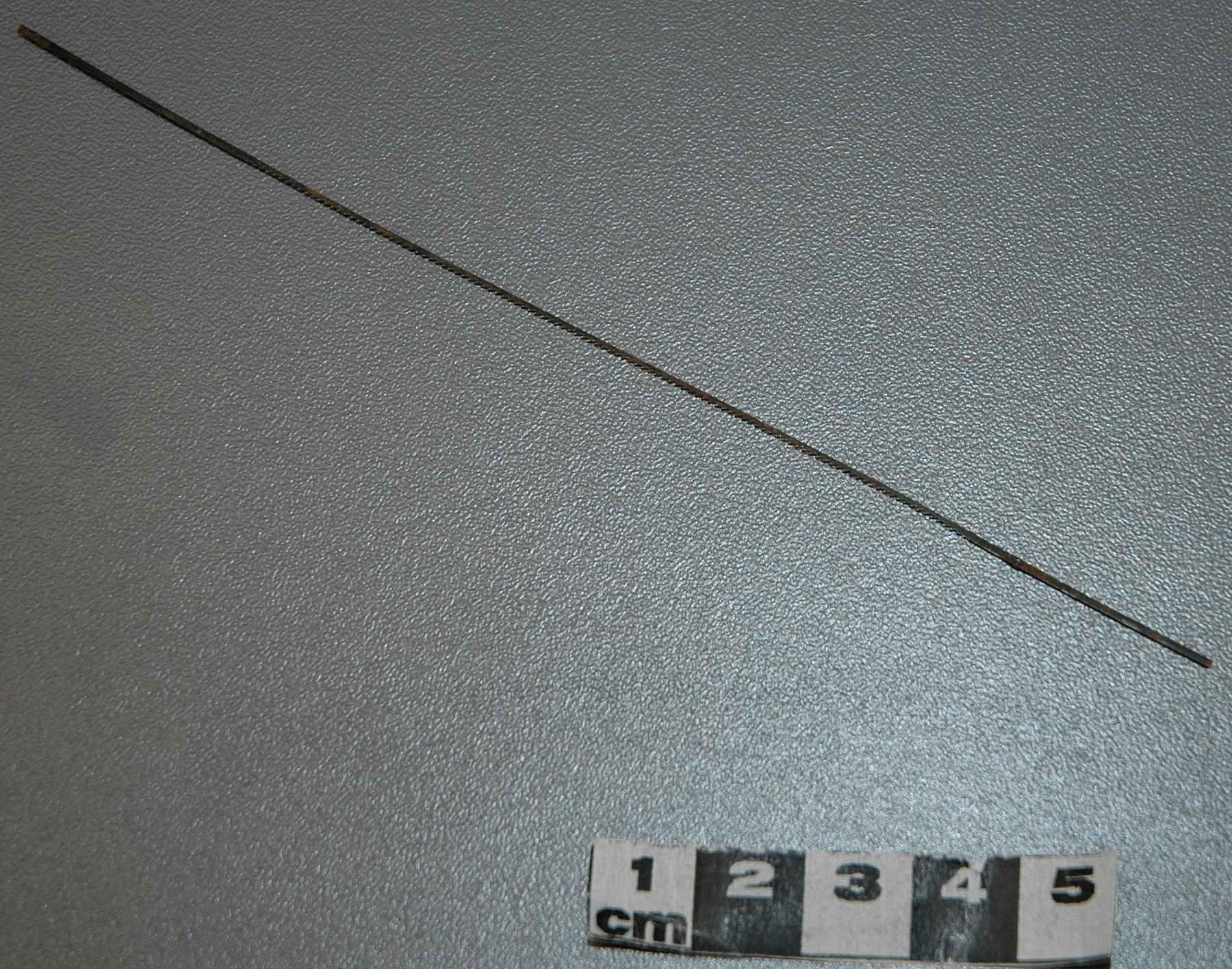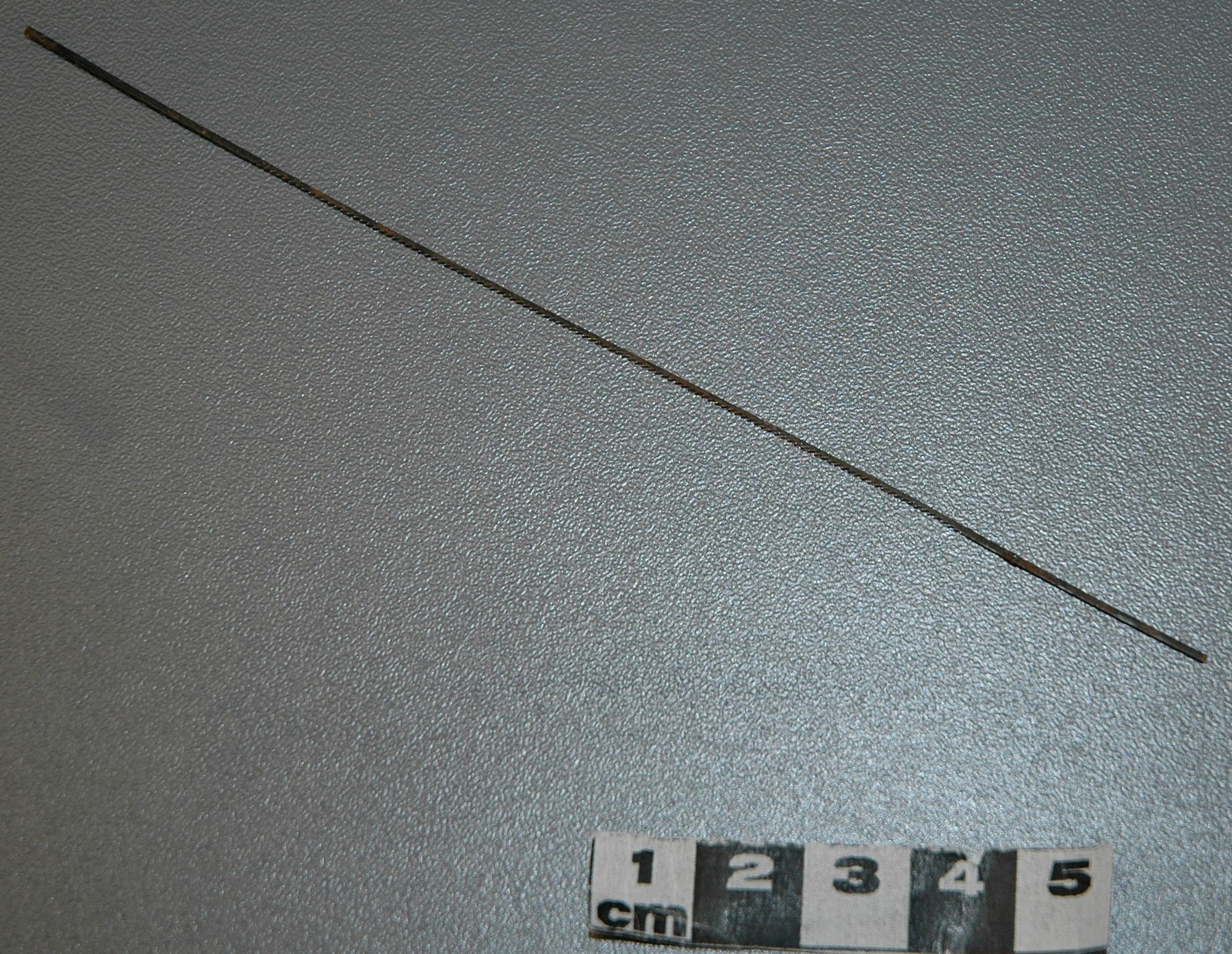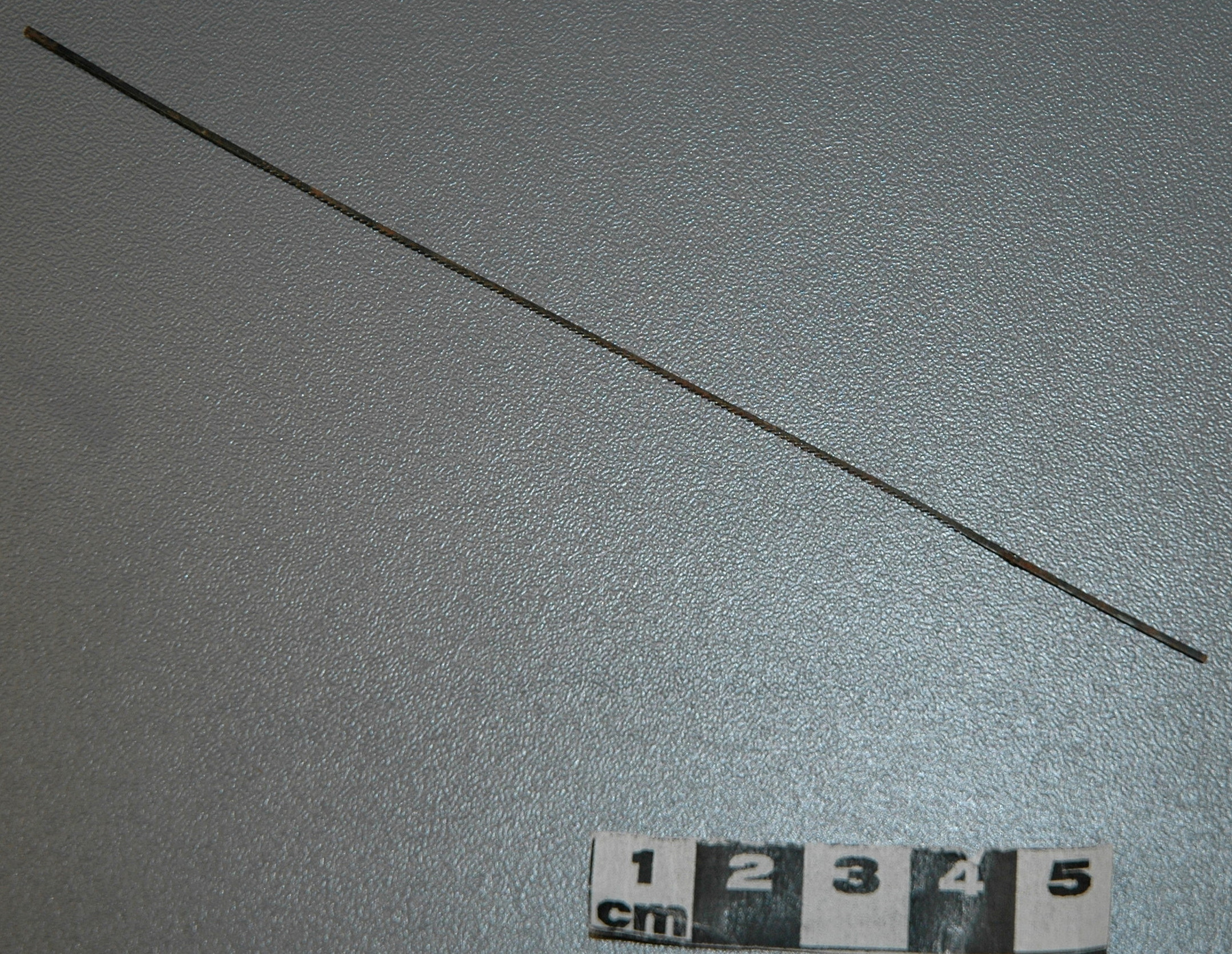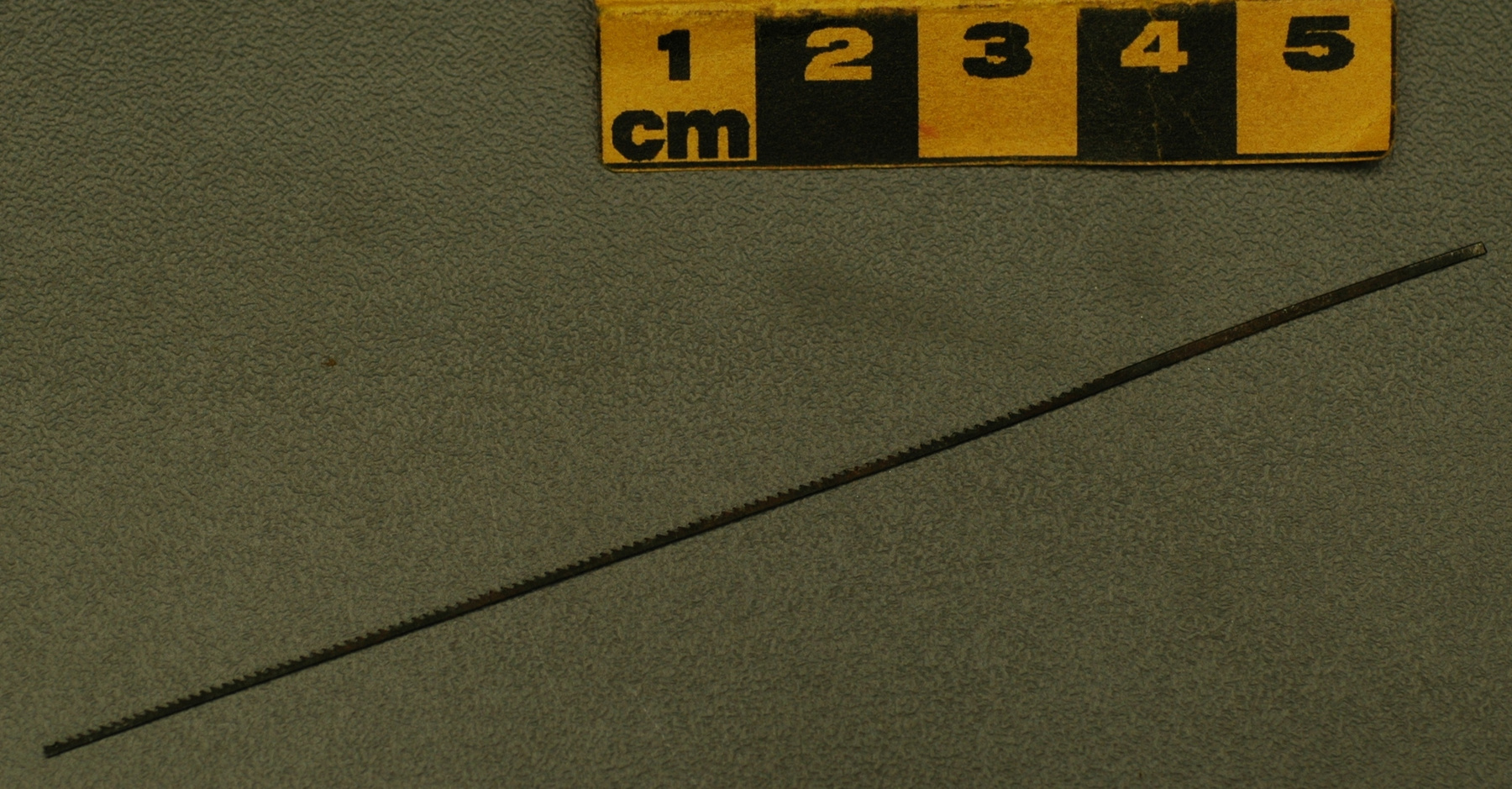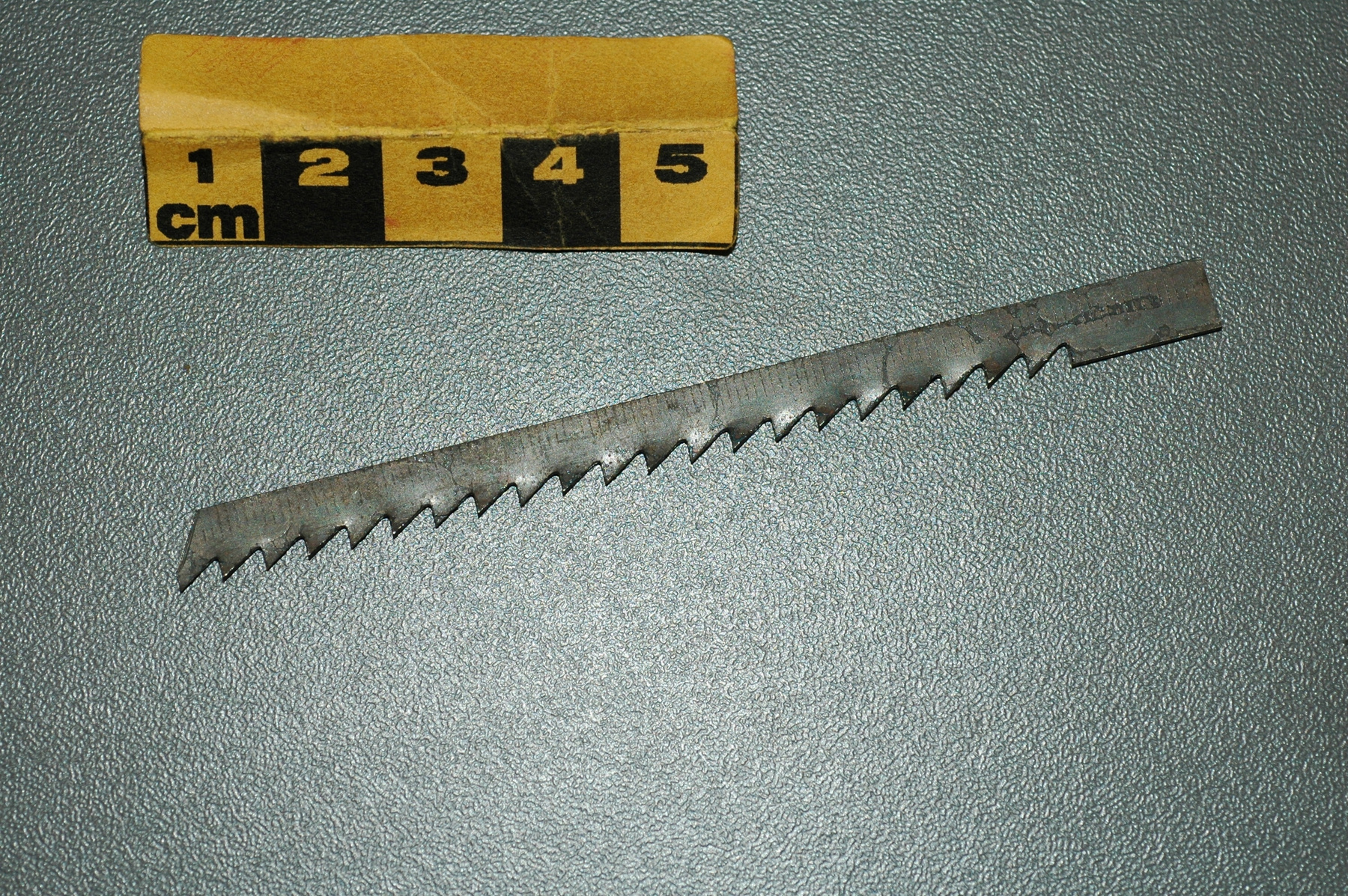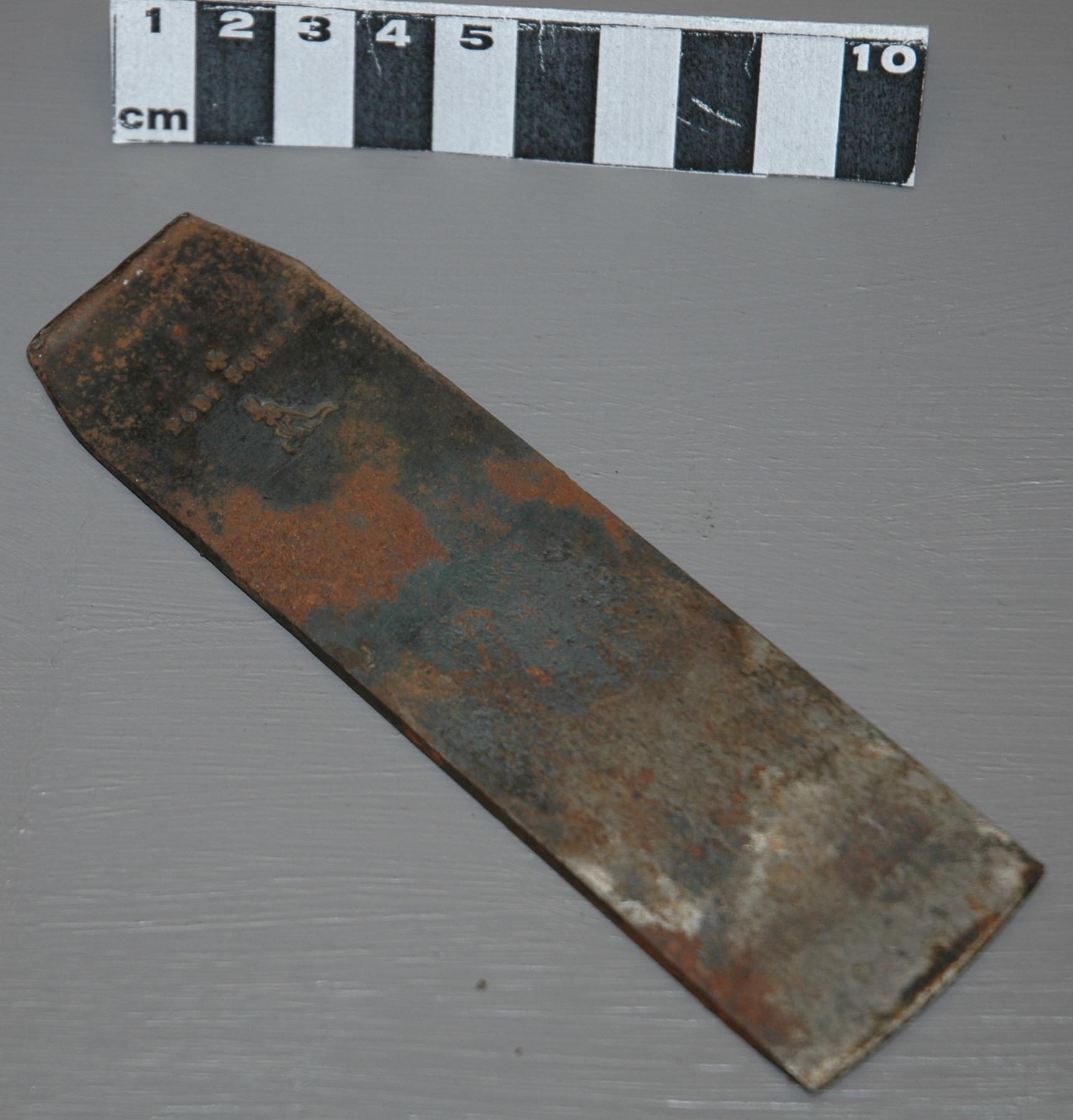Iron, plane
Use this image
Can I reuse this image without permission? Yes
Object images on the Ingenium Collection’s portal have the following Creative Commons license:
Copyright Ingenium / CC BY-NC-ND (Attribution-NonCommercial 4.0 International (CC BY-NC 4.0)
ATTRIBUTE THIS IMAGE
Ingenium,
2004.1607.004
Permalink:
Ingenium is releasing this image under the Creative Commons licensing framework, and encourages downloading and reuse for non-commercial purposes. Please acknowledge Ingenium and cite the artifact number.
DOWNLOAD IMAGEPURCHASE THIS IMAGE
This image is free for non-commercial use.
For commercial use, please consult our Reproduction Fees and contact us to purchase the image.
- OBJECT TYPE
- single/common
- DATE
- 1890–1940
- ARTIFACT NUMBER
- 2004.1607.004
- MANUFACTURER
- Sorby, Robt
- MODEL
- Unknown
- LOCATION
- Unknown
More Information
General Information
- Serial #
- N/A
- Part Number
- 4
- Total Parts
- 4
- AKA
- Jack or fore plane
- Patents
- N/A
- General Description
- metal [iron ?]
Dimensions
Note: These reflect the general size for storage and are not necessarily representative of the object's true dimensions.
- Length
- 13.8 cm
- Width
- 3.8 cm
- Height
- N/A
- Thickness
- N/A
- Weight
- N/A
- Diameter
- N/A
- Volume
- N/A
Lexicon
- Group
- Industrial Technology
- Category
- Tools-Hand
- Sub-Category
- N/A
Manufacturer
- AKA
- Sorby
- Country
- Unknown
- State/Province
- Unknown
- City
- Unknown
Context
- Country
- Canada
- State/Province
- Ontario
- Period
- Presumably used c. late 1900s- late 1940s.
- Canada
-
Part of a collection of hand tools belonging to James Anthony (1883-1966), an English born and trained carpenter who came to Canada c. 1910 and worked in and around Ottawa, ON. Following the 1916 fire which destroyed the Parliament buildings and damaged the Library, Mr. Anthony was hired as a foreman with the restoration crews. Until 1920, he was involved in the rebuilding of the Peace Tower and the installation of new windows at the Library of Parliament. He later worked with various builders in the Ottawa area, retiring in the late1940s. After his death in 1966 the tools were given to his son Jack, who in turn donated them to CSTMC. [Ref. 1] - Function
-
Plane used for rough preparation of surface by removing the irregularities left by a saw. Iron is cutting blade, used to remove long, wide, thin strips of wood from surface. - Technical
-
One of the most common of all bench planes, the Jack plane is often the first plane to be used in preparing a surface. The cutting edge of the iron is slightly rounded in order to remove large shavings without the edges scoring the wood. Sometimes called a Fore plane, particularly by joiners, because it is used 'before' other planes or finishing tools. [Ref. 4] Although shorter than standard, because of it's overall design and distinctive of handle style this plane has been tentatively identified as a German Jack plane. [Ref. 3, p. 333] - Area Notes
-
Unknown
Details
- Markings
- " [cross motif]/ ROBT SORBY/ [kangaroo motif]" stamped into iron.
- Missing
- None.
- Finish
- Silver metal (iron ?), largely darkened and with some surface rust.
- Decoration
- N/A
CITE THIS OBJECT
If you choose to share our information about this collection object, please cite:
Sorby, Robt, Iron, plane, between 1890–1940, Artifact no. 2004.1607, Ingenium – Canada’s Museums of Science and Innovation, http://collections.ingeniumcanada.org/en/id/2004.1607.004/
FEEDBACK
Submit a question or comment about this artifact.
More Like This
